
Nelson Regional Development Agency is partnering with circular economy innovation consultancy, Circularity, to bring its a XLabs: Future of Food program to the Nelson Tasman Region.

“Sustainability measures are becoming the price of admittance to the supply chain of some major corporates,” according to a new analysis for The Aotearoa Circle.
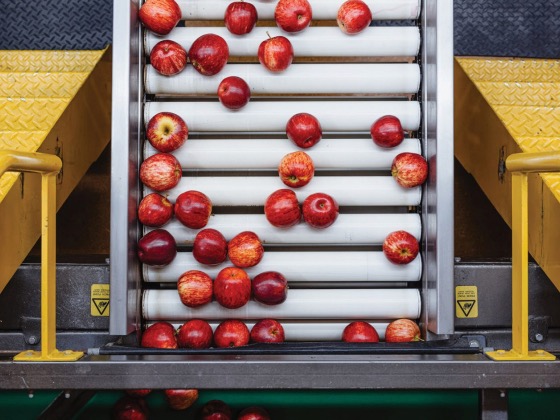
The group details its indirect emissions for the first time and circles 2025 for setting reduction targets.
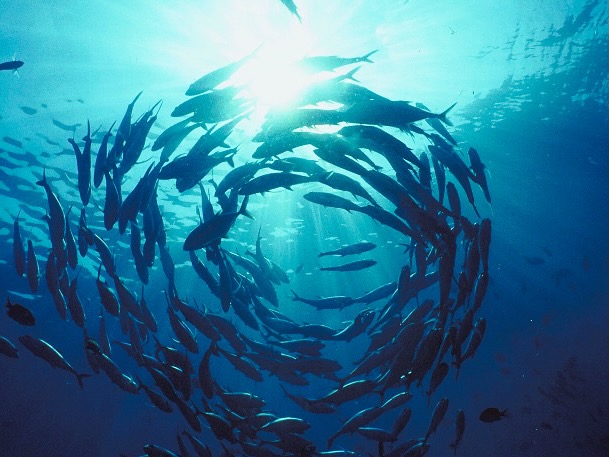
Making sure that more aquatic food we capture ends up in our mouths, rather than the bin, is crucial to reducing waste and enhancing long-term food security, says the World Economic Forum.
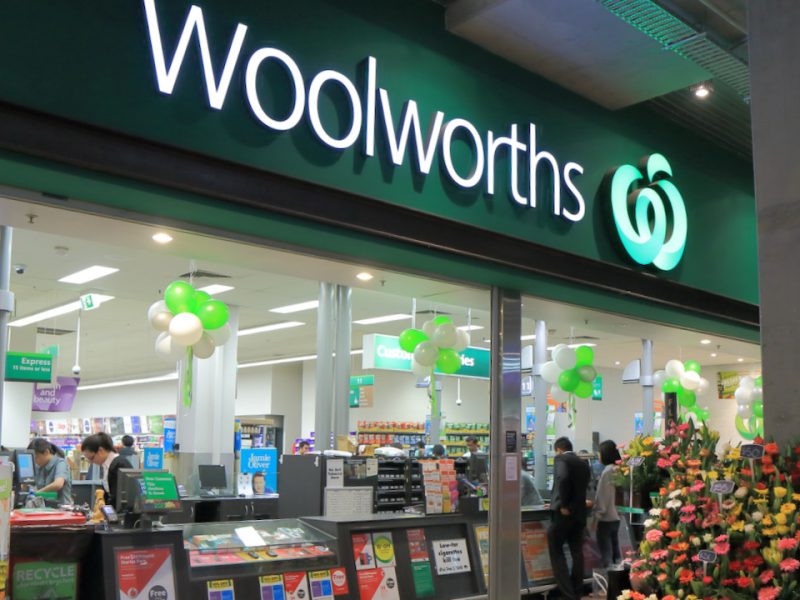
The Australasian supermarket major enlists four heavyweight peers to launch the new global fund.

Nespresso has partnered with French startup Zèta to create a line of sneakers, which incorporate coffee grounds into the soles and insoles.

An industry-led group including Woolworths New Zealand, Silver Fern Farms has won government backing for a study into establishing a local advanced recycling industry.
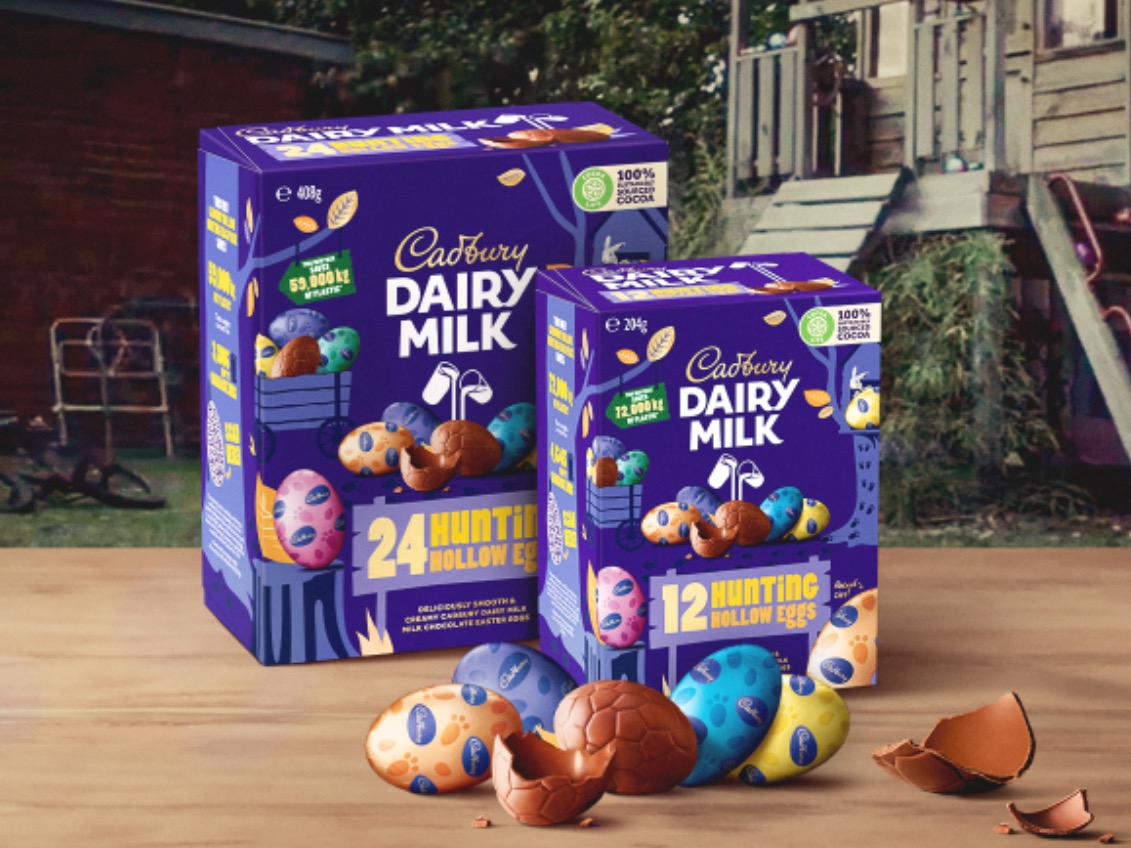
Cadbury New Zealand is rolling out a new look for some of its key Easter products that have been two years in the making, stripping out plastic and excess cardboard packaging.
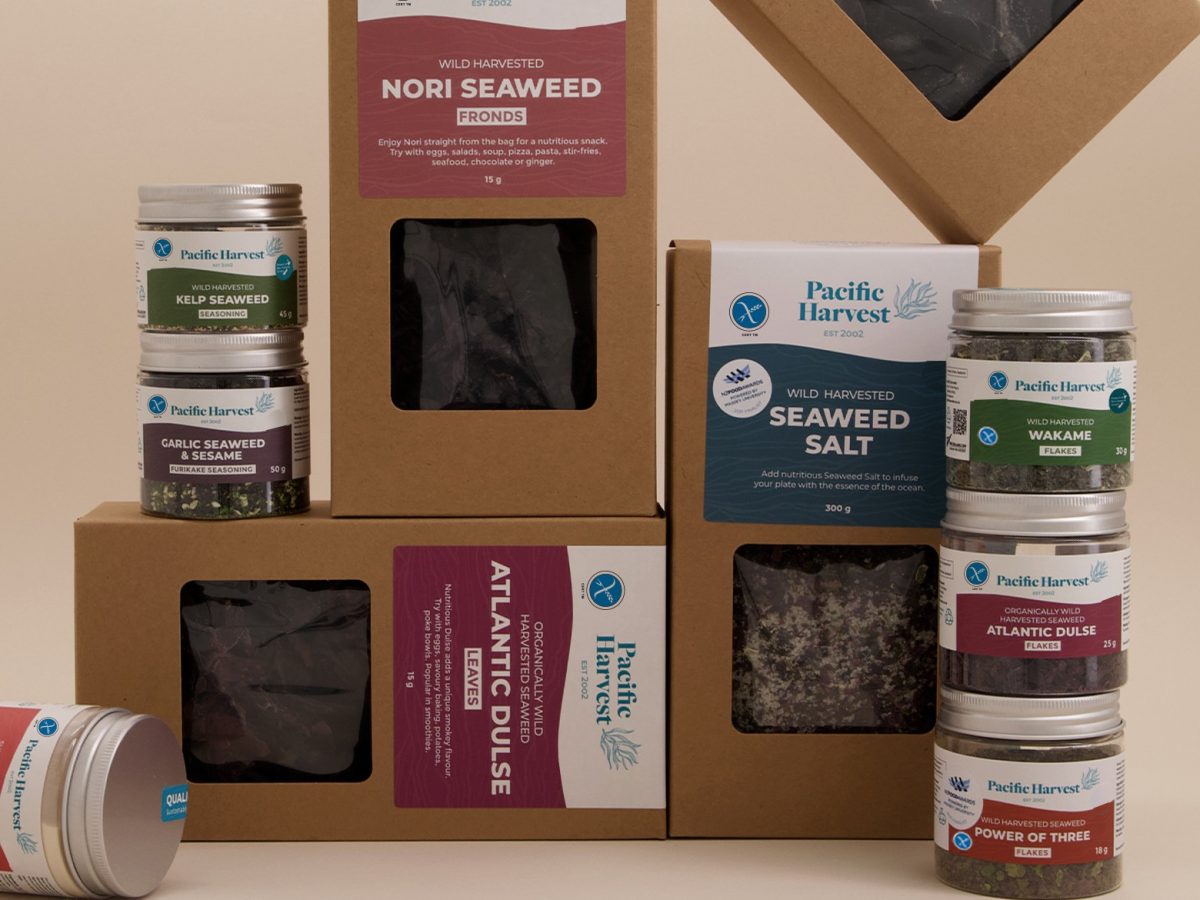
Seaweed seller Pacific Harvest has achieved B Corp Certification.

Consumer New Zealand is calling for examples of products suspected of greenwashing as part of a campaign to determine the scope of the problem in New Zealand.
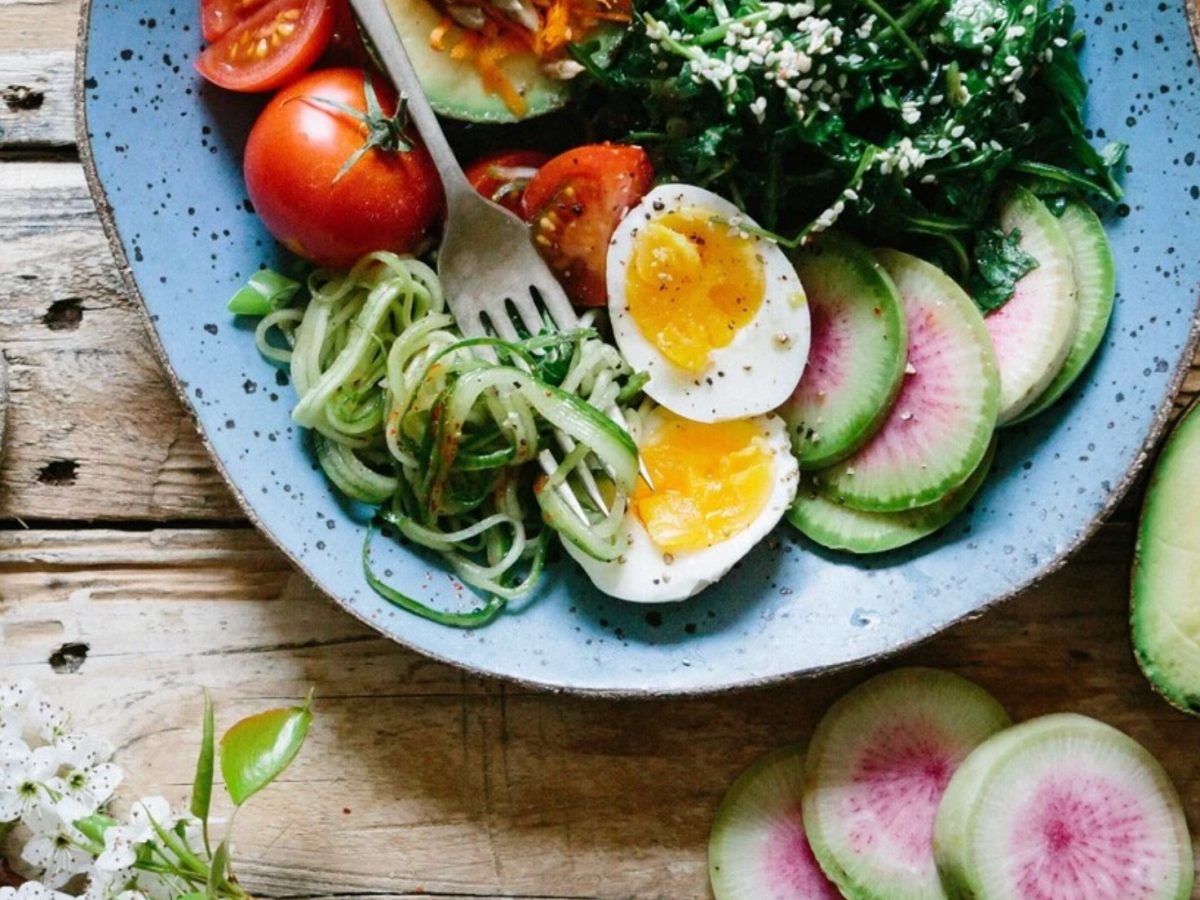
The global food system no longer meets the world’s health or sustainability needs but there are ways to help consumers make better choices, according to the World Economic Forum and Accenture.
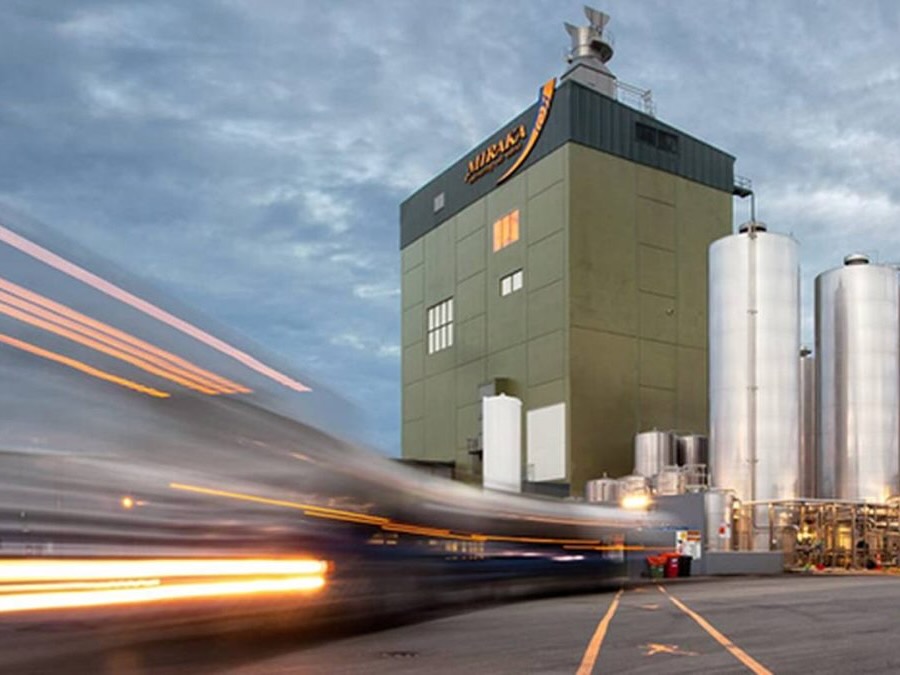
Taupō dairy processor Miraka has become a certified B Corporation.
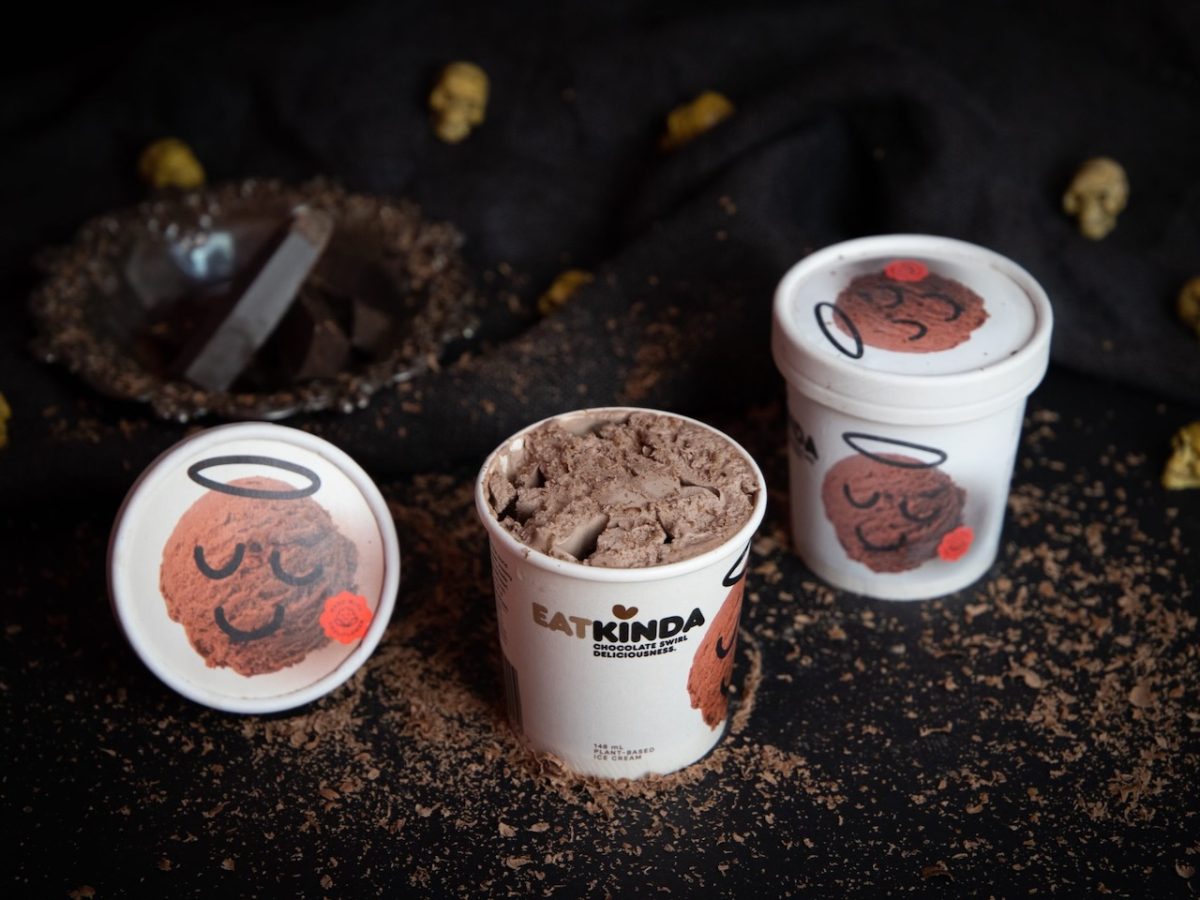
Alternative protein investment firm Better Bite Ventures is looking for new founders to back via its First Bite initiative designed to support idea-stage and just-launched startups in APAC.
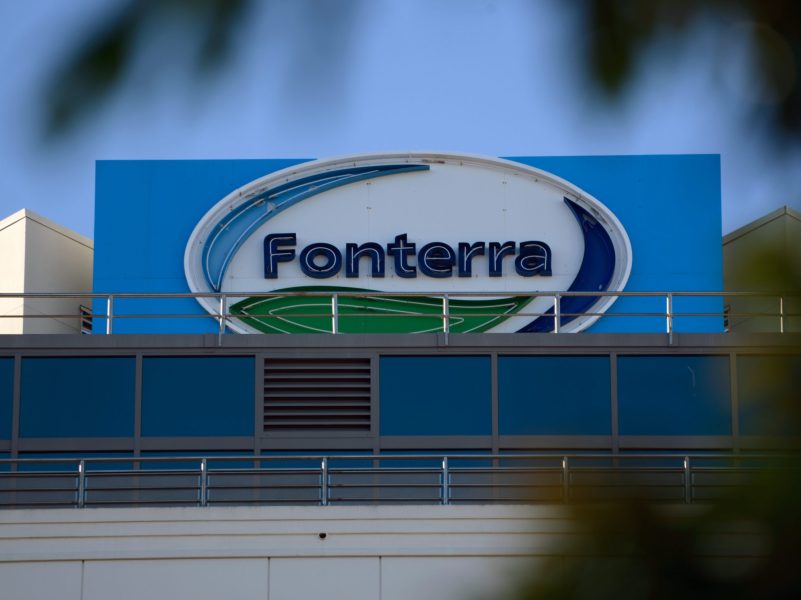
Fonterra’s B2B ingredients division, New Zealand Milk Products, has launched a tool that shows the emissions profile of individual products, enabling customers to make Scope 3 calculations.
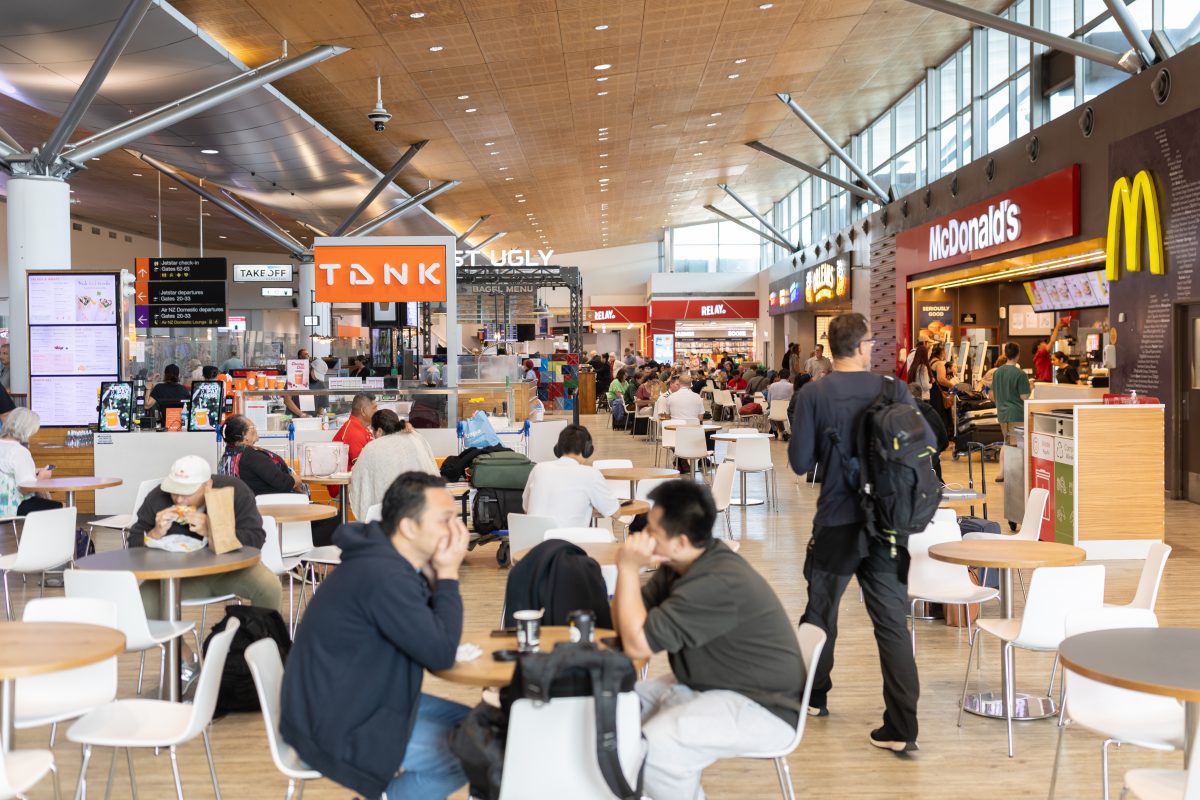
Auckland Airport is expanding its food waste composting scheme at the domestic terminal to now include some parts of the food and beverage areas of the international terminal.
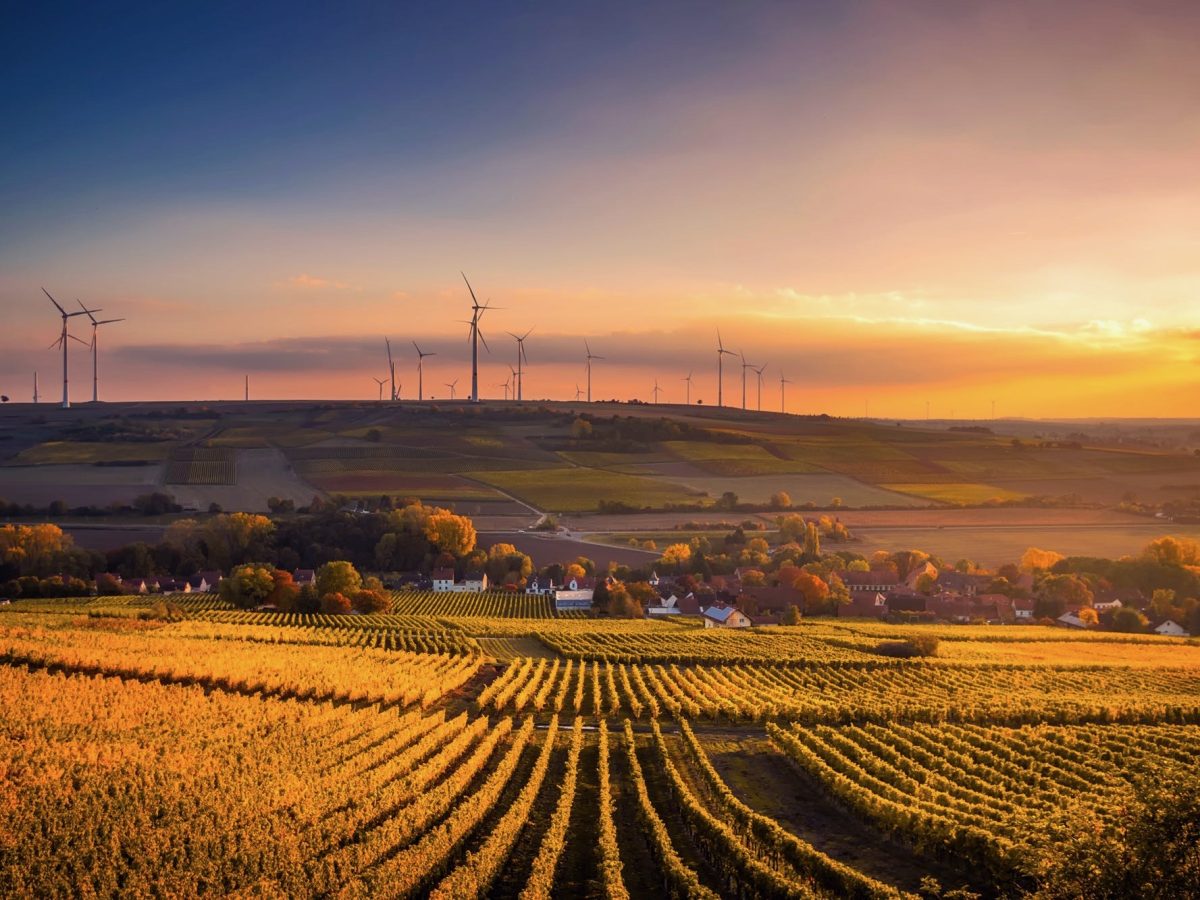
Increasing concern over climate change and consumer preferences for low-footprint foods, make developing an integrated climate, energy and alternative food plan for NZ seem eminently timely, says University of Canterbury’s Ian Mason.
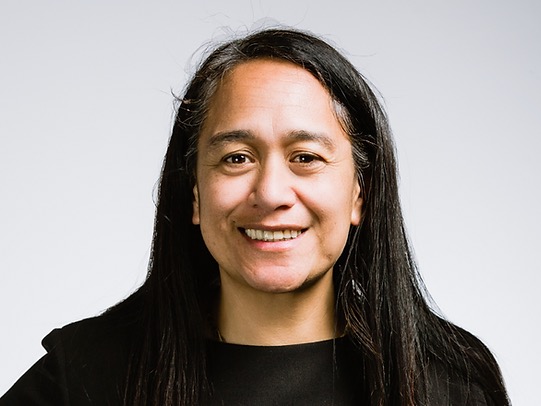
Mana Kai’s approach to New Zealand’s national food system calls upon us all to commit to a vision of balance and prosperity, says chair Rangimarie Hunia.
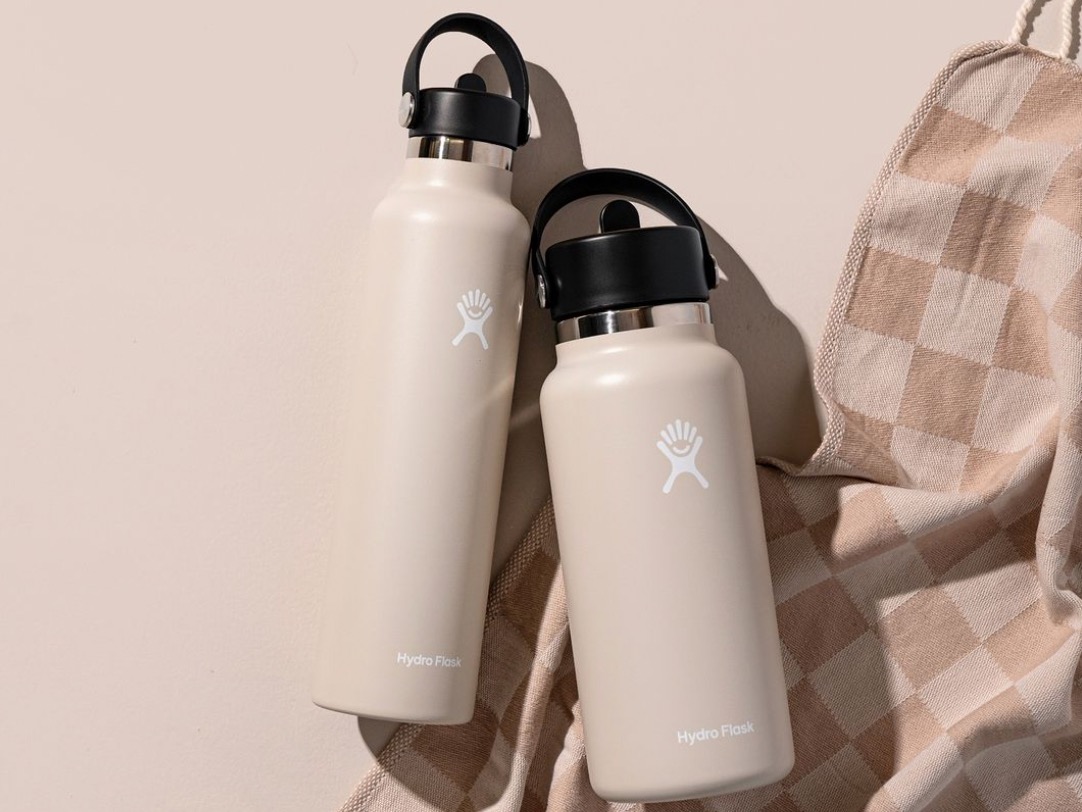
The New Zealand Open presented by Sky Sport is partnering with reusable drink bottle company, Hydro Flask in an effort to reduce waste at the 103rd Edition of the tournament.
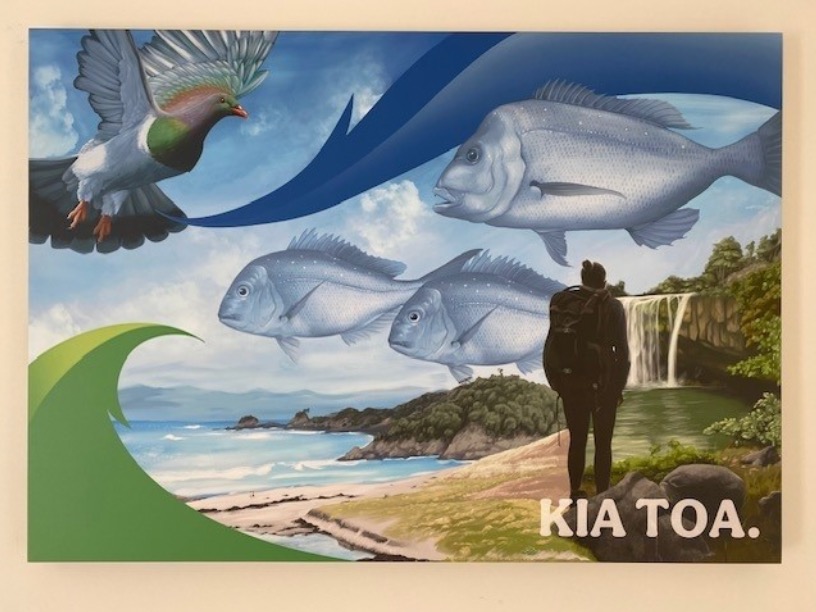
Fonterra process operator and artist, Lui Peti, has created a series of artworks for the co-operative’s Kauri site in Northland.
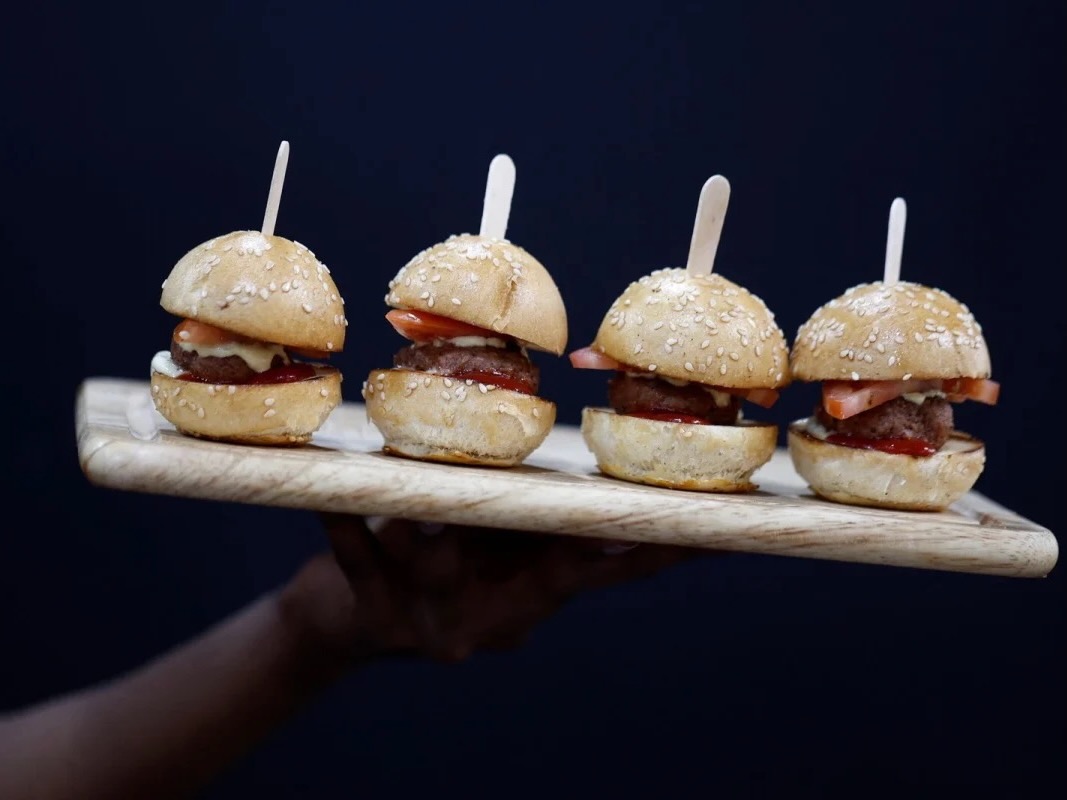
New technologies can play an important role in creating more robust, sustainable and affordable food production ecosystems, according to Fork and Good chief executive and co-founder Niyati Gupta.
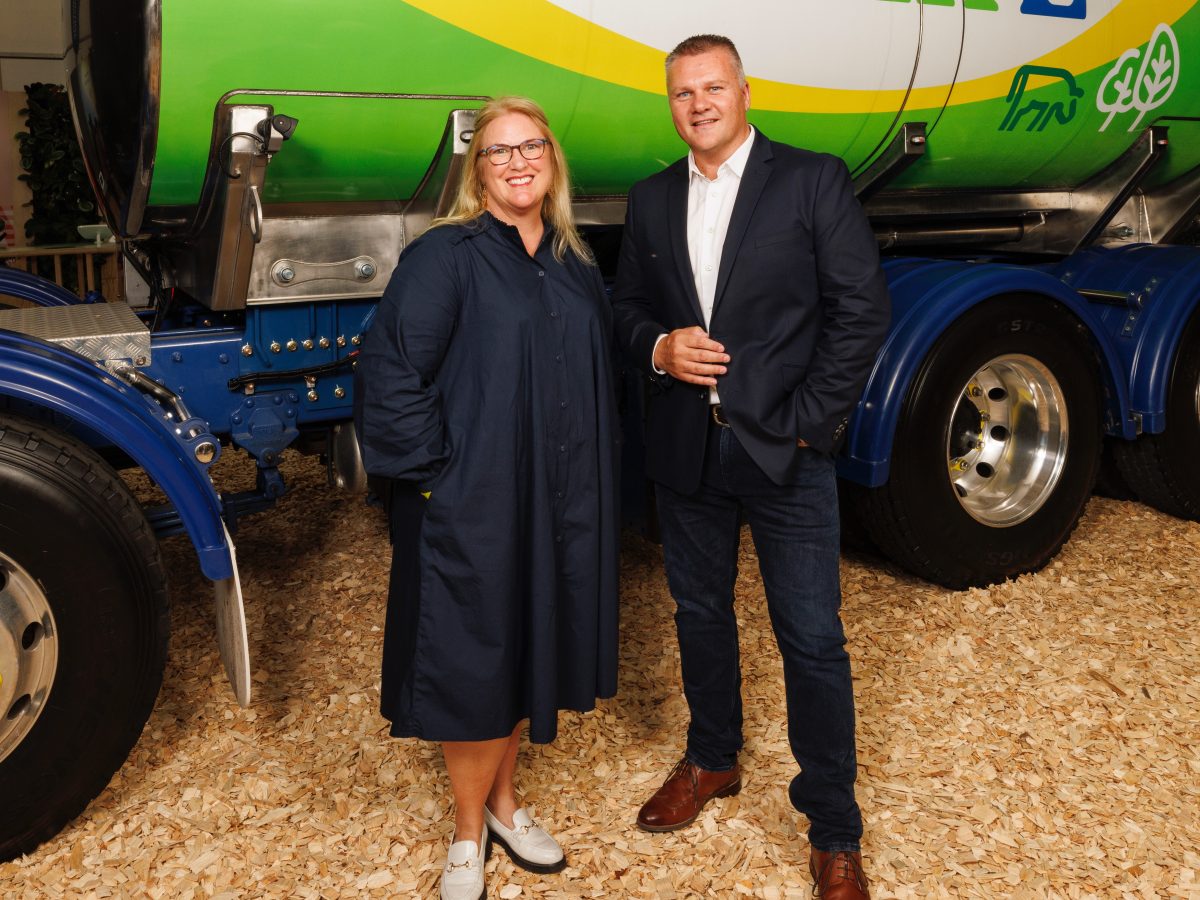
Nestle has agreed to to make a payment to Fonterra farmers who take steps to improve on-farm emissions.
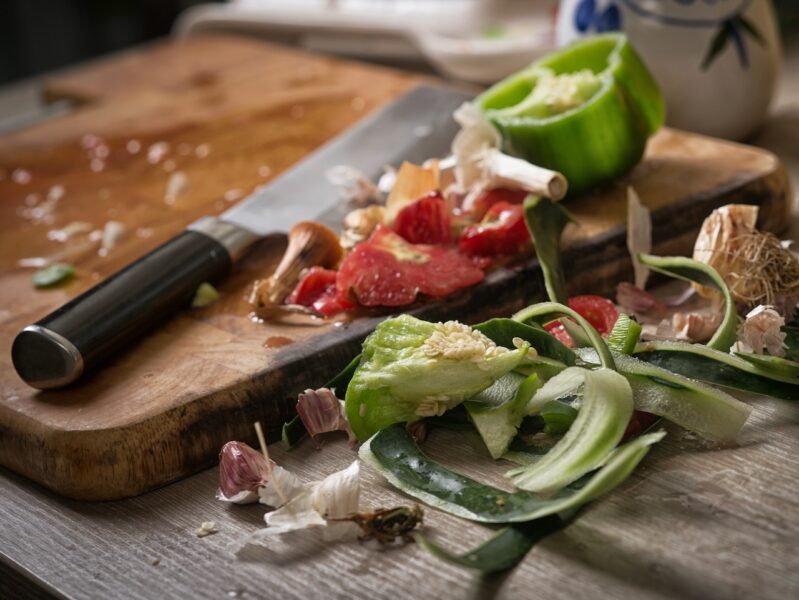
A food waste behaviour change pilot involving 120 cafes and restaurants across Auckland and the Bay of Plenty regions will get underway in February 2024.
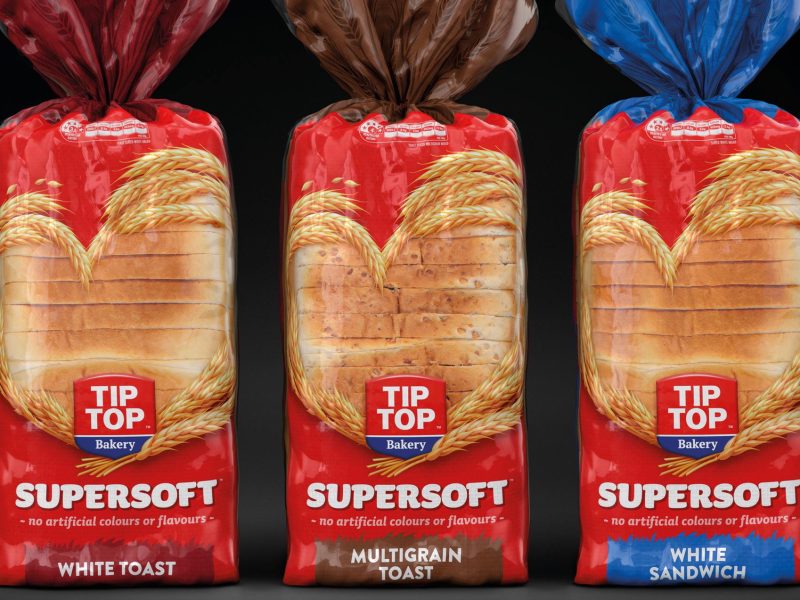
George Weston Foods New Zealand is the latest signatory to the Kai Commitment, a voluntary agreement by leading food sector businesses to reduce food waste and associated greenhouse gas emissions.
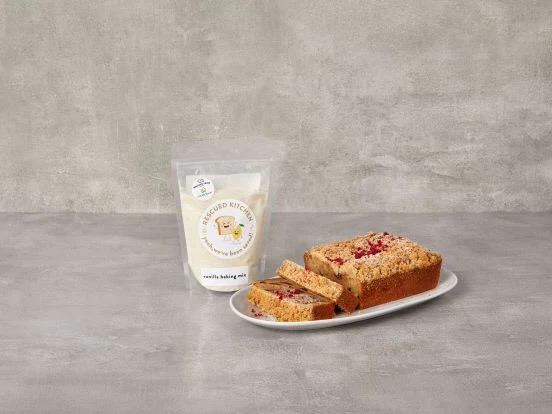
Rescued Kitchen has won a brand boost from creative studio Tomorrow.
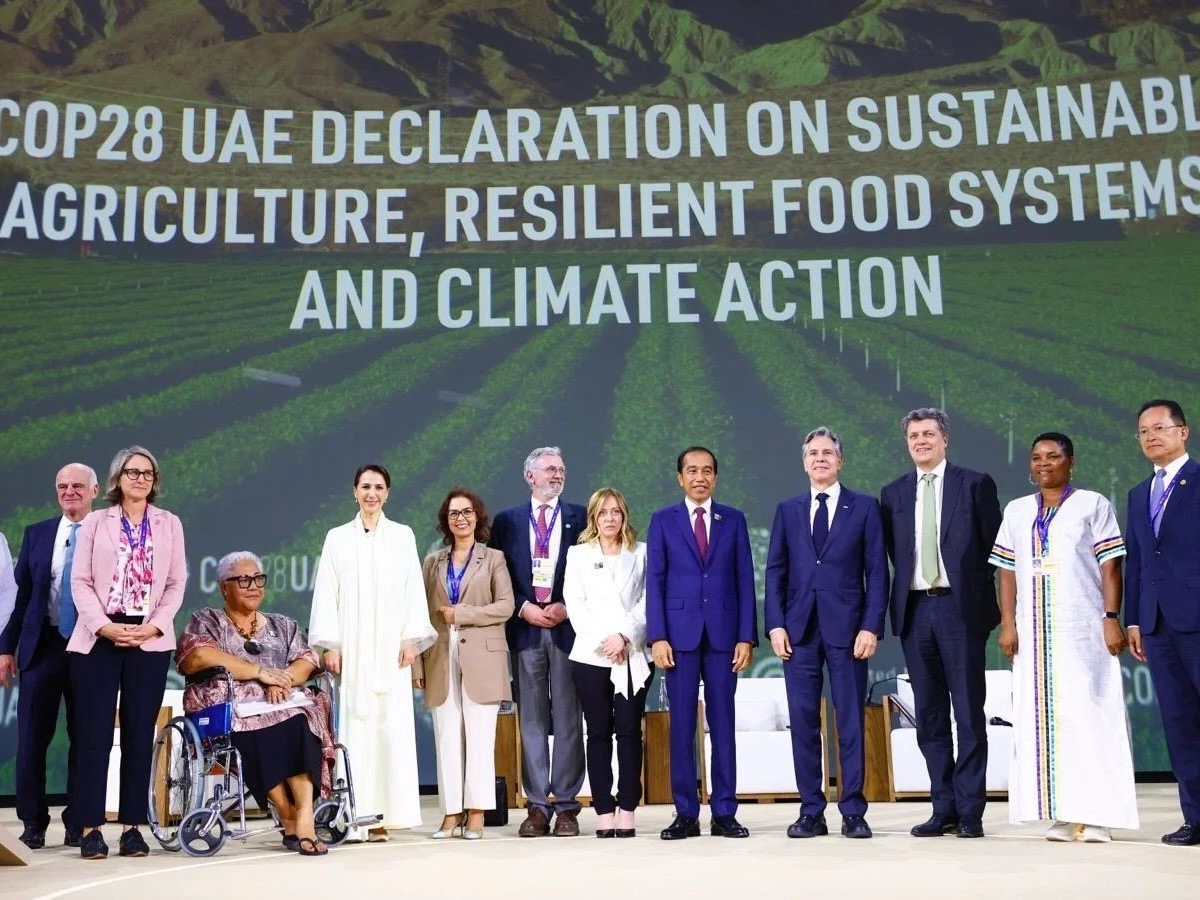
NZ joins more than 130 countries to sign the Leaders Declaration on Food Systems, Agriculture and Climate Action.
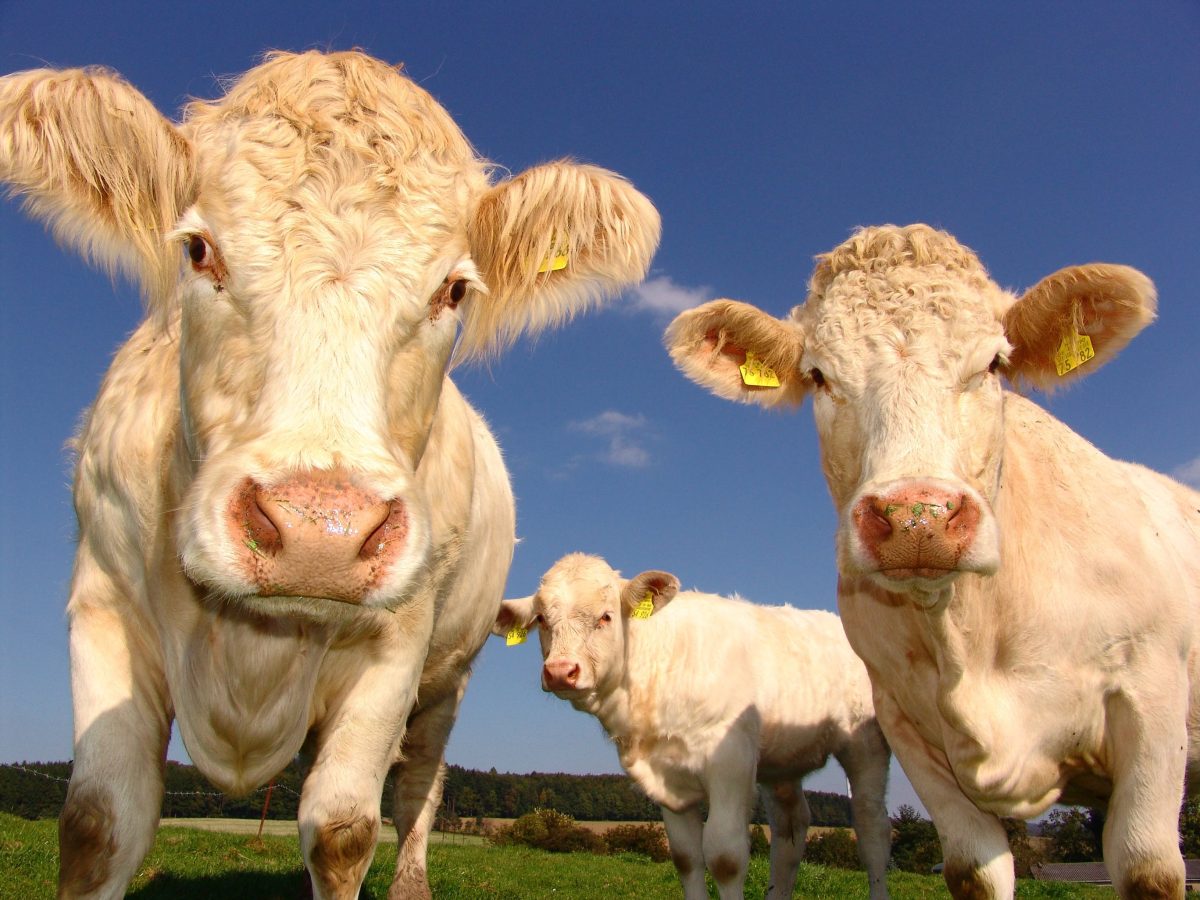
Innovations are emerging to minimise greenhouse gas emissions and ensure sufficient food supply.
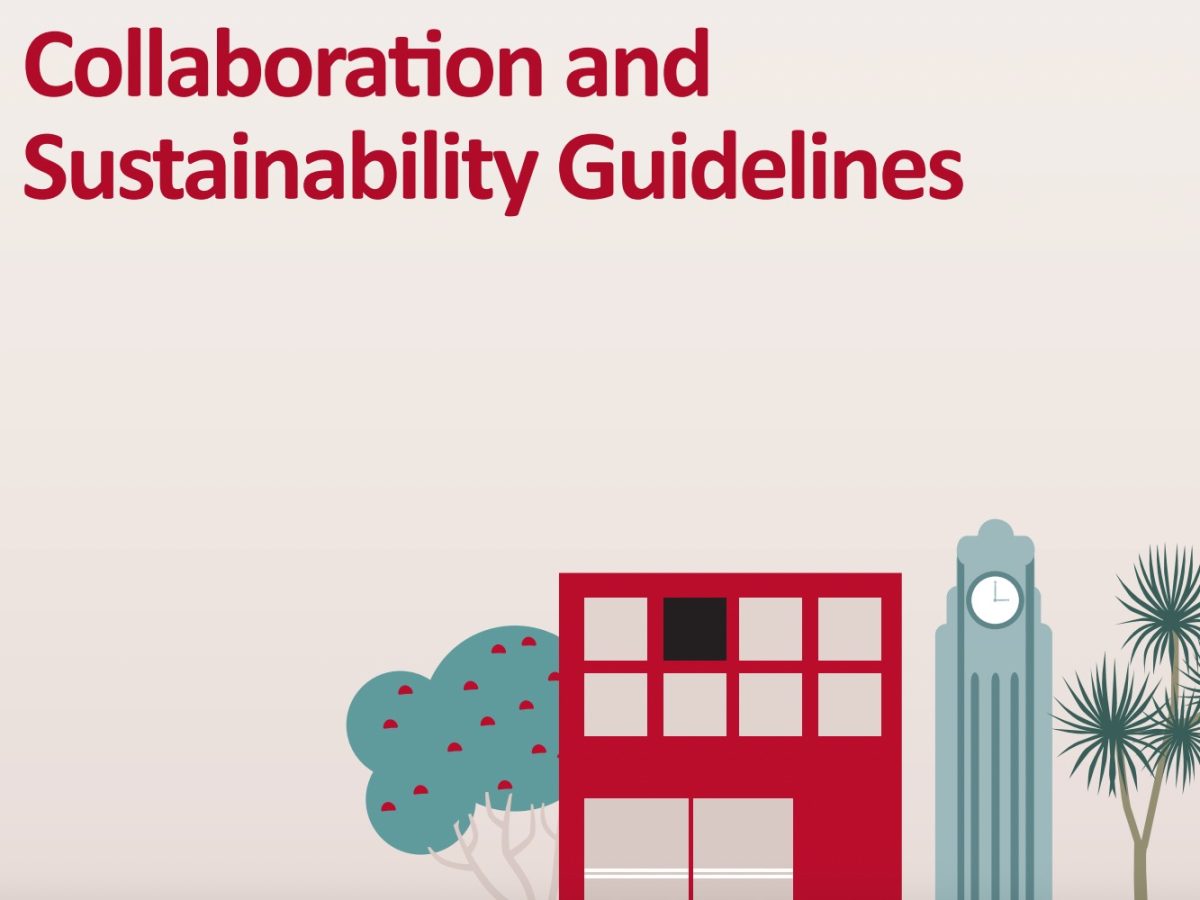
The Commerce Commission has issued new guidance to help businesses working together to pursue sustainability goals, with a focus on distinguishing between illegal collusion and legitimate collaboration.
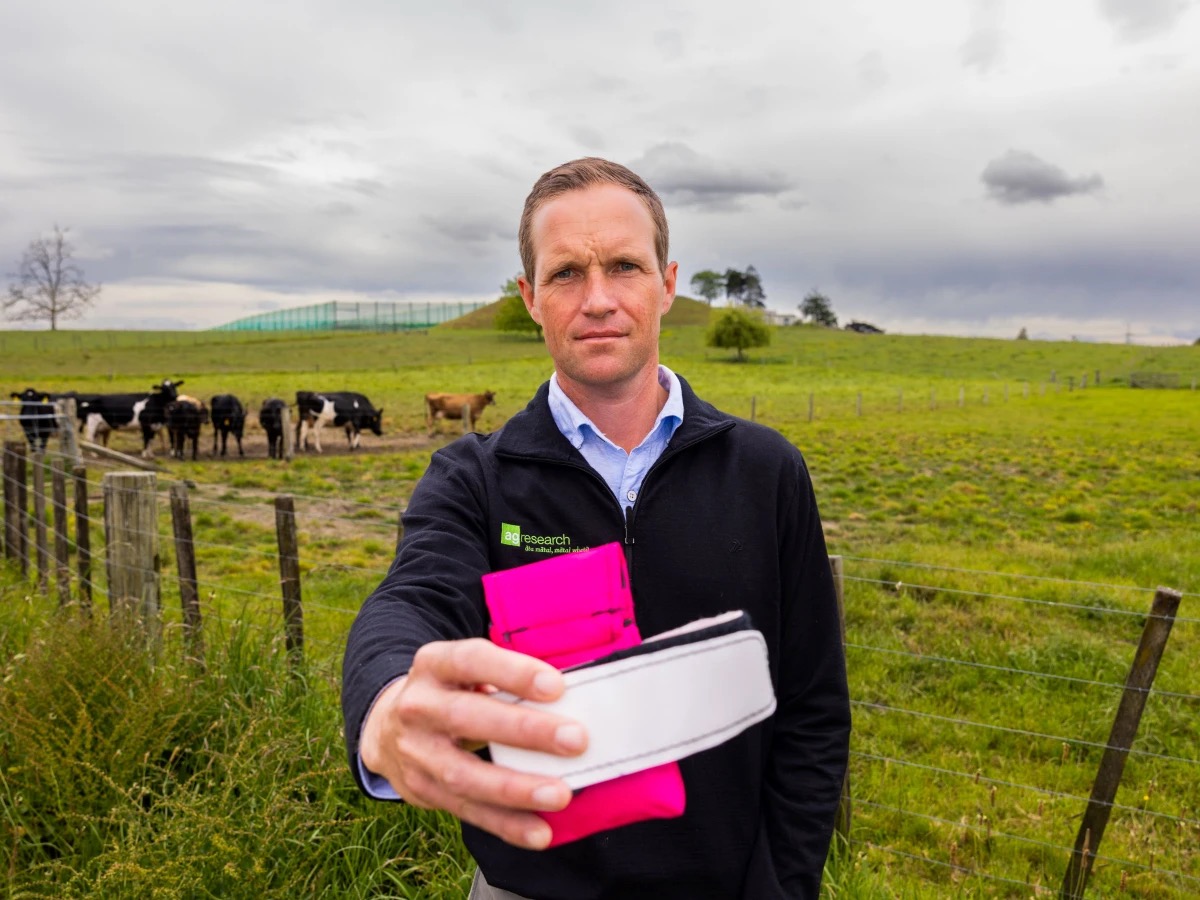
Scientists at the AgResearch have developed ‘acoustic urine sensors’ to tackle the problem of nitrogen loss from the urine of cattle which affects water quality and leads to emissions of nitrous oxide, a potent greenhouse gas.
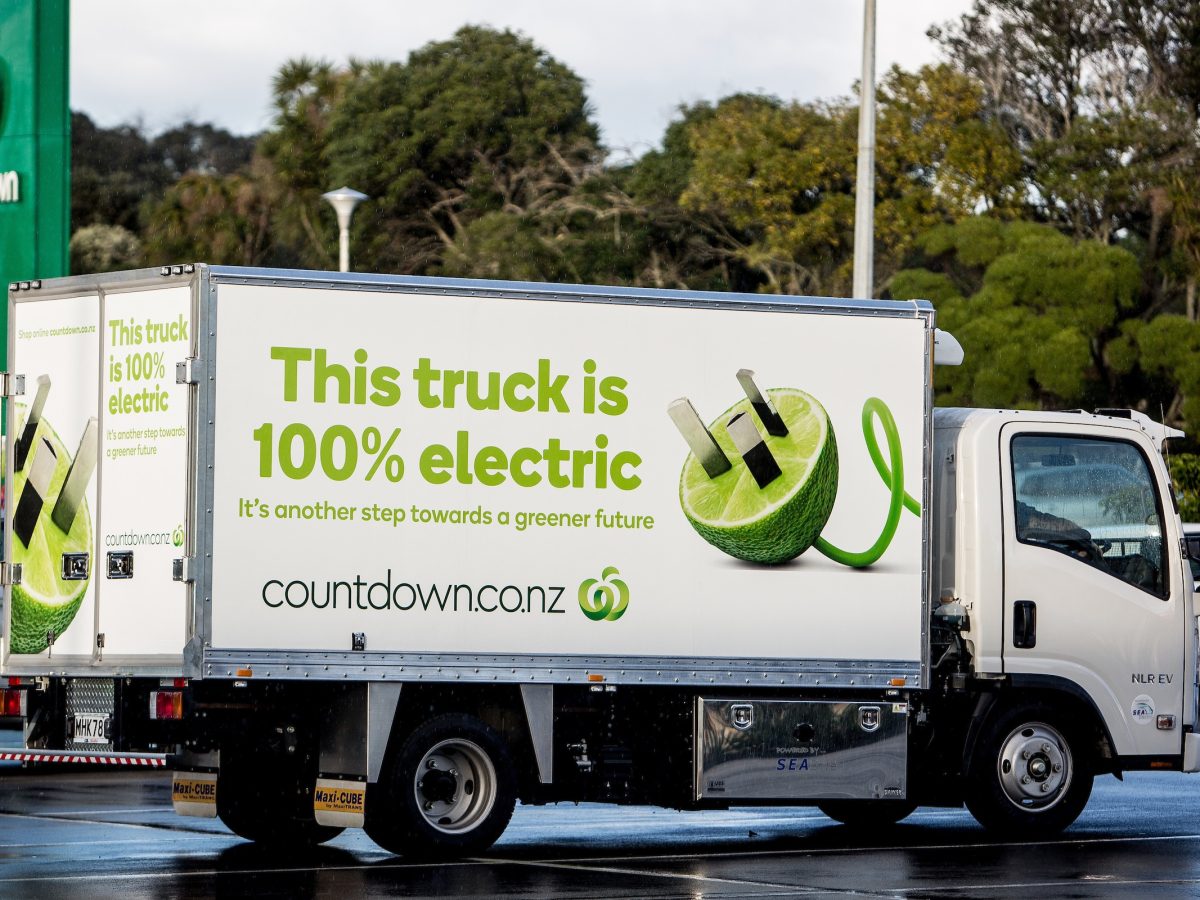
Woolworths New Zealand is aiming to transition 100% of its home delivery trucks to be electric powered by 2030.
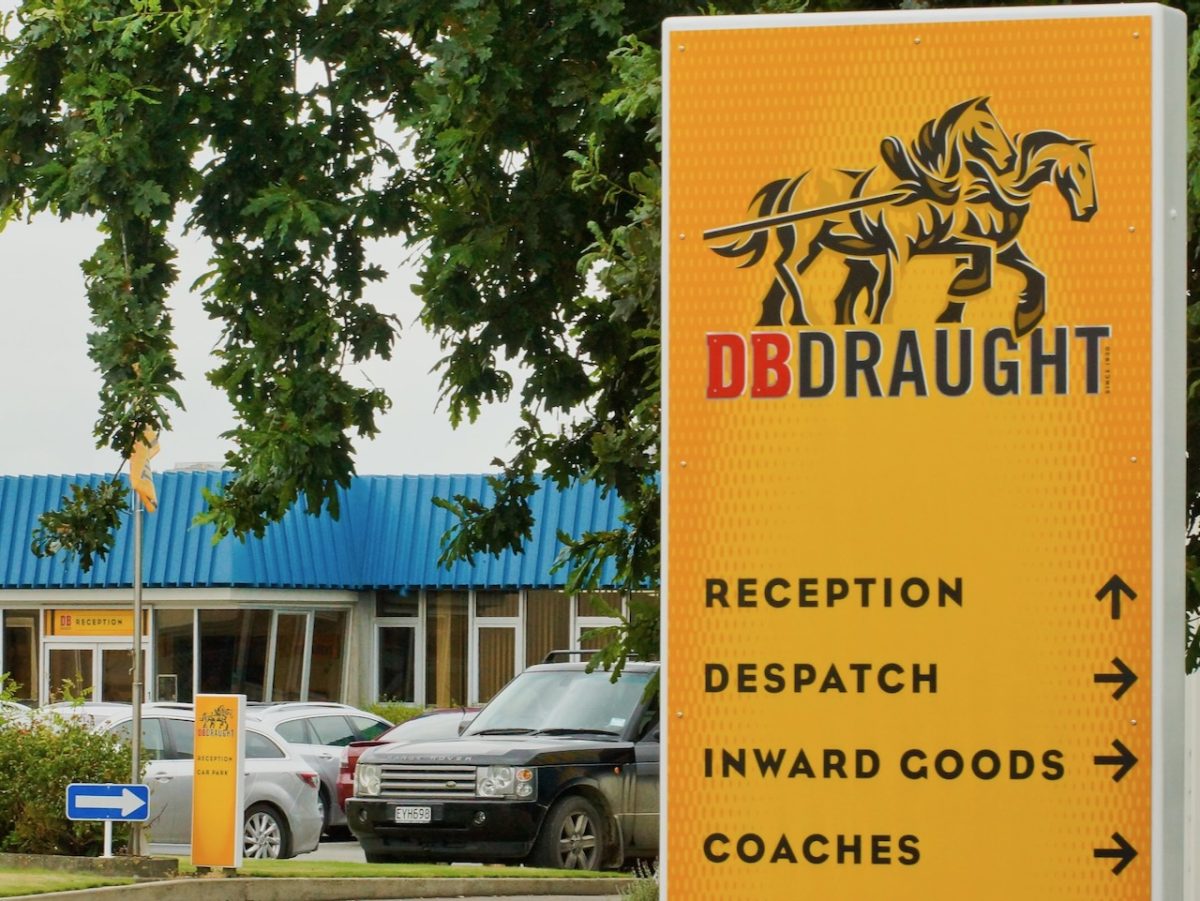
DB Breweries has completed the construction of its on-site wastewater treatment facility at its Timaru brewery.
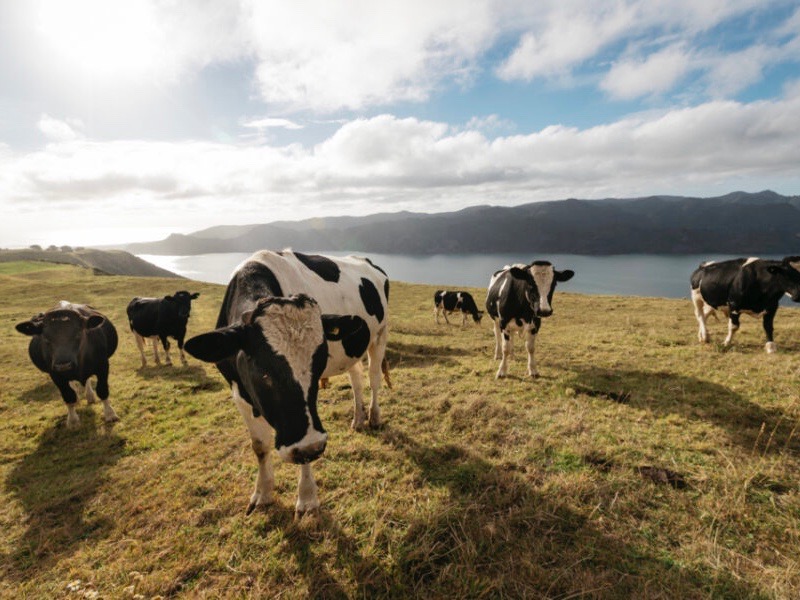
Beef + Lamb New Zealand will have two representatives at the UN Climate Change Conference of the Parties (COP28) meeting taking place in Dubai imminently.
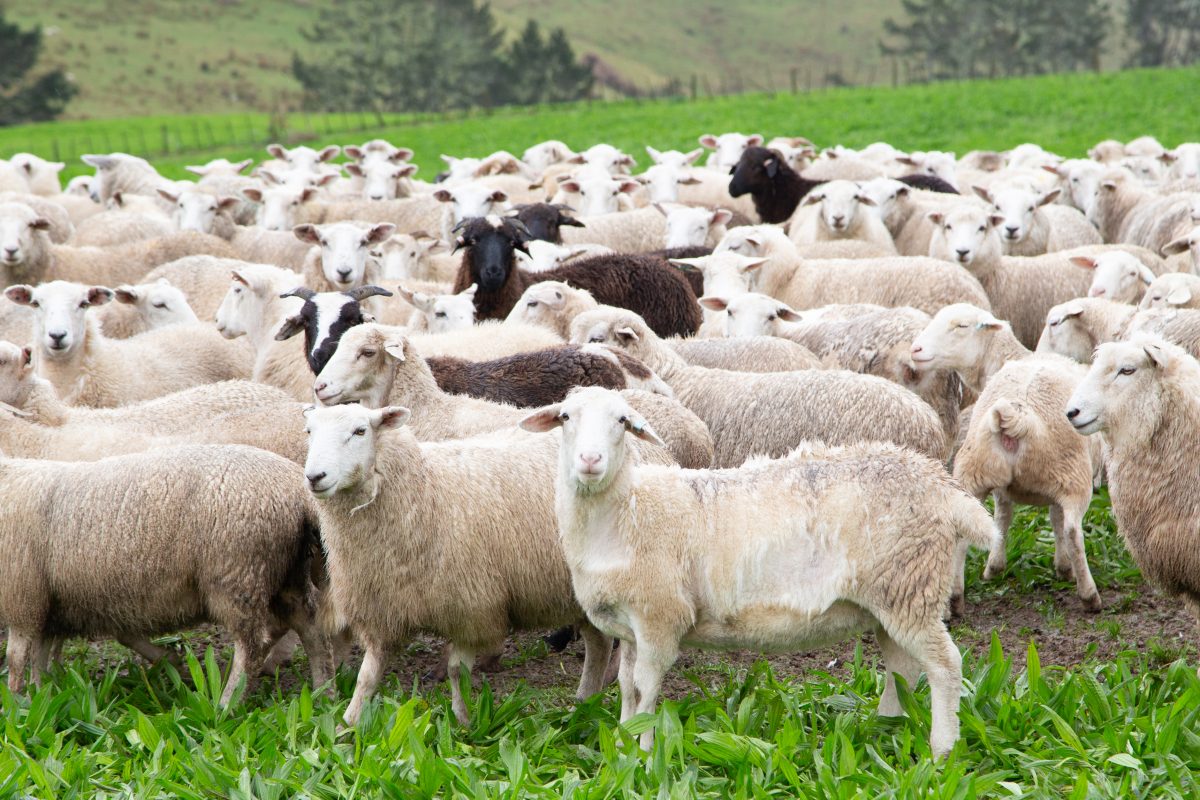
Westpac New Zealand has announced new emissions intensity targets for some agri-customers.

A healthy smattering of food system faces have made it into Time Magazine’s 100 most influential climate leaders in business rubbing shoulders with bankers, politicians, and oil and energy tycoons.
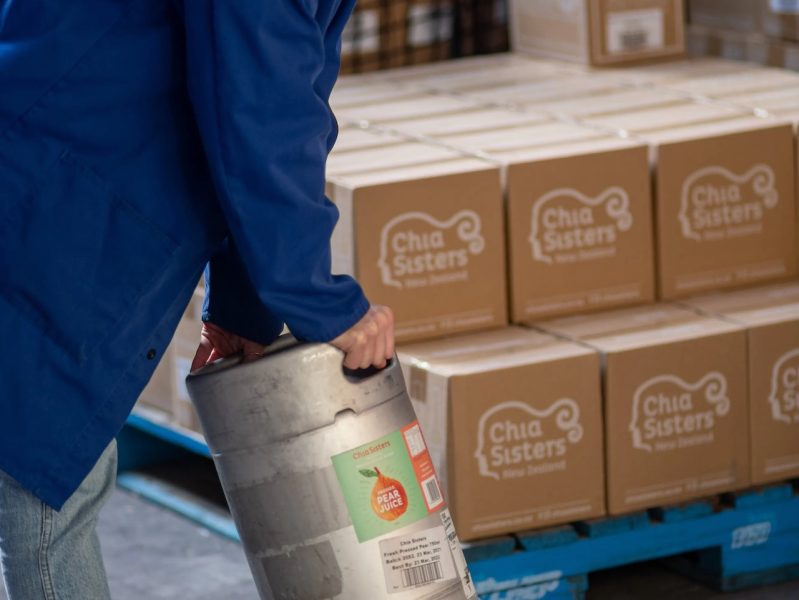
Kiwi food companies that took the plunge to become B Corps have seen it pay off with better-than-average sales growth.
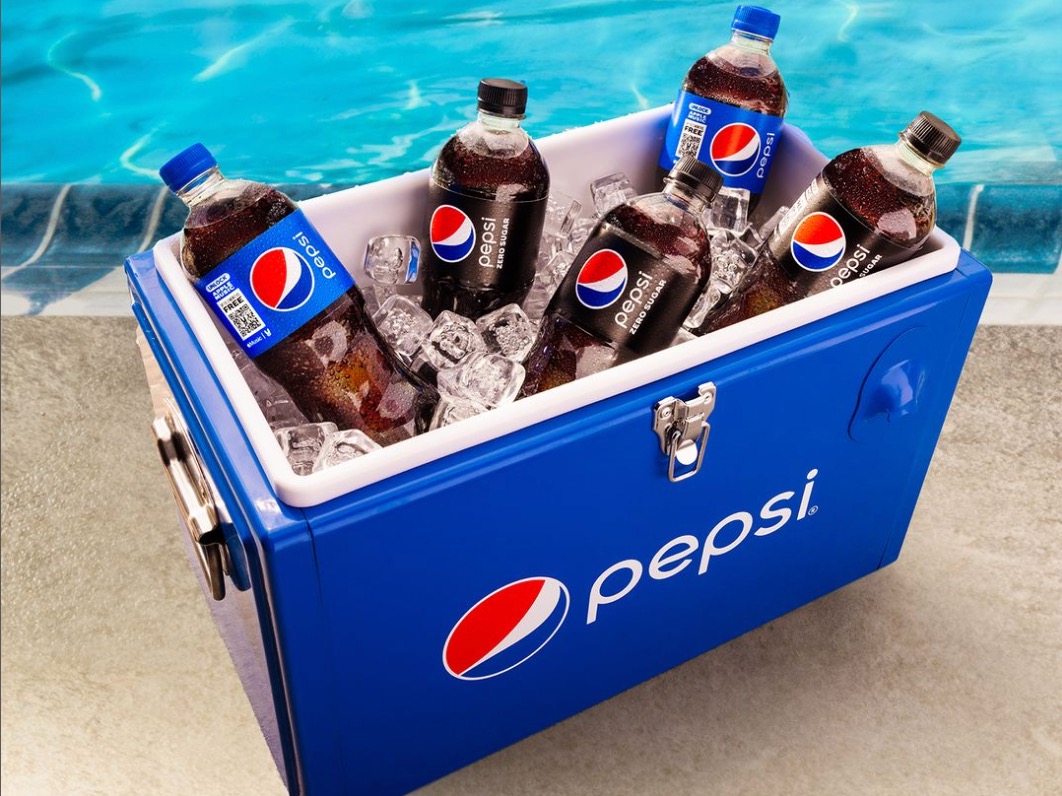
The lawsuit is believed to be among the first by a US state to target a major plastics producer.
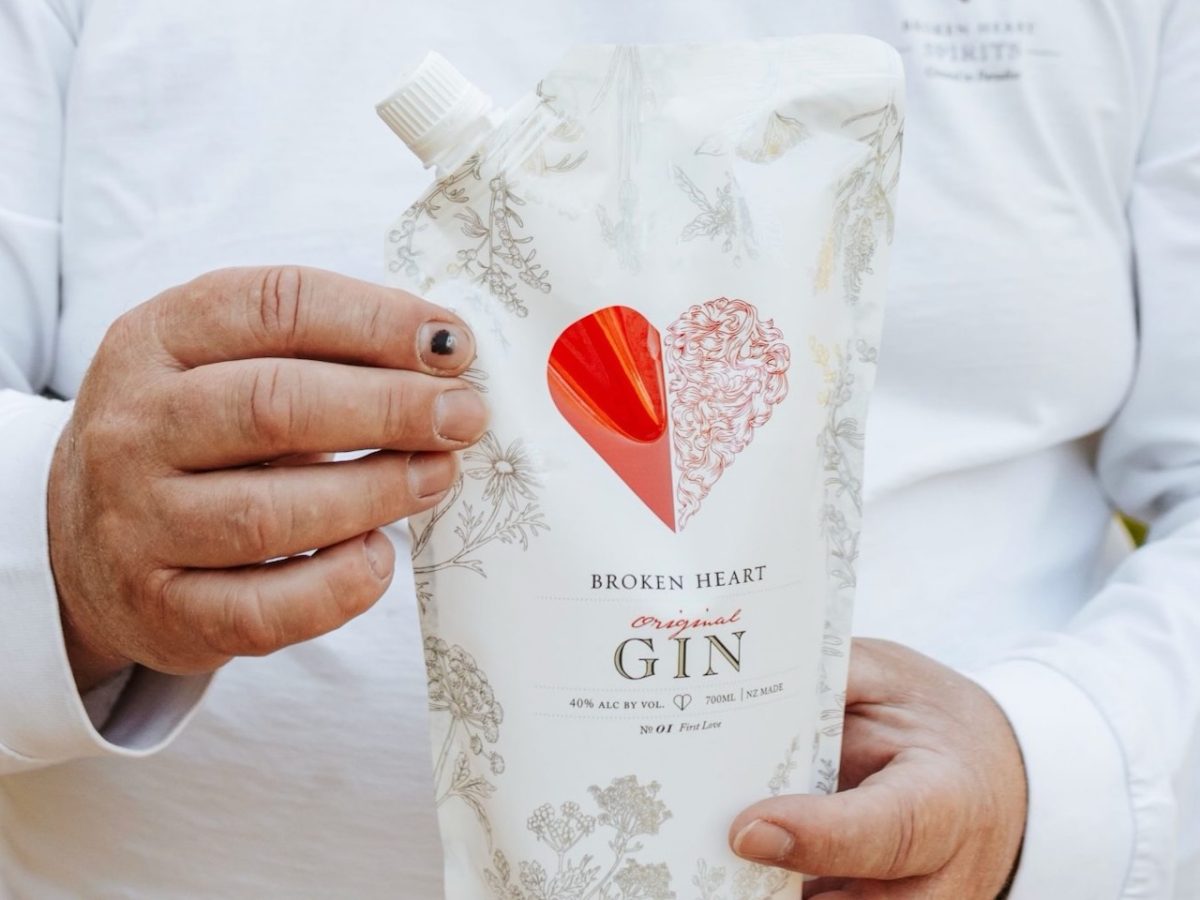
Queenstown’s Broken Heart Spirits distillery has launched what is says is the country’s first fully recyclable eco-refill pouches.
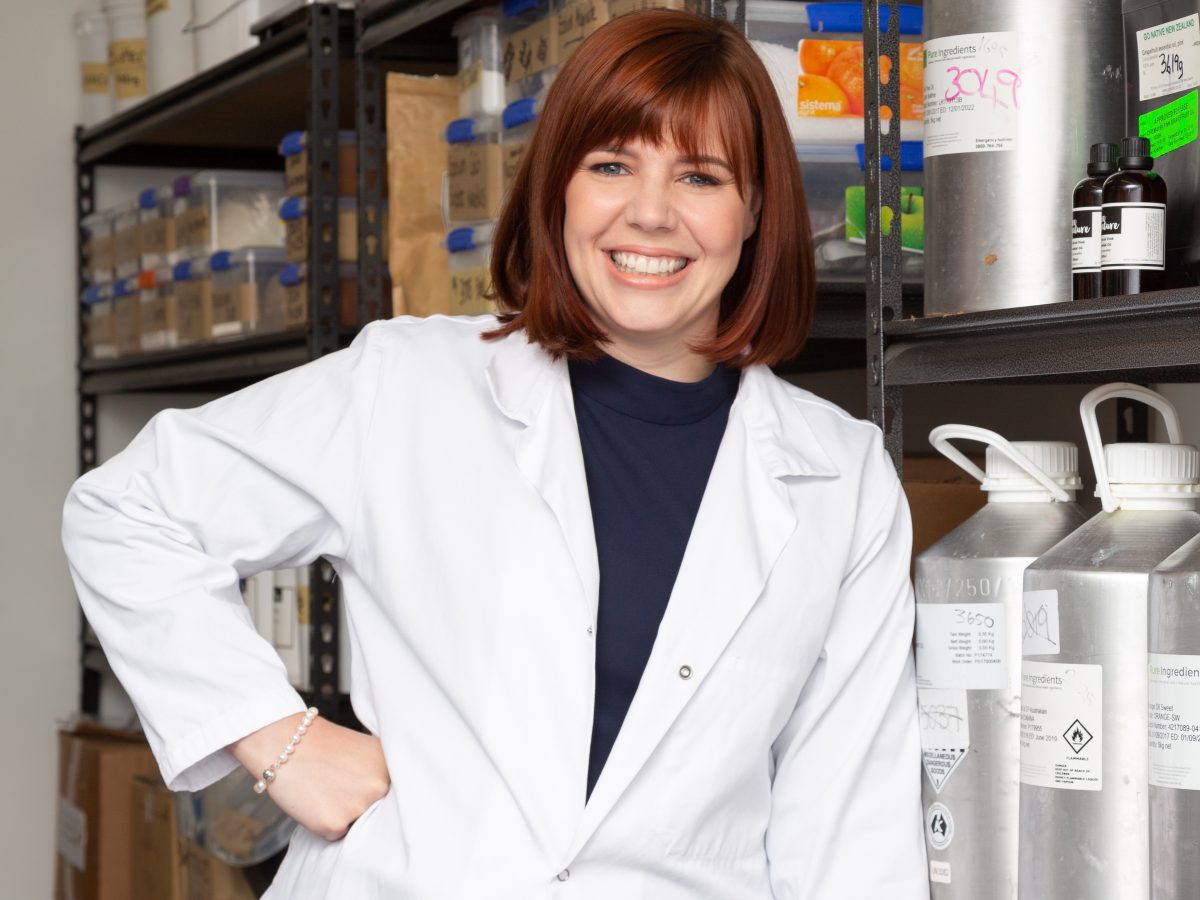
The founder of $100m beauty bar business Ethique has shifted her focus from waste reduction in the cosmetics industry to the $1.44tn global drinks industry.
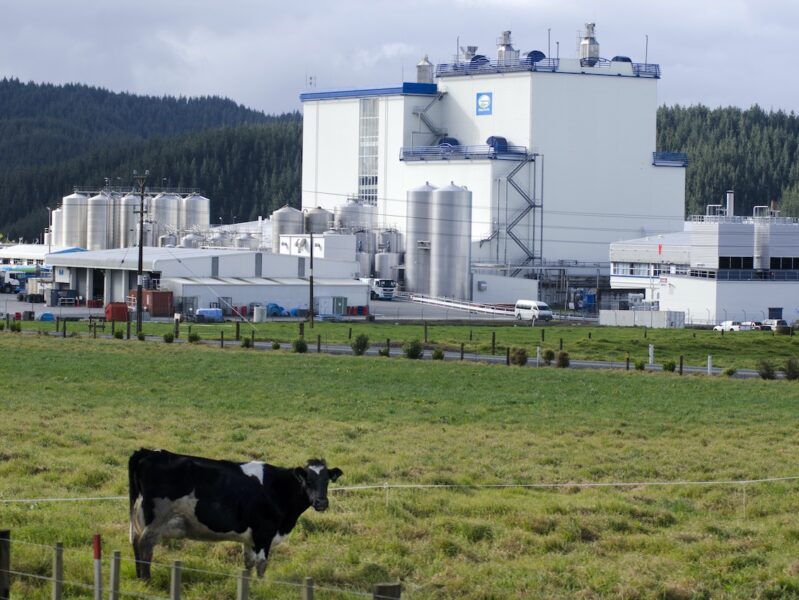
Scientists have broadly welcomed Fonterra’s roadmap to reduce its scope 3 emissions but have questioned the use of intensity targets rather than absolute goals.
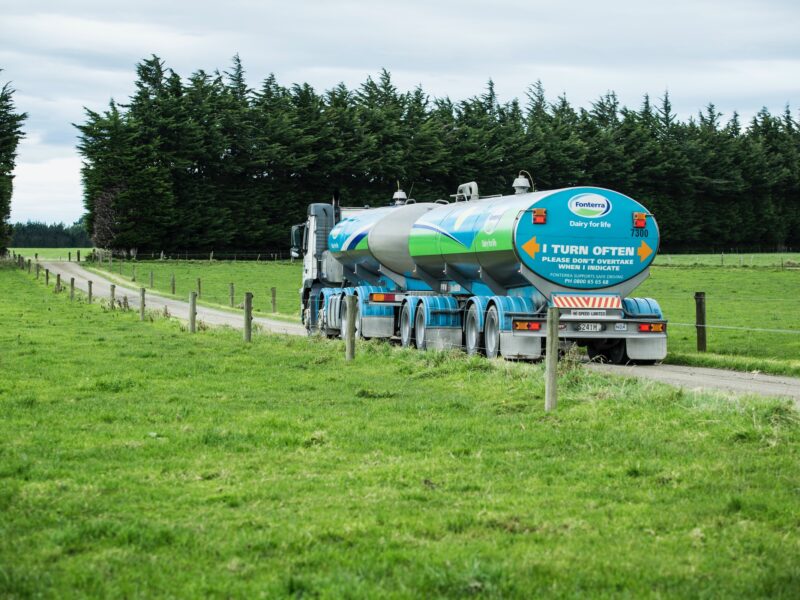
Greenpeace Aotearoa says Fonterra’a proposed climate roadmap is little more than “polishing a turd” because it contains no real measures to reduce emissions.
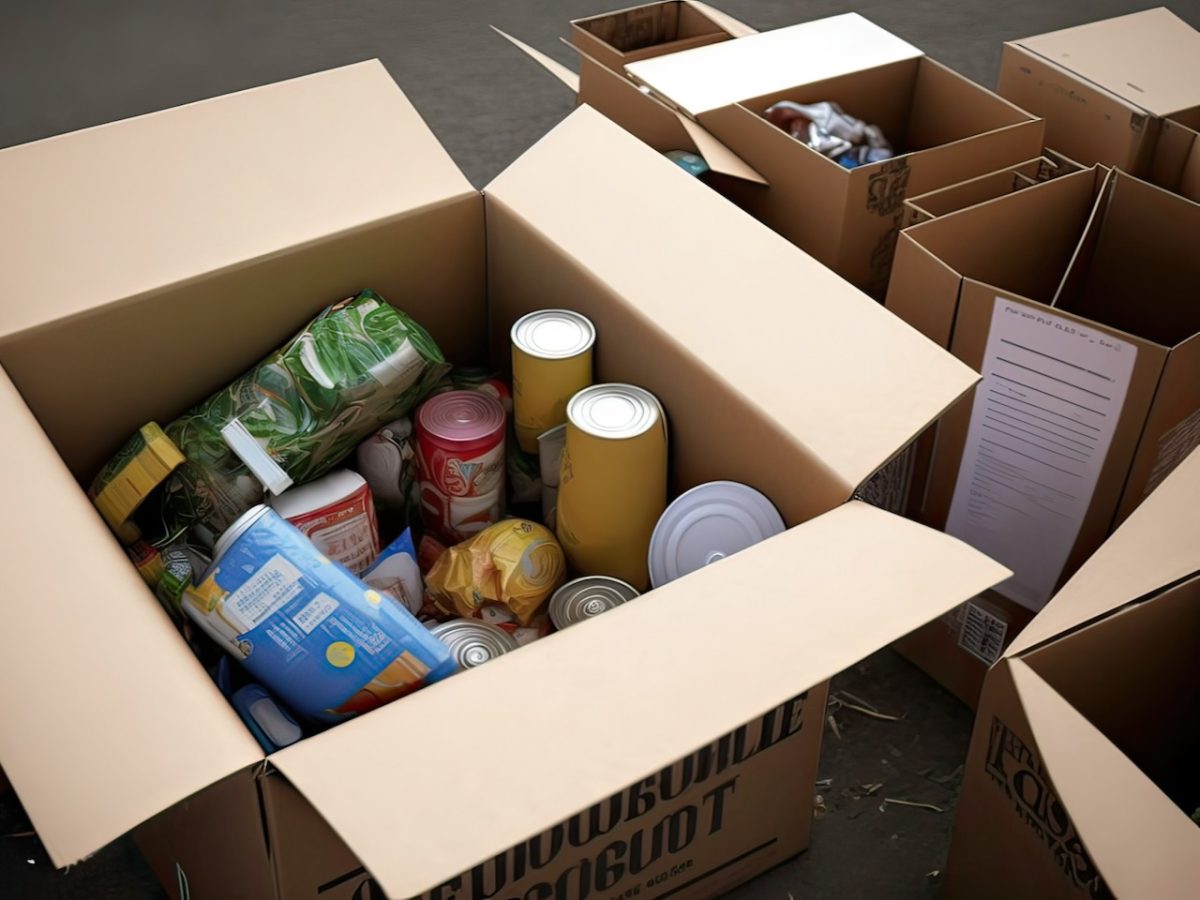
Food rescue app Foodprint arrives in the Bay of Plenty.

The dairy co-op plans to cut its scope 3 emissions by adopting an intensity reduction goal rather than a hard target for cutting overall on-farm greenhouse gases.
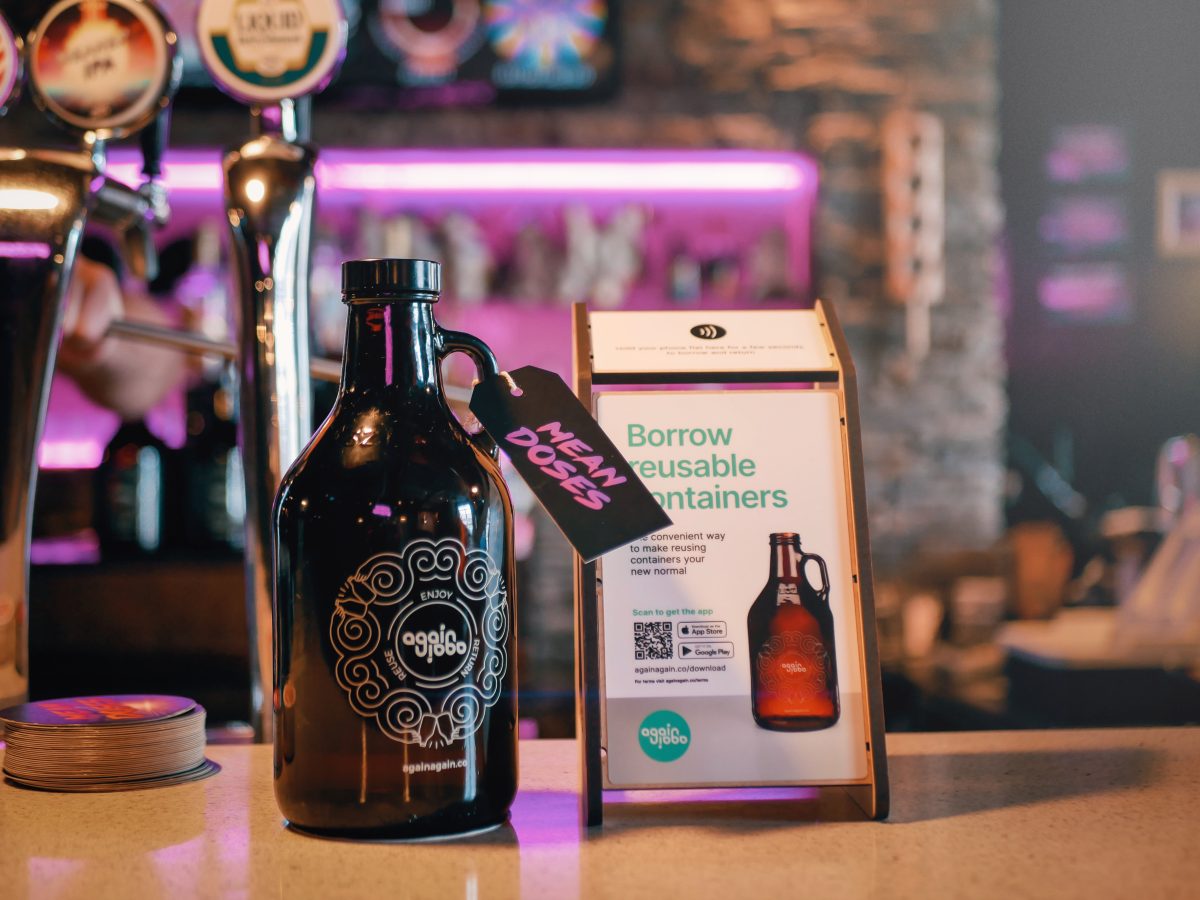
Again Again is continuing its circular economy drive joining with 36 New Zealand retailers and breweries including DB and Lion for its latest packaging push.
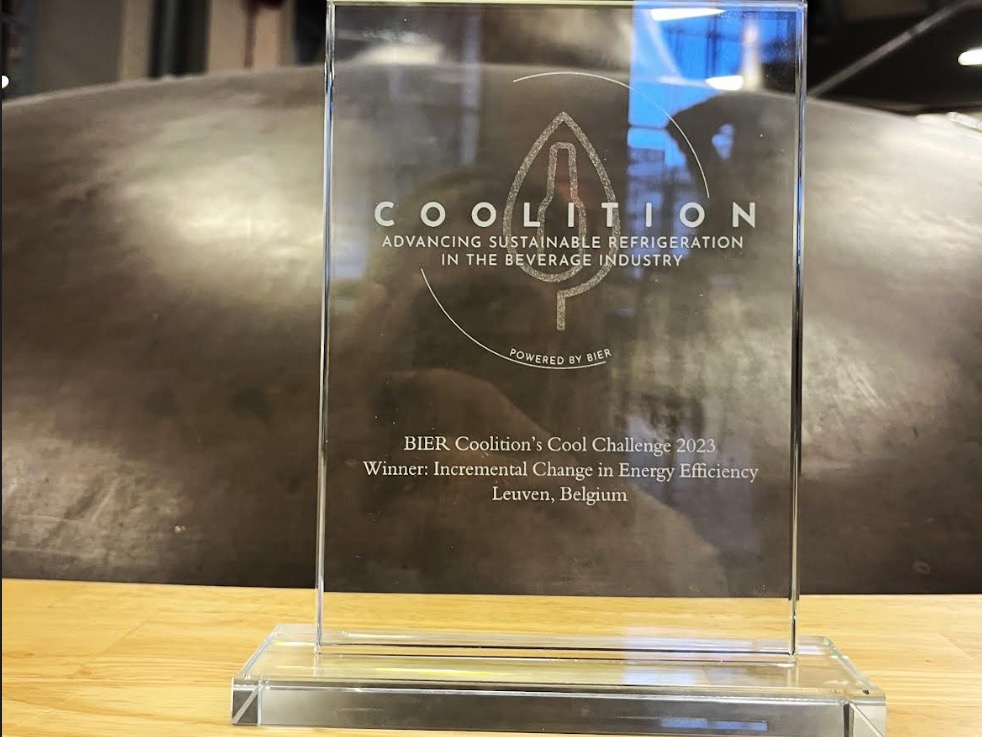
New Zealand technology company, AoFrio, has been named a winner at The Cool Challenge, a sustainability initiative led by the Beverage Industry Environmental Roundtable.
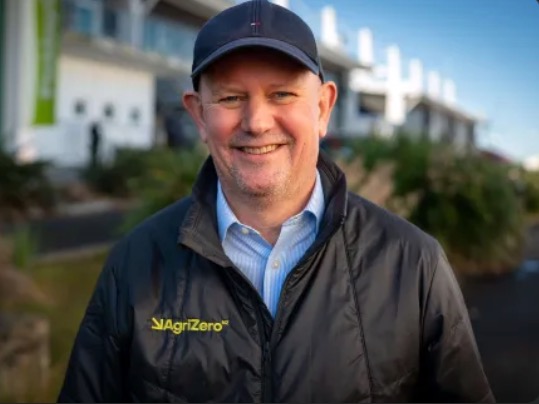
AgriZeroNZ, the public-private joint venture investment vehicle aiming to reduce farm emissions, has appointed Wayne McNee as its chief executive.
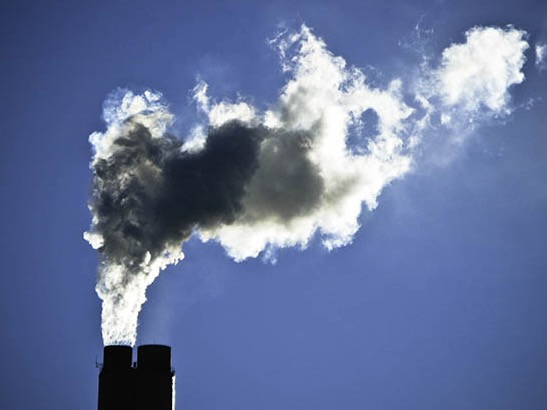
Emissions from primary industries – agriculture, forestry, fishing, and mining – fell 0.1% or 9 kilotonnes of carbon dioxide equivalents in the June 2023 quarter, compared to the preceding March quarter, according to Stats NZ.

A refill and reuse model is one of the best ways food and beverage businesses can start tackling sustainability, says NZTE head of sustainability Florence Van Dyke.

Parliament’s environment watchdog, Simon Upton, has written to three farming groups, suggesting they wrongly claimed they had new science on methane emissions.
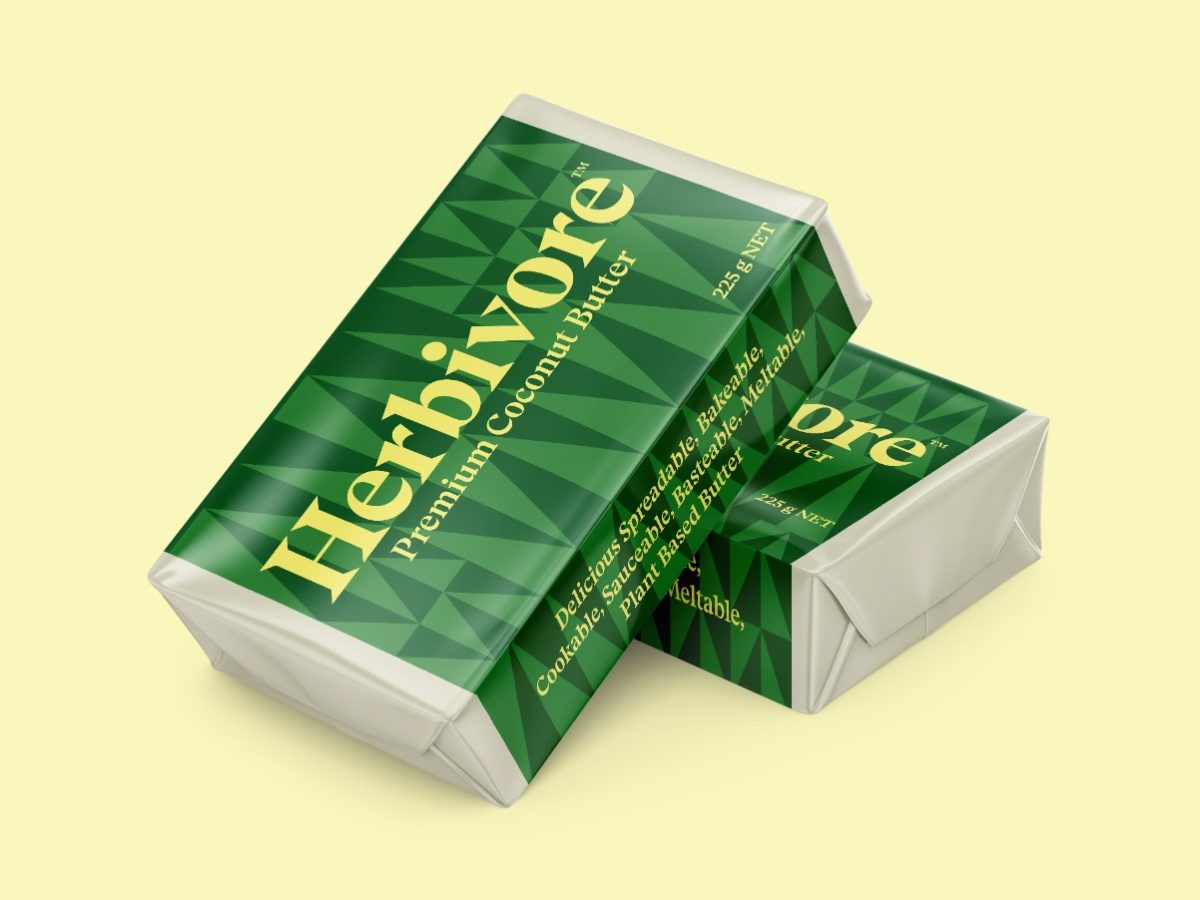
The tech entrepreneur-led venture, which recently drafted in former Fix & Fogg export specialist Sarah Sherriff, is preparing for the butter big-time.
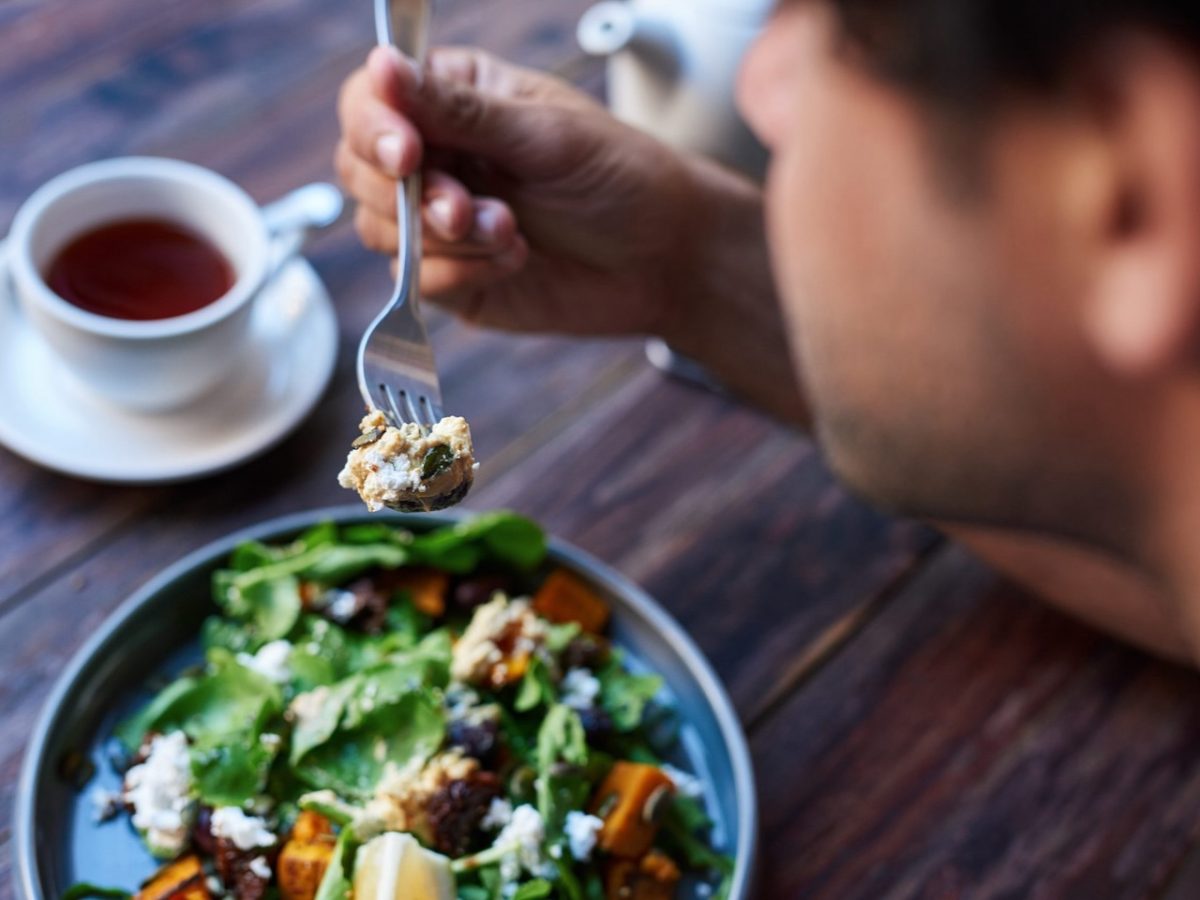
Trust Codes COO Emma Wheeler considers the food system challenges that need to be navigated if NZ is to move to a better food system.
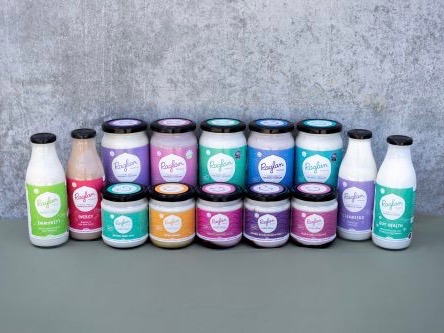
Raglan Food Co has achieved Toitū climate positive certification.
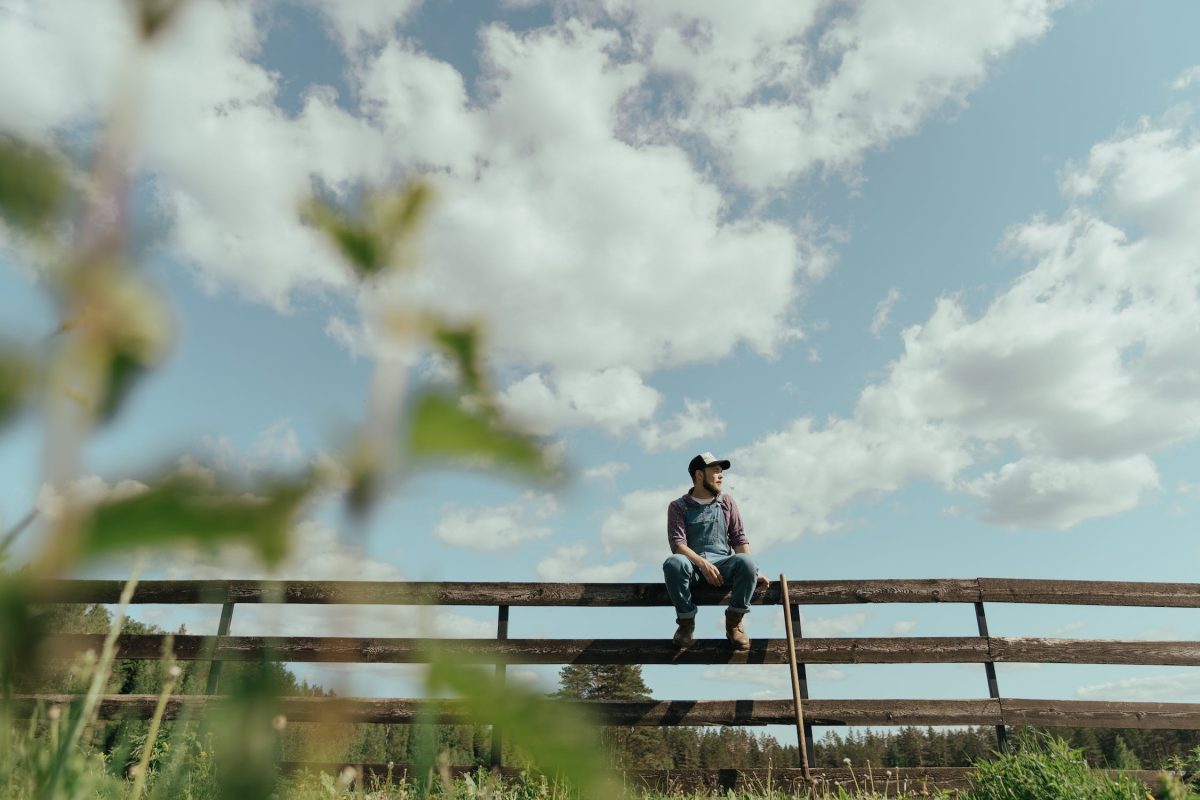
Initiatives for decarbonising the food system are spearheaded by large companies, and the proposed measures can often be problematic for farmers.
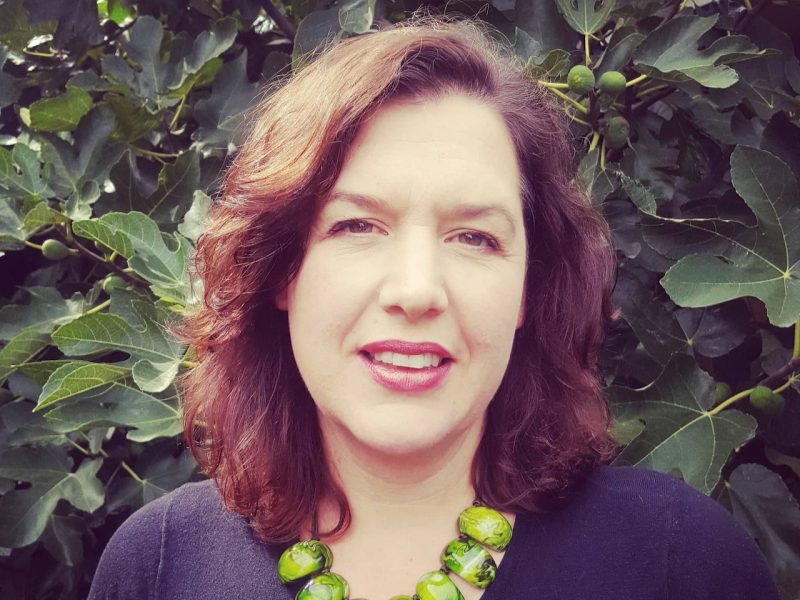
“I believe this is a genuine model offering food security and community agency,” says Eat NZ’s Angela Clifford.
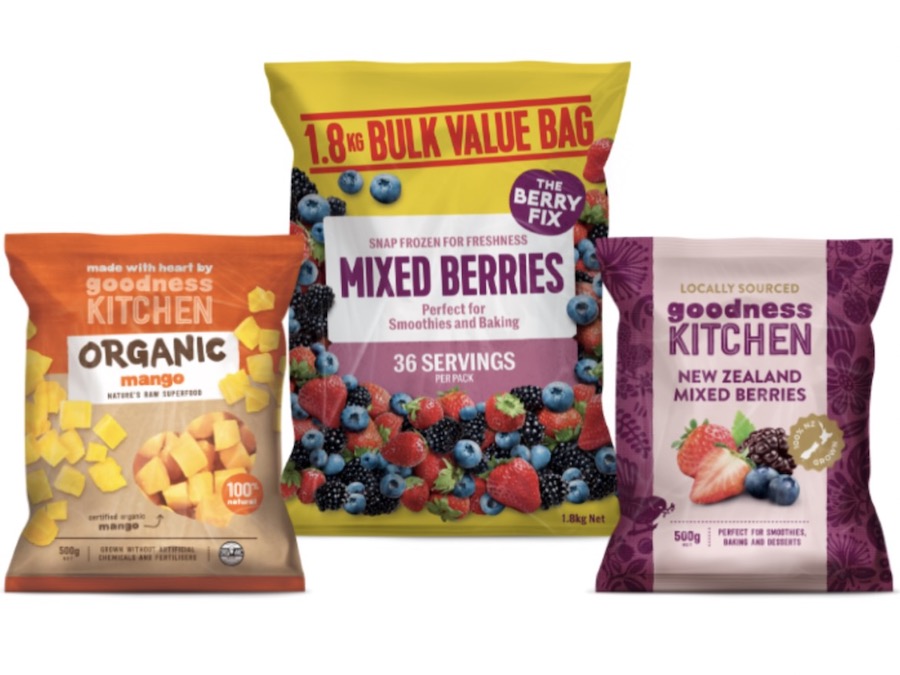
Nelson food distributor FSL Foods is now a sponsor of Sustainable Coastlines.
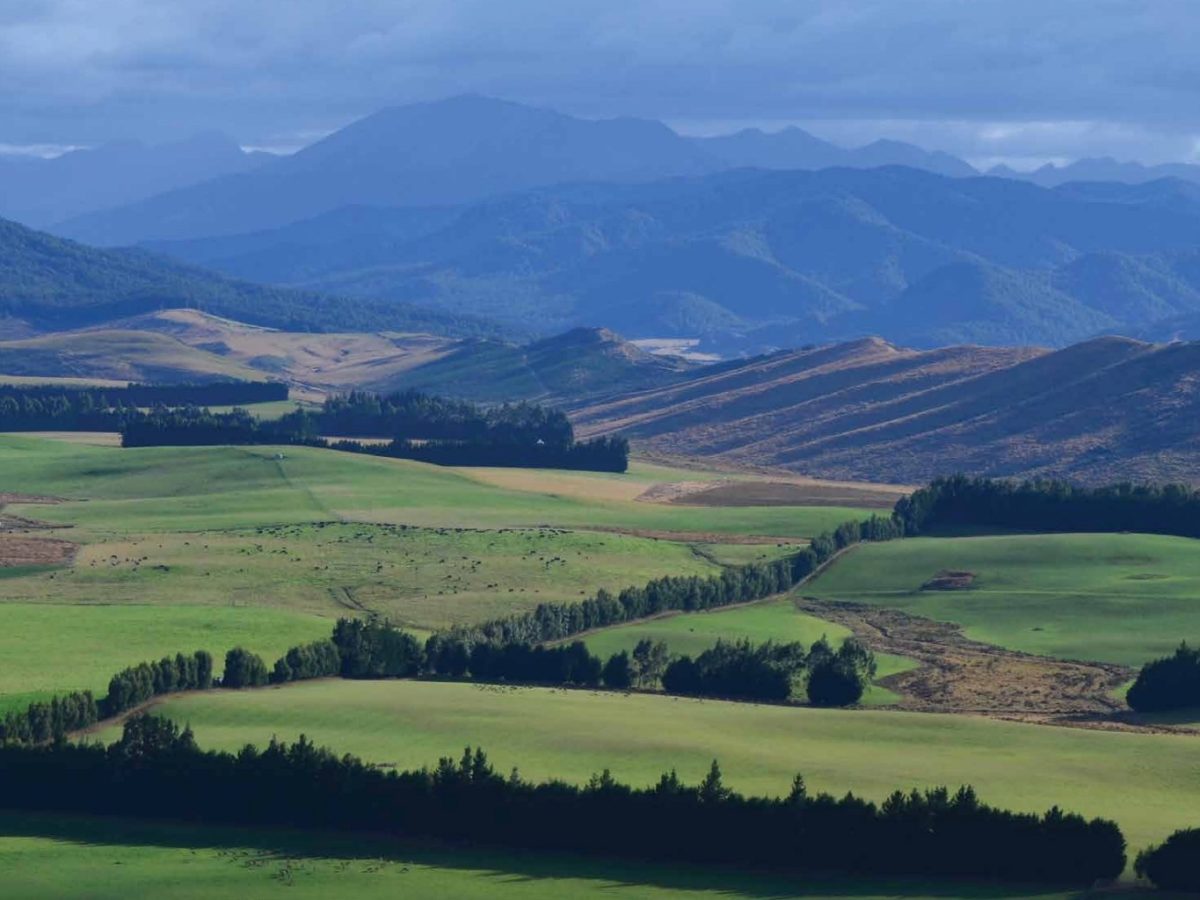
Pāmu has voluntarily released its first climate-related disclosure report as the state-owned farming company becomes more mindful of climate risks, particularly after Cyclone Gabrielle.

New Zealand’s annual food waste bill has risen to $3.2bn on the back of rising food prices, even though the amount of food being discarded has gone down.
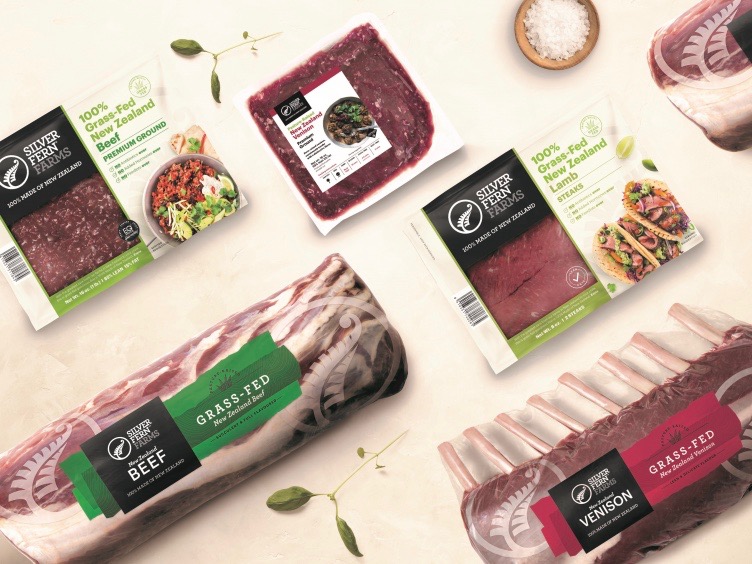
The country’s largest meat processor reveals the emissions for the first time but it has not yet set a reduction target.
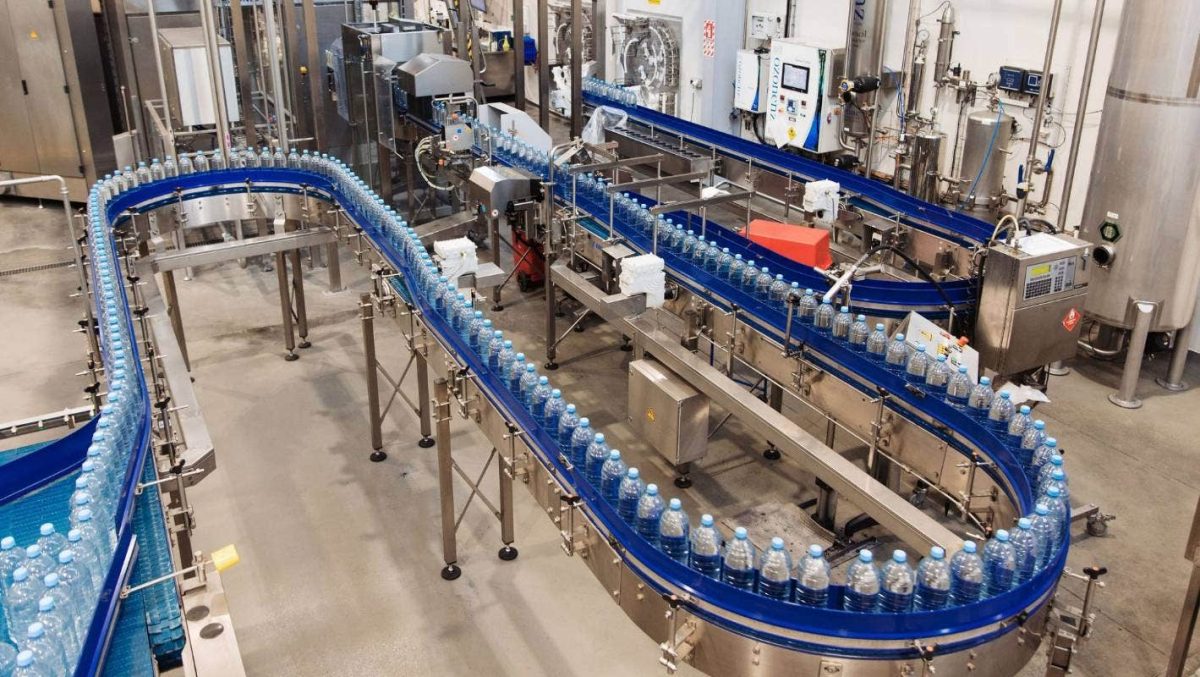
Coca-Cola Europacific Partners New Zealand has achieved PAS2060 carbon neutral certification for its water bottling facility in the South Waikato town of Putāruru.
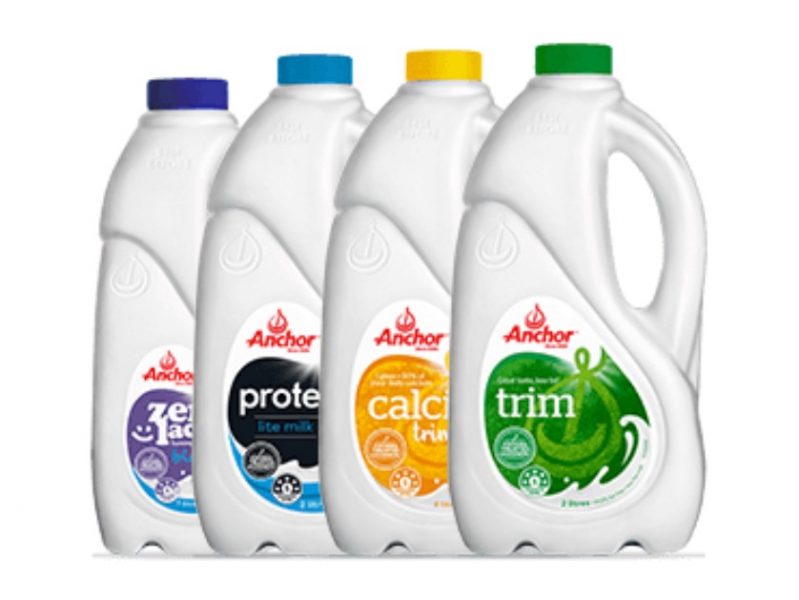
Cleaning product brand Will&Able, Z Energy, and Anchor Milk are expanding a trial of dedicated, closed-loop recycling bins at selected Z service stations from mid-September.

Significant environmental benefits can be gained by producing affordable, sustainable, and healthy food.
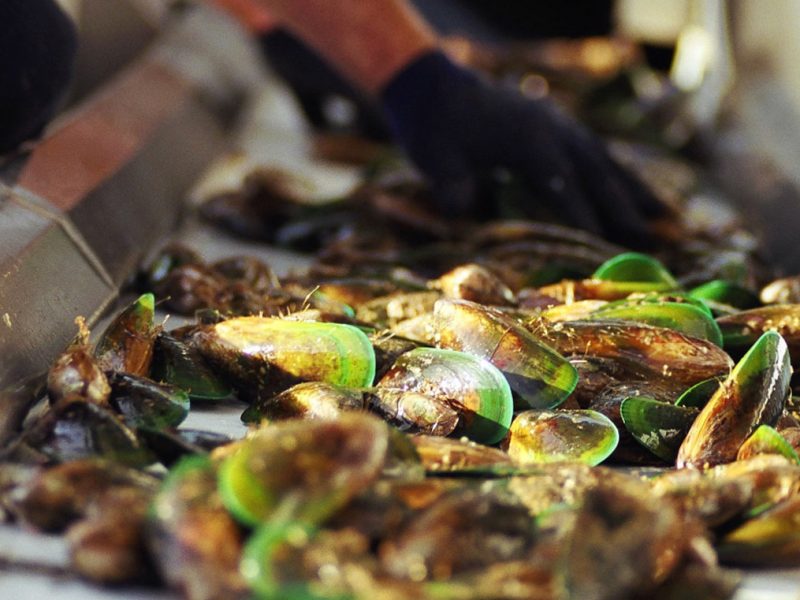
Catch limits and allowances across a range of fisheries will change from 1 October 2023 as part of Fisheries New Zealand’s regular sustainability review.
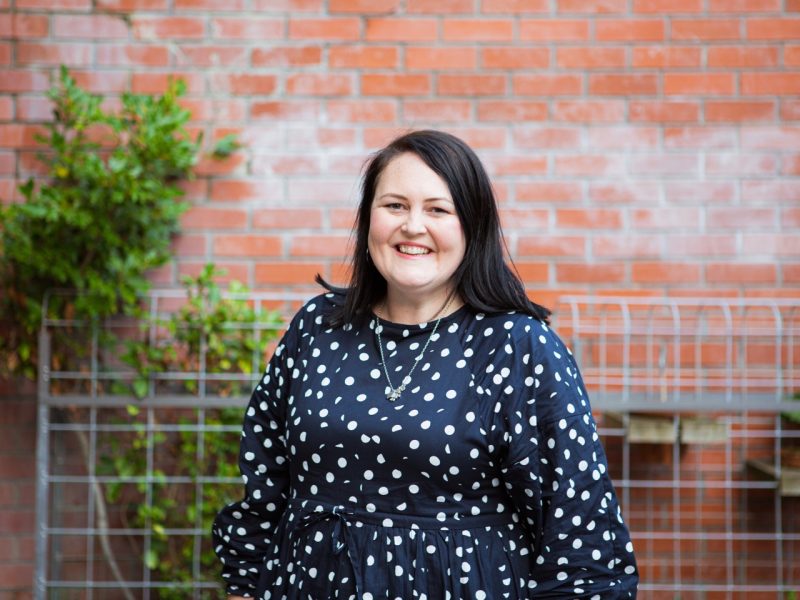
New Zealand food rescue app, Foodprint, is available in the South Canterbury towns of Lincoln, Ashburton and Timaru from today.
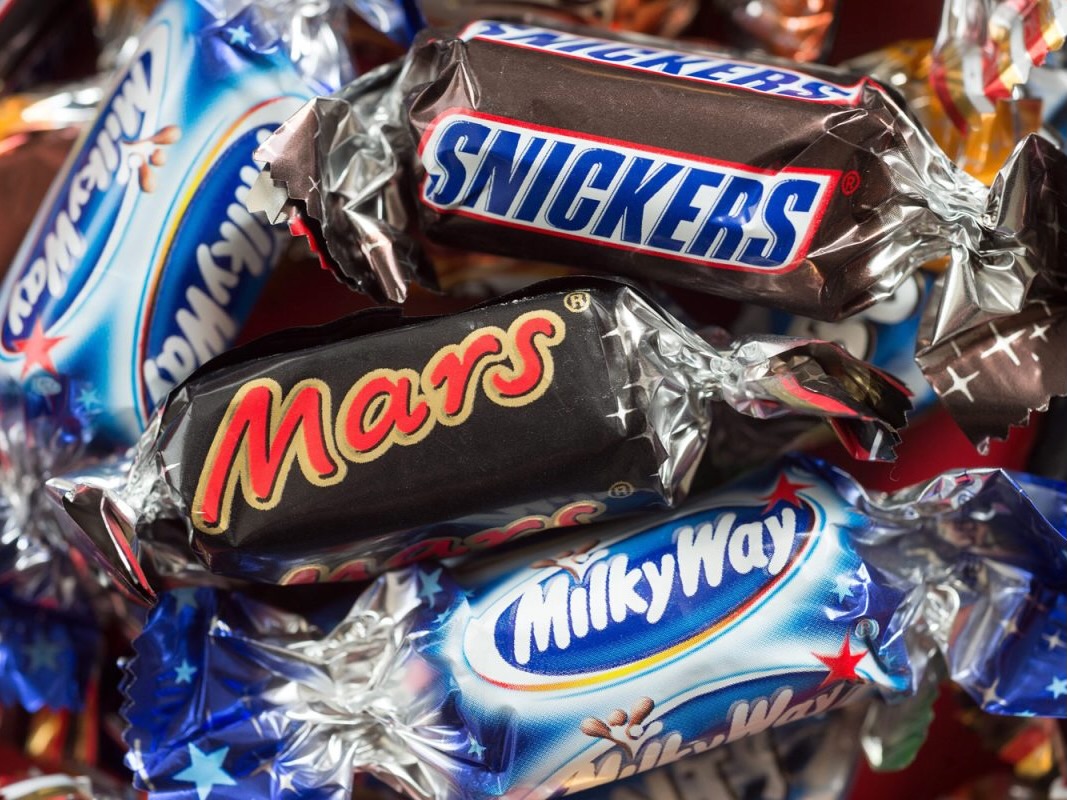
Privately owned pet food and confectionery company Mars has issued a fresh set of net-zero pledges, including a new 2030 target.
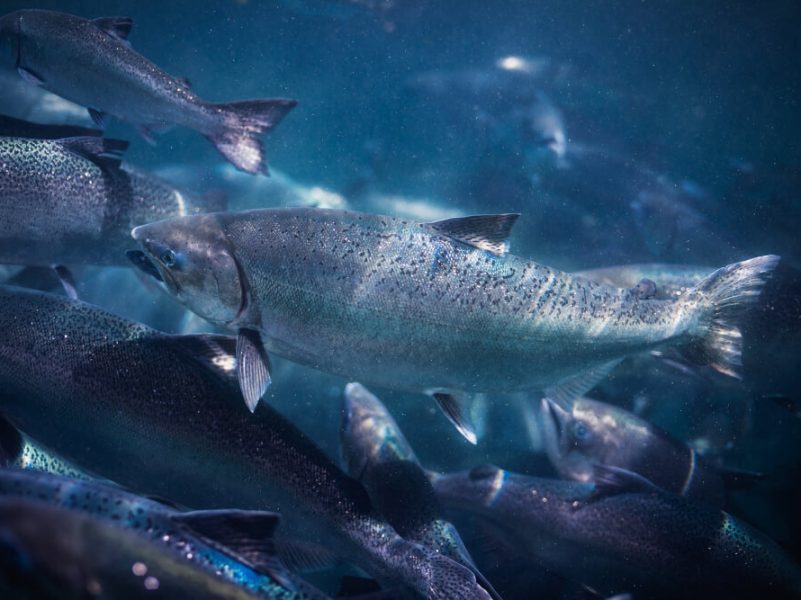
Current ocean management systems put commercial interests ahead of environmental ones – as illustrated by the salmon farmer’s Blue Endeavour proposal, the institute says.
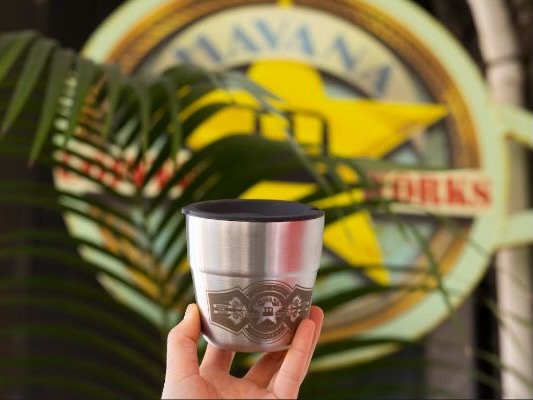
A healthy line-up of food and beverage companies and initiatives are among the 76 finalists in this year’s Sustainable Business Awards.
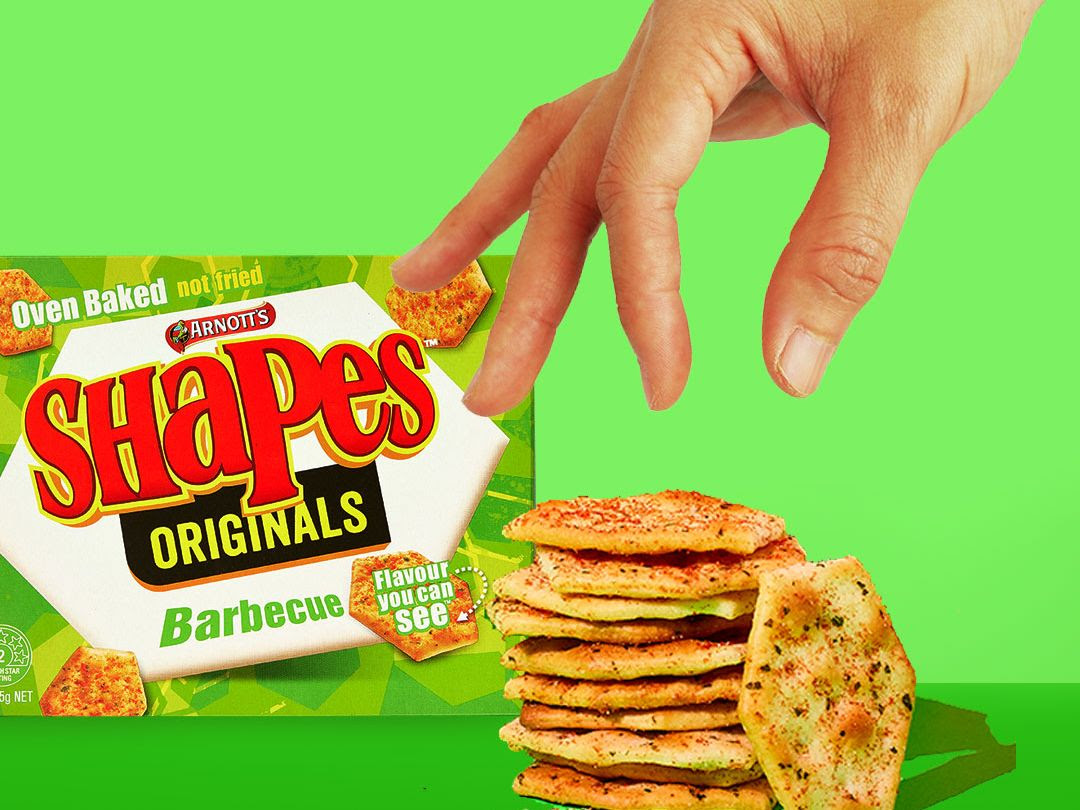
The Arnott’s Group says it has completed inventory mapping to understand the extent and location of its scope 3 emissions, according to its latest sustainability report.

Ten schools across Aotearoa with ‘climate clever’ ideas to address climate change will receive Growing for Good grants this year.
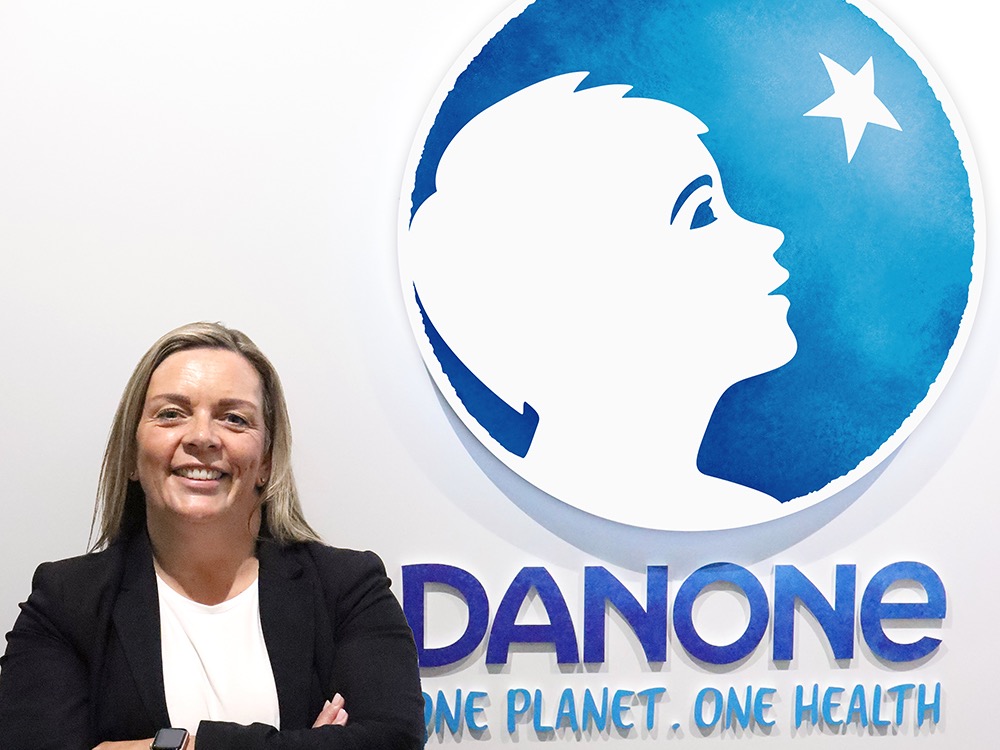
The global dairy giant’s new GM of NZ and Aus, Kathy Cavill, fills the gap left by former boss Rodrigo Lima.
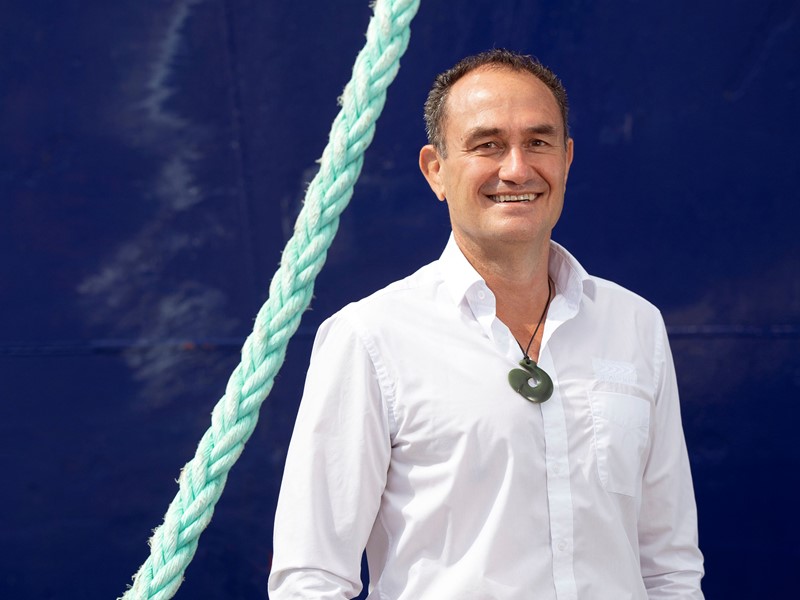
CEO Doug Paulin says the company has already reduced its total emissions by nearly a quarter.

The government has today announced its final plan to reduce agricultural emissions and future-proof NZ’s largest export sector, according to Agriculture Minister Damien O’Connor.
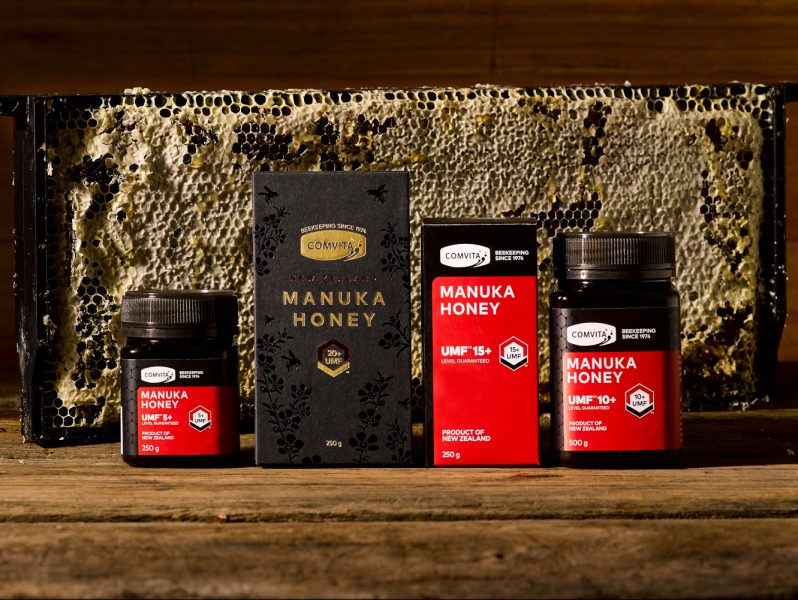
Comvita has received B Corp Certification.
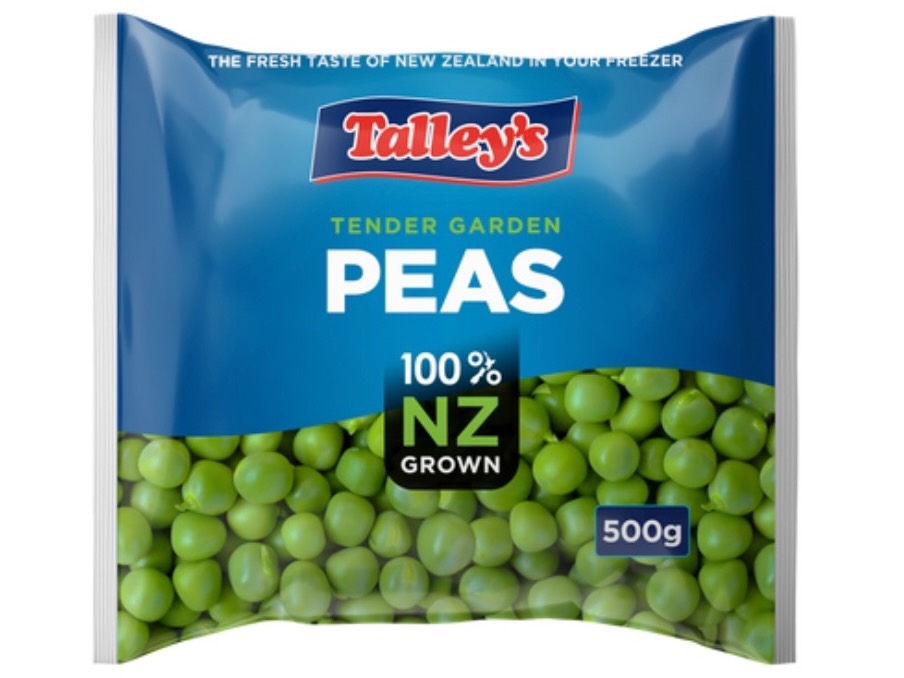
Food firms like Talley’s secure the lion’s share of the $33m fifth round of the Government Investment in Decarbonising Industry initiative.
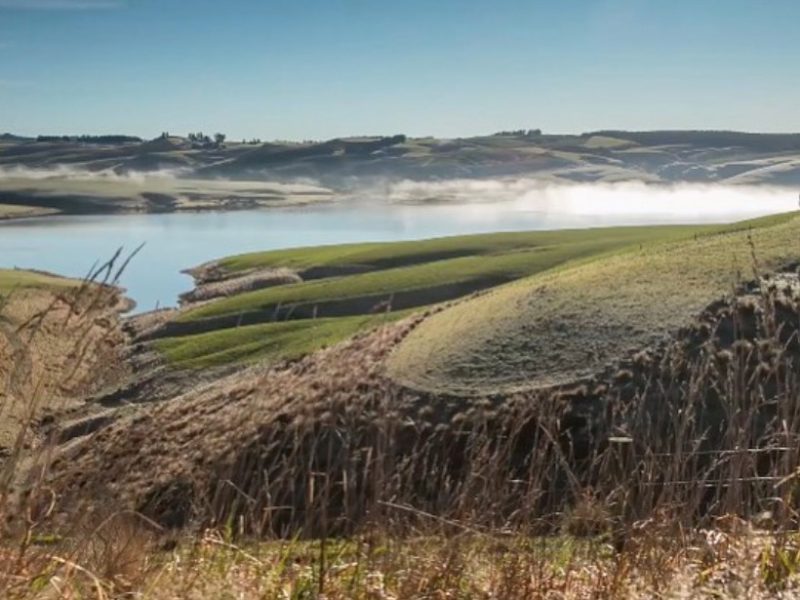
Pāmu is leading a joint project which aims to put an economic value on improvements made to diversity on farm.
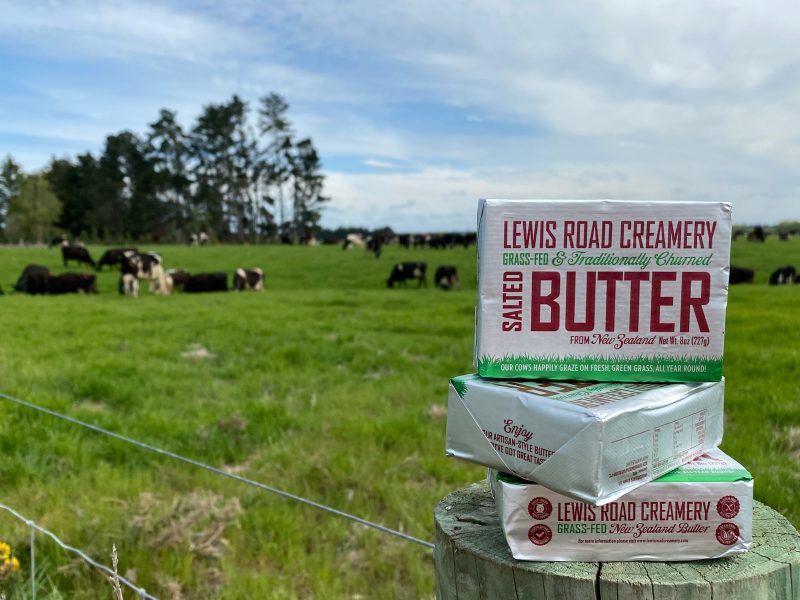
Sustainable food production is a fast growing opportunity for NZ as it looks to build a greener economy.
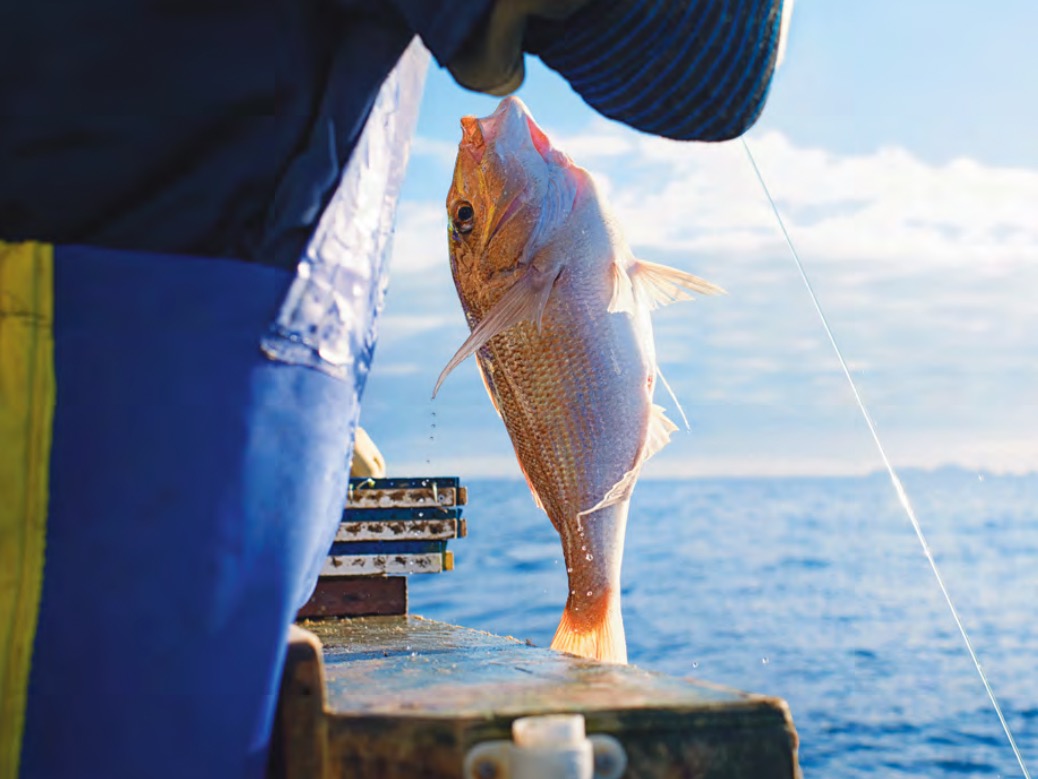
Seafood New Zealand has welcomed the “strengthened” Fisheries Industry Transformation Plan, while Greenpeace has slammed the plan calling it “anything but transformational”.
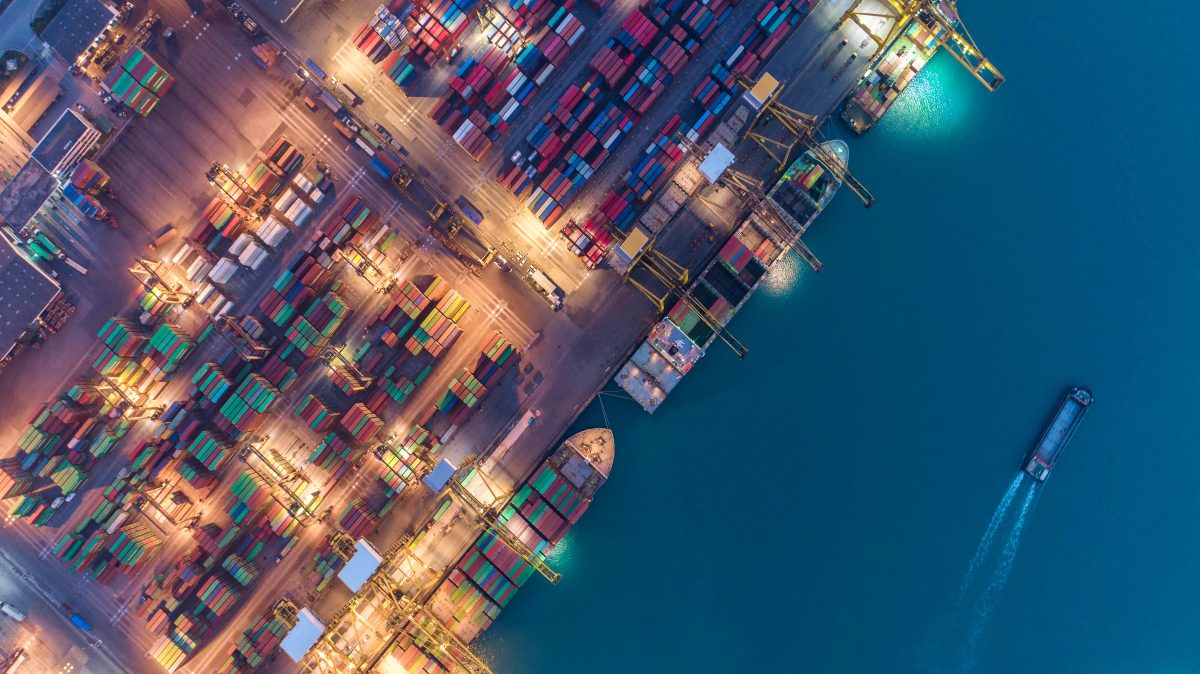
Maritime New Zealand is calling on people to have their say on proposed changes to maritime and oil pollution levies.
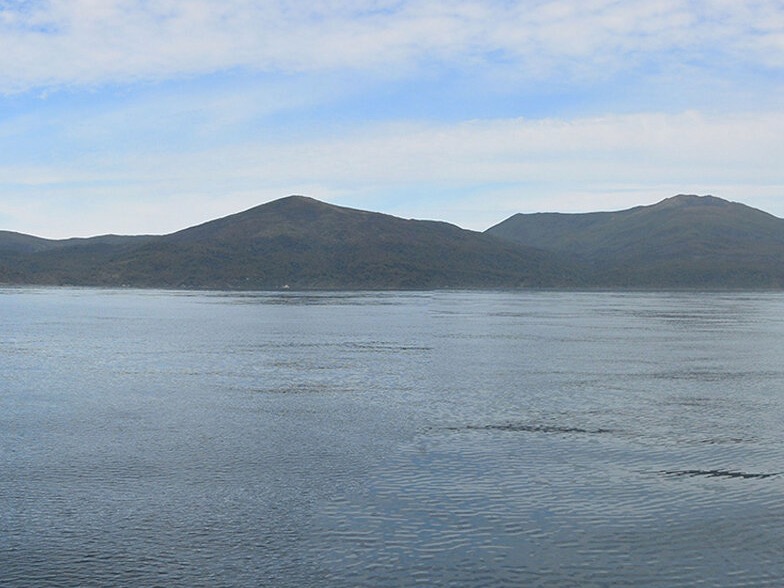
Ngāi Tahu Seafood’s proposal to construct and operate an open ocean salmon farm off the coast of Stewart Island Rakiura has been turned down by an expert panel.
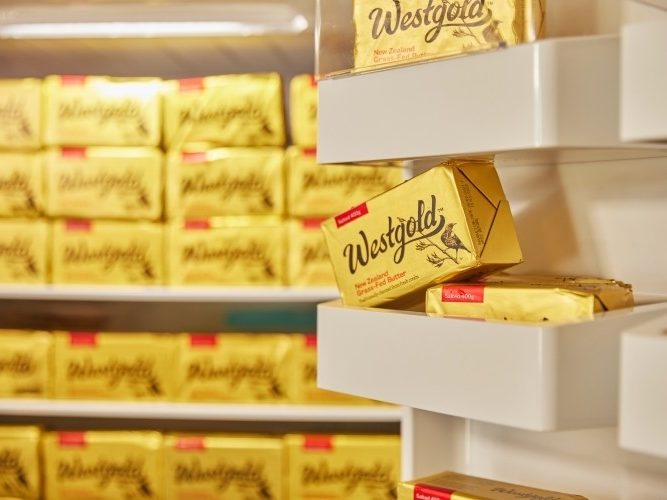
Westland Milk Products has received a gold ranking from independent sustainability auditors EcoVadis.

Fonterra will this year provide native seedlings and resources to 22 schools participating in the Trees for Survival programme.
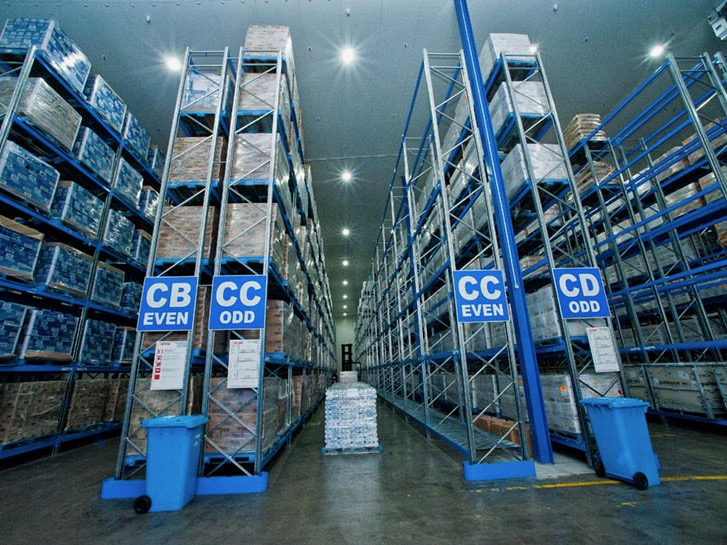
Mainfreight boss Don Braid struck a downbeat note at the company’s annual shareholder meeting, warning of “a sobering year or more ahead of us as we cope with a global recession”.

The government has pledged $90m from its GIDI fund to help Fonterra accelerate the exit of coal from its operations.
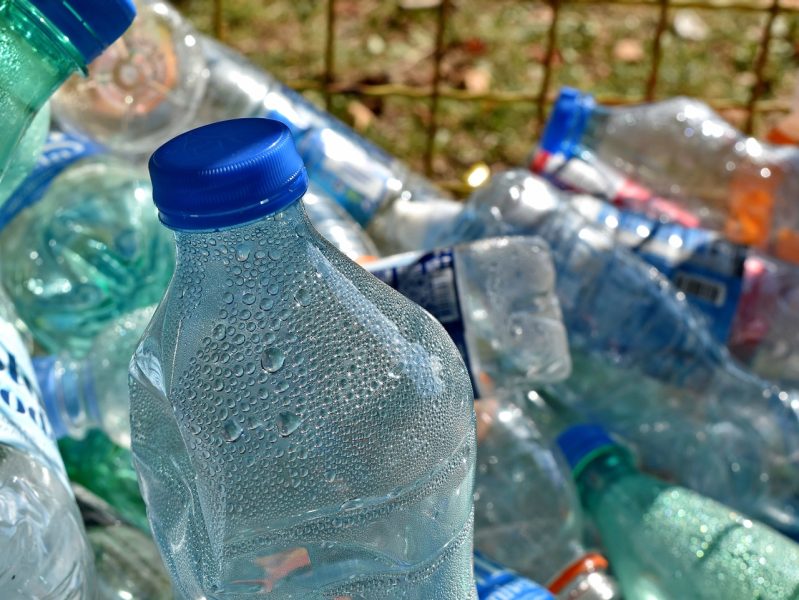
The Ministry for the Environment and the New Zealand Food and Grocery Council are hosting a webinar on the Waste Action and Investment Plan.

Foodstuffs-owned Pak’nSave says its artificial intelligence-powered online mealmaker tool for customers is proving popular, being accessed by more than 33,000 people since it launched a month ago.

The government is investing $4.6m from the Climate Emergency Response Fund into four projects tackling food waste.
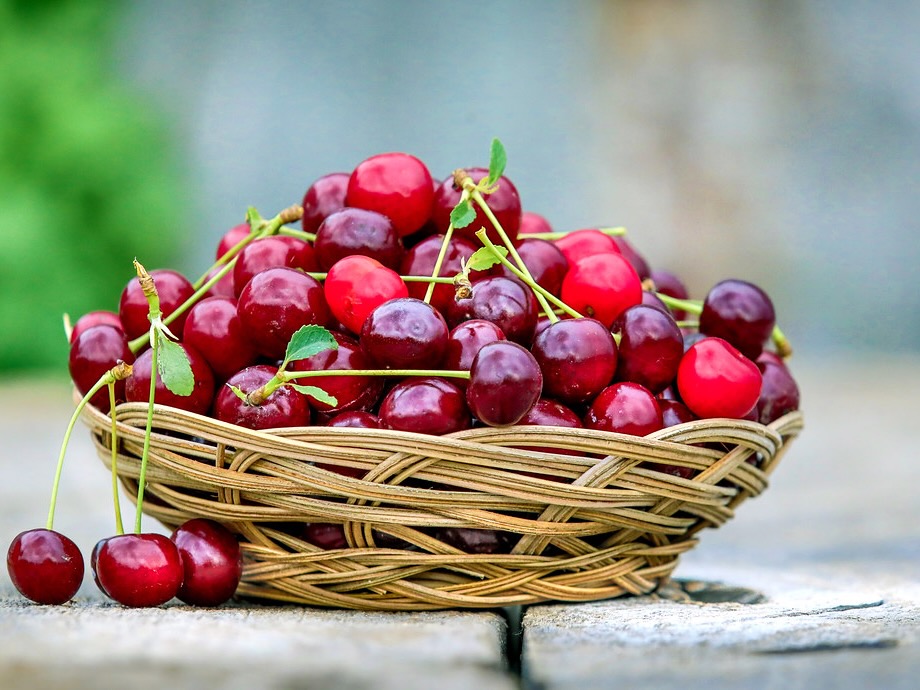
Whether it’s cherries or hops or mussels, the country needs to move up the value chain, says NZTE.

Foodstuffs New Zealand is planning to turn its attention to scope 3 emissions this year, according to its recently appointed inaugural head of environmental social governance.
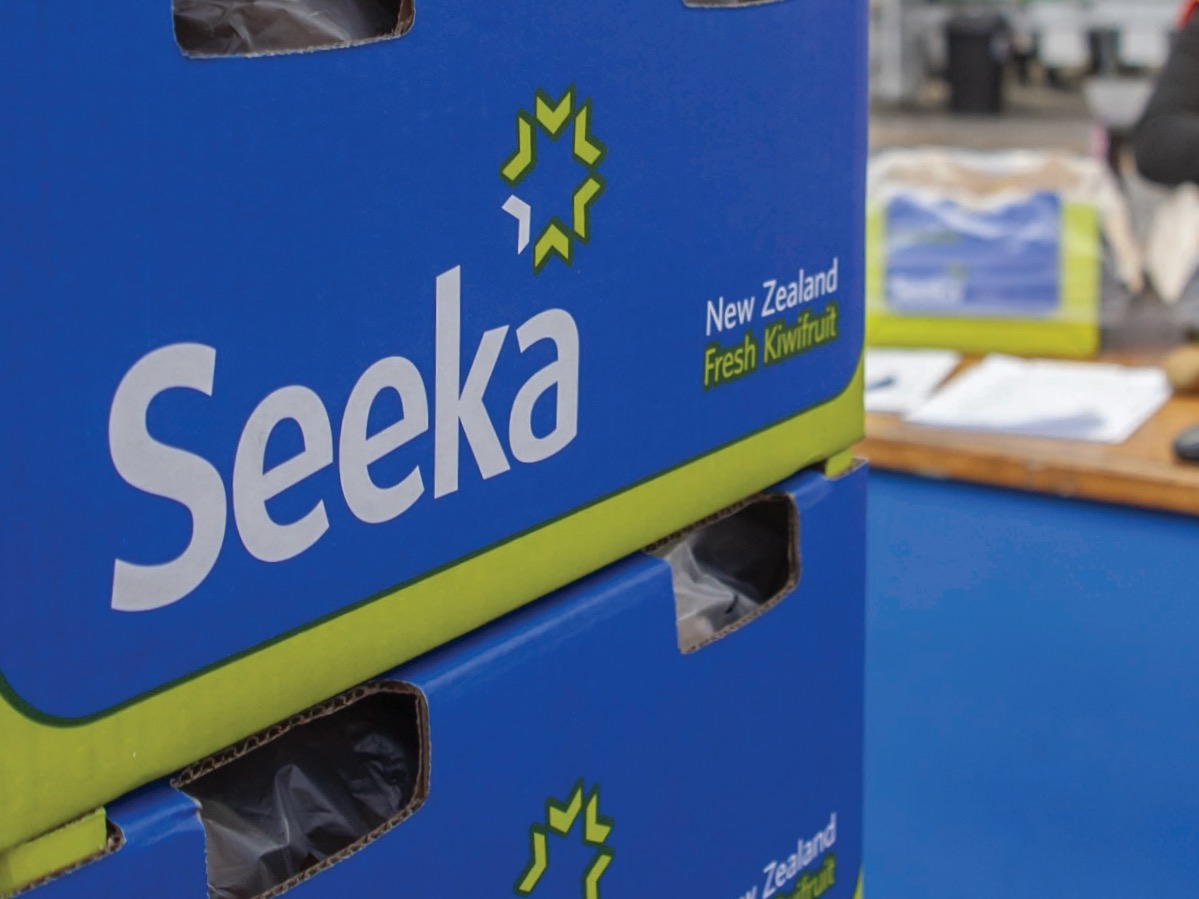
Seeka’s 2022 carbon footprint increased to 22,839 tonnes C02e compared to 19,864 tonnes C02e in 2021, according to its 2023 sustainability report.
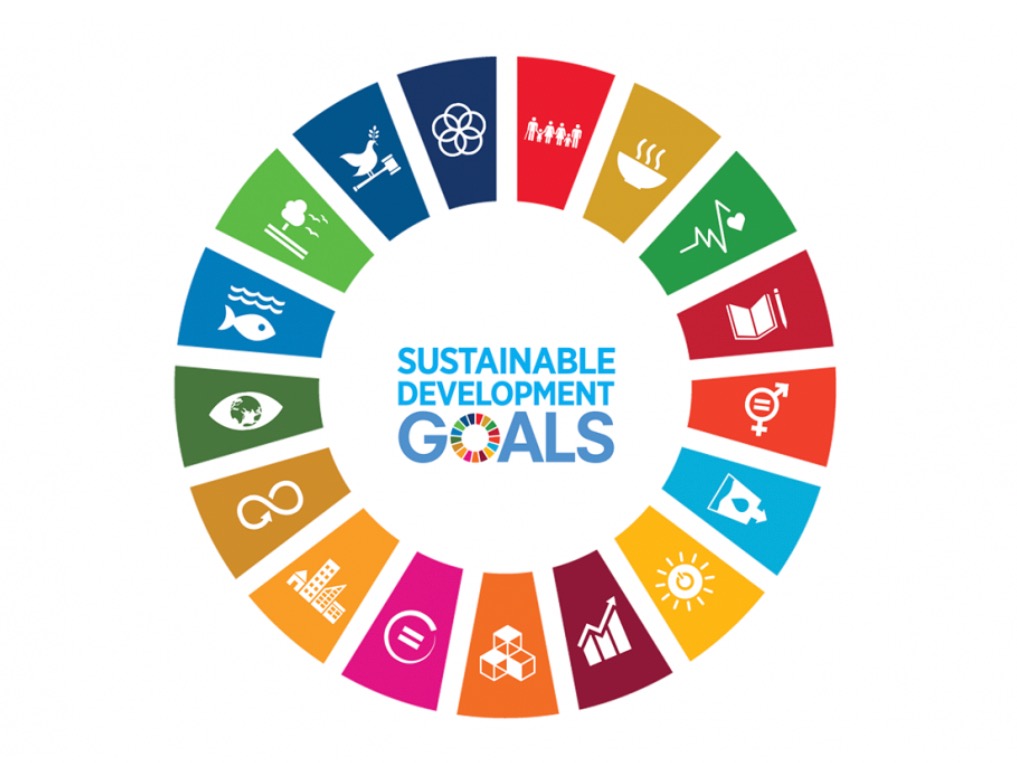
The government has made virtually no progress on implementing healthy food policies in the last three years and without reform New Zealand will fail to meet its international obligations to the Paris Agreement and towards the UN Sustainable Development Goals, according to a new report.
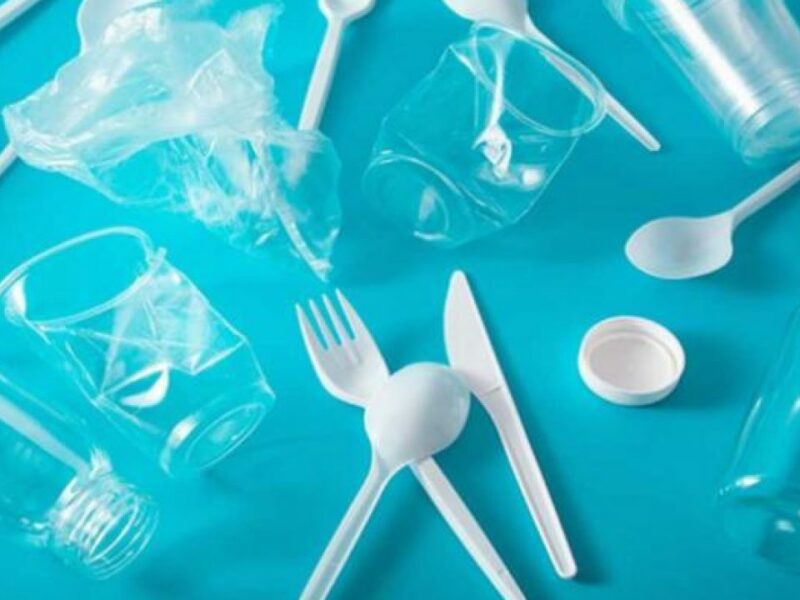
From Saturday 1 July 2023, the sale and manufacture of many single-use plastic products are being banned, restricted or phased out.
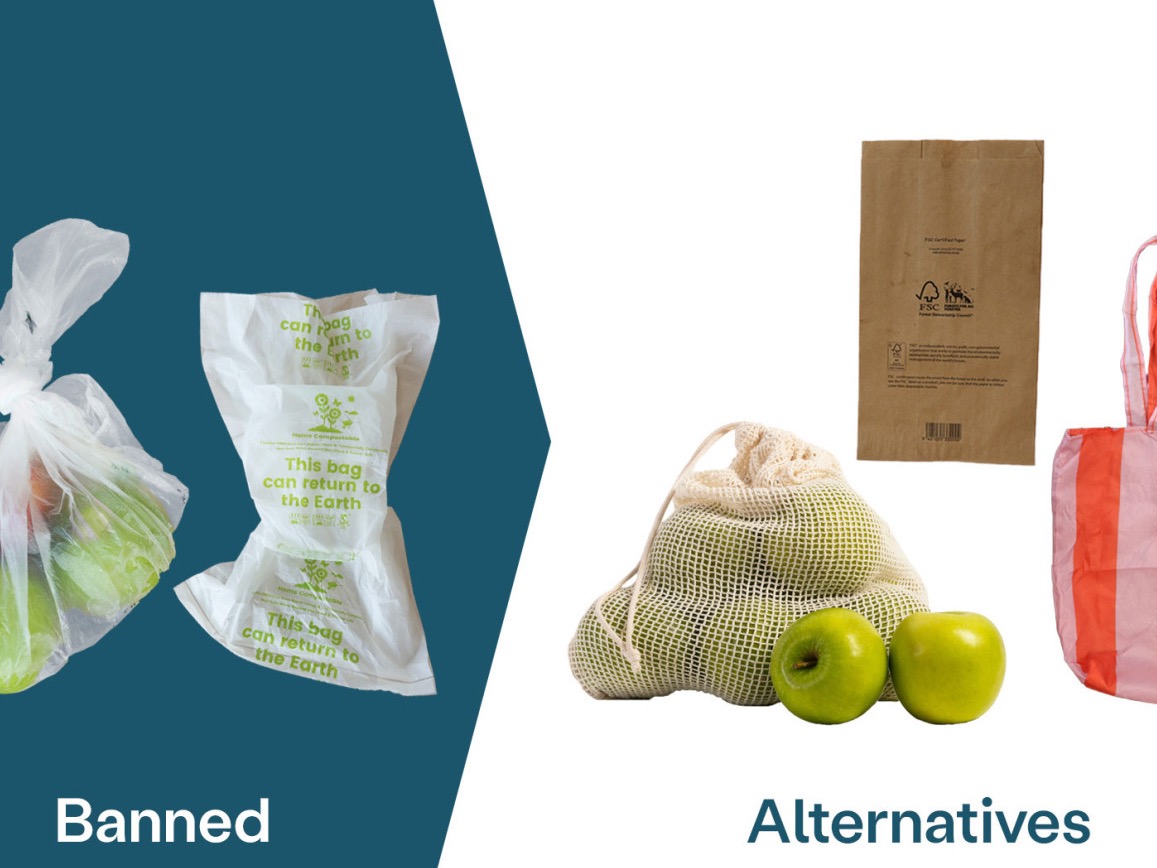
Foodstuffs is preparing for the removal of single-use plastic bags from all supermarkets and grocery stores from 1 July, as part of a government phase-out of certain single-use plastics.
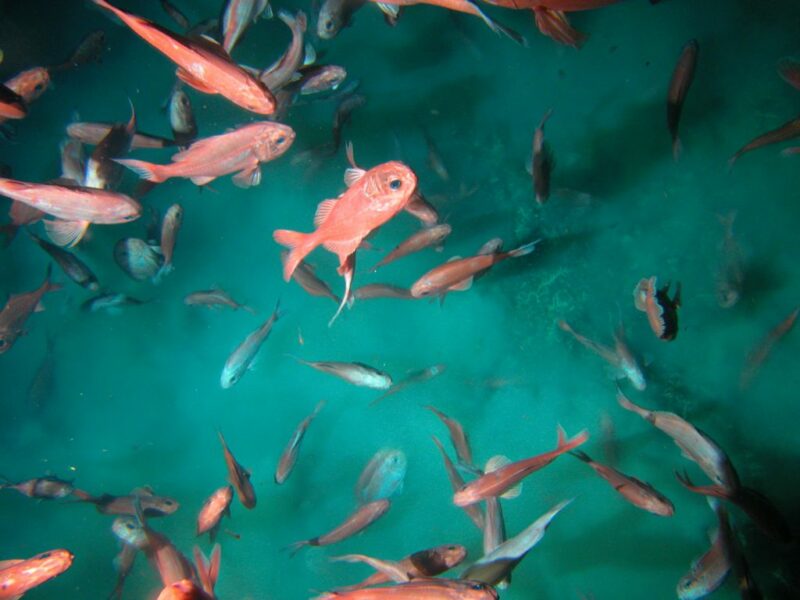
Fisheries New Zealand is consulting on proposed changes to sustainability measures for orange roughy (ORH 3B), including catch limits and allowances.
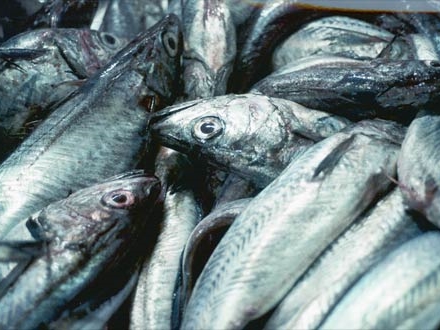
The average carbon footprint of wild-caught fish harvested and processed at sea by New Zealand’s deepwater fishers is estimated to be one of the smallest among animal-based protein sources, a study has found.
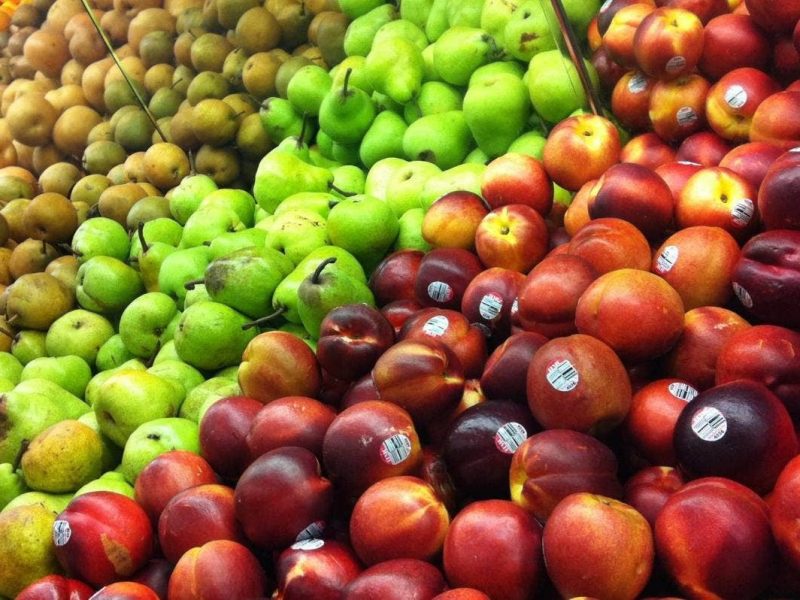
Creating a secondary market for byproducts is one viable solution to reduce food waste and loss, according to the executive director of charity NZ Food Waste Champions 12.3, Kaitlin Dawson.

Reusable cup venture Turn Systems is one of two New Zealand startups selected in a ten-strong cohort of emerging innovators for PepsiCo’s inaugural APAC sustainability accelerator.
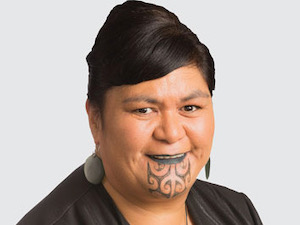
Minister of Foreign Affairs Nanaia Mahuta has welcomed the adoption of a new global treaty to protect and restore high seas biodiversity.
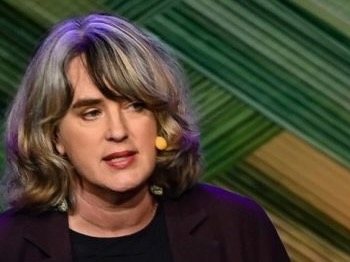
Current food production incentives for yield and volume need to be challenged, according to the plant-based bioactives company’s co-founder.
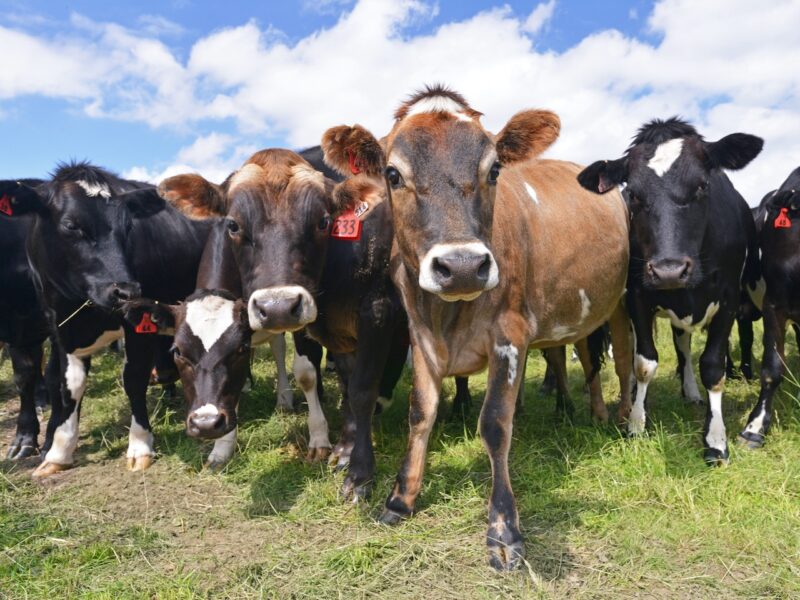
The government is co-investing $17.7m into the construction of a new greenhouse gas testing facility at Massey University.

Tini a Tangaroa Fisheries New Zealand is asking for feedback on proposed changes to catch limits and other settings across a range of Aotearoa New Zealand’s fisheries.
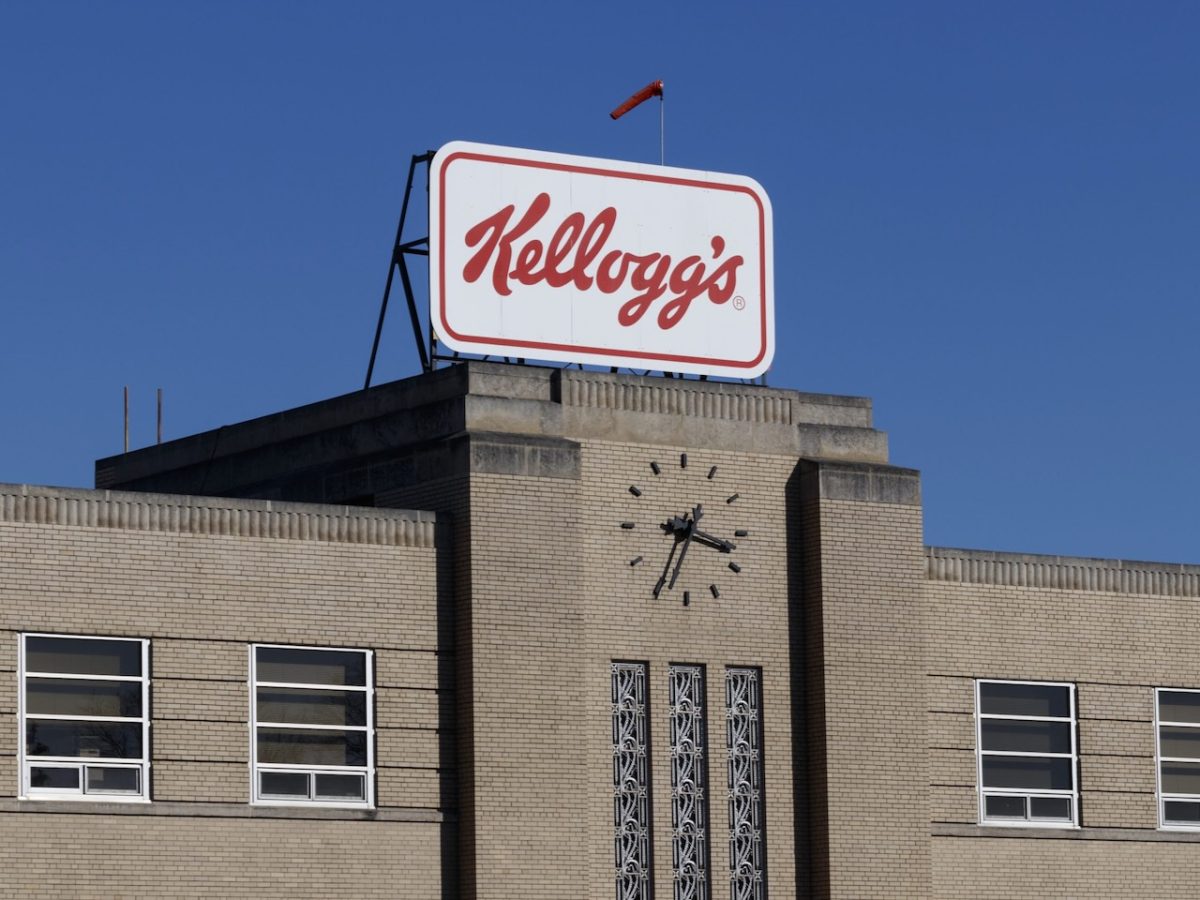
Kellogg Australia and New Zealand says it is on track to exceed its 2025 goal of a 5% reduction in the amount of virgin plastic it uses by the end of 2023.
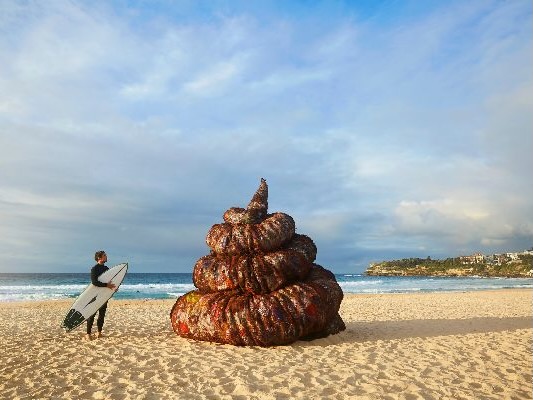
New Zealand’s Better Packaging Co installed a four-metre-high plastic poo sculpture on Bondi Beach to coincide with World Environment Day on Monday.
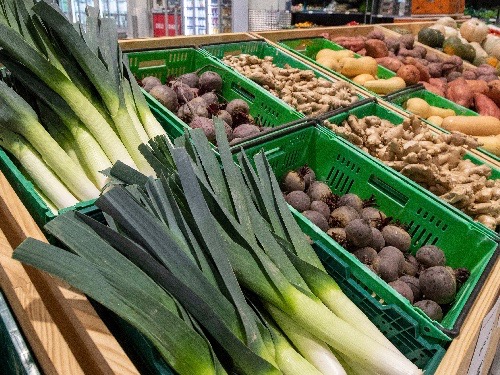
United Fresh has launched sustainability guidelines for the fresh produce value chain, in an effort to support the industry’s move towards the United Nations Sustainable Development Goals.
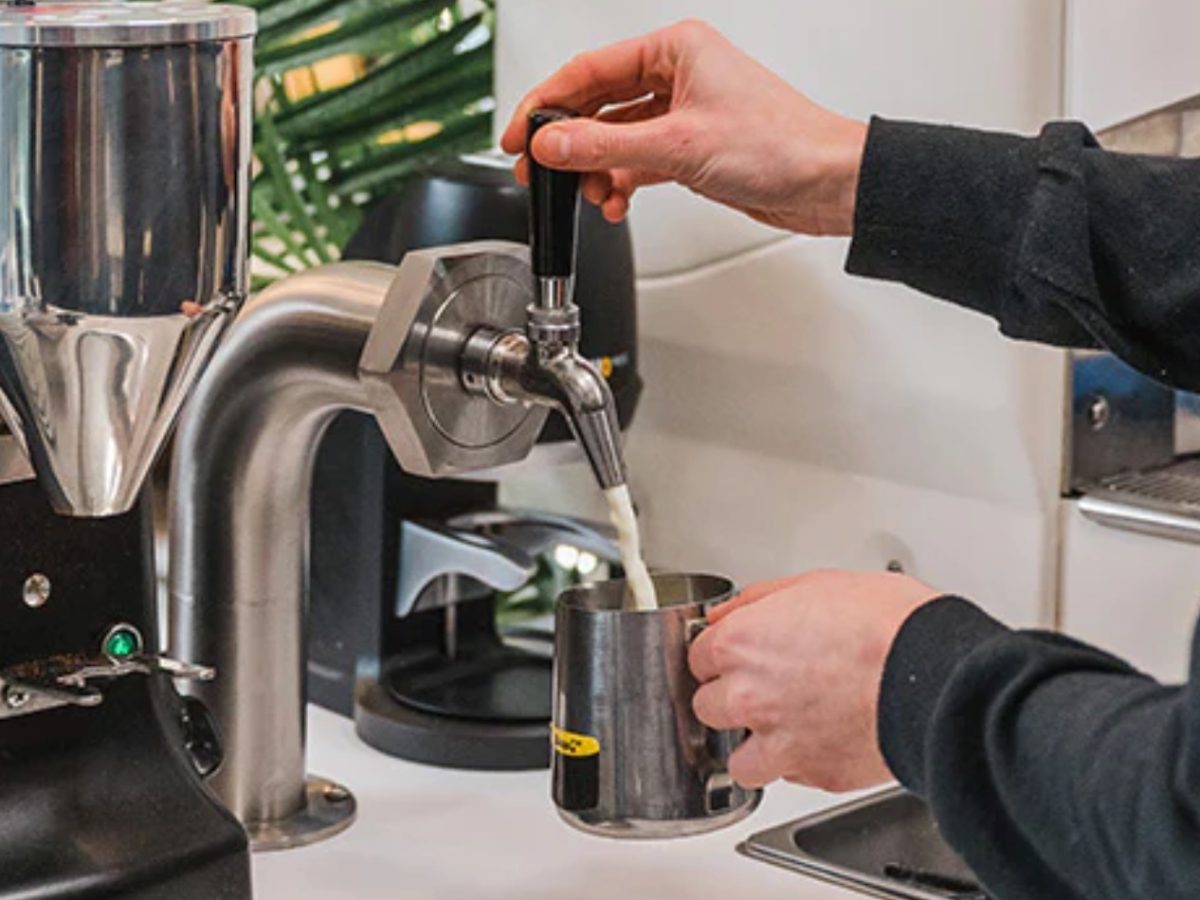
Tasmanian company The Udder Way has partnered with Waikato owned and operated Green Valley Dairies to launch a reusable milk keg for hospitality operators.
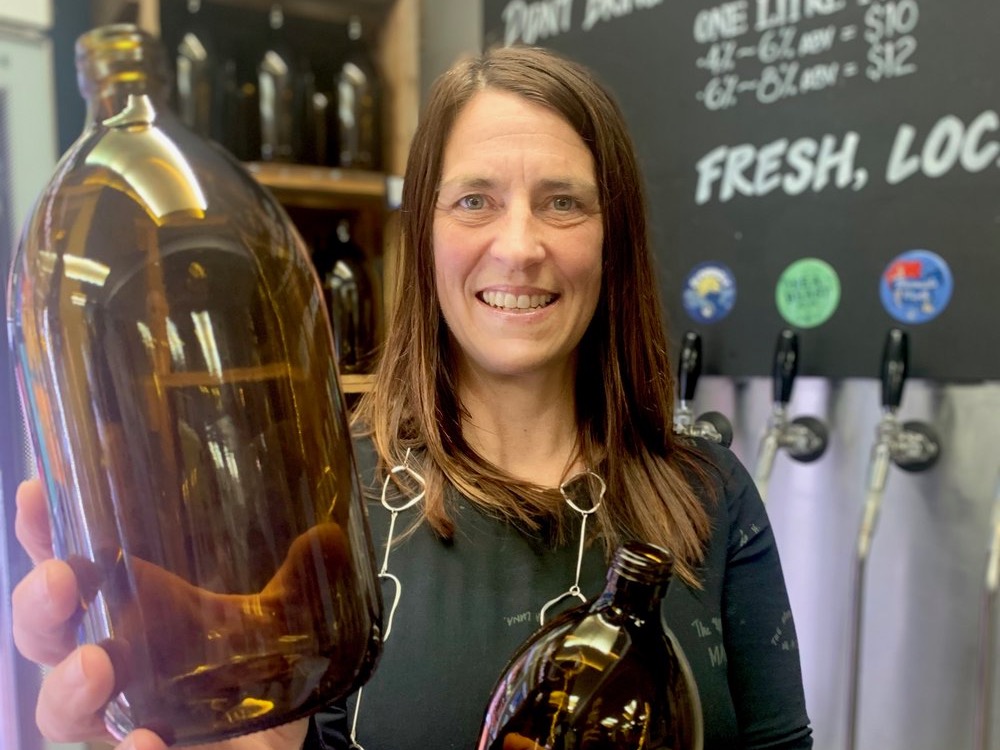
Nada Piatek’s reusable takeaway cup venture branches out from coffee to team up with Garage Project in a trial targeting the craft beer industry.
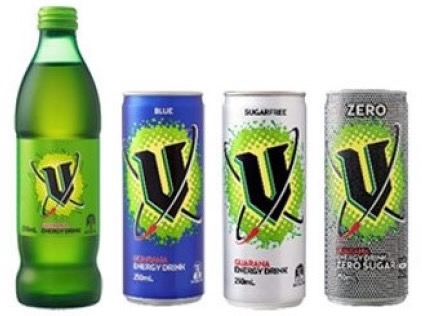
Well-known charity, Keep New Zealand Beautiful, is expanding its water education programme, Upstream Battle, from 90 to more than 200 schools nationwide.
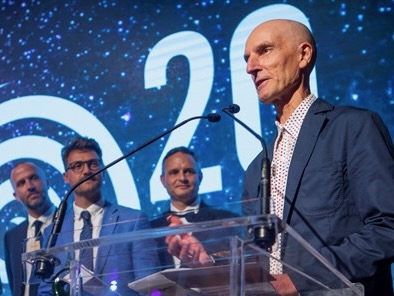
The 21st year of the annual awards, hosted by the Sustainable Business Network, recognises business, local government, social enterprise and individuals for their sustainability achievements.
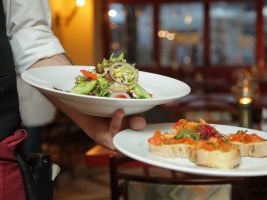
Sustainable and ethical practices are increasingly influencing consumers’ choices in the hospitality industry, according to the latest CGA data by NIQ’s New Zealand On Premise Consumer Pulse Report.
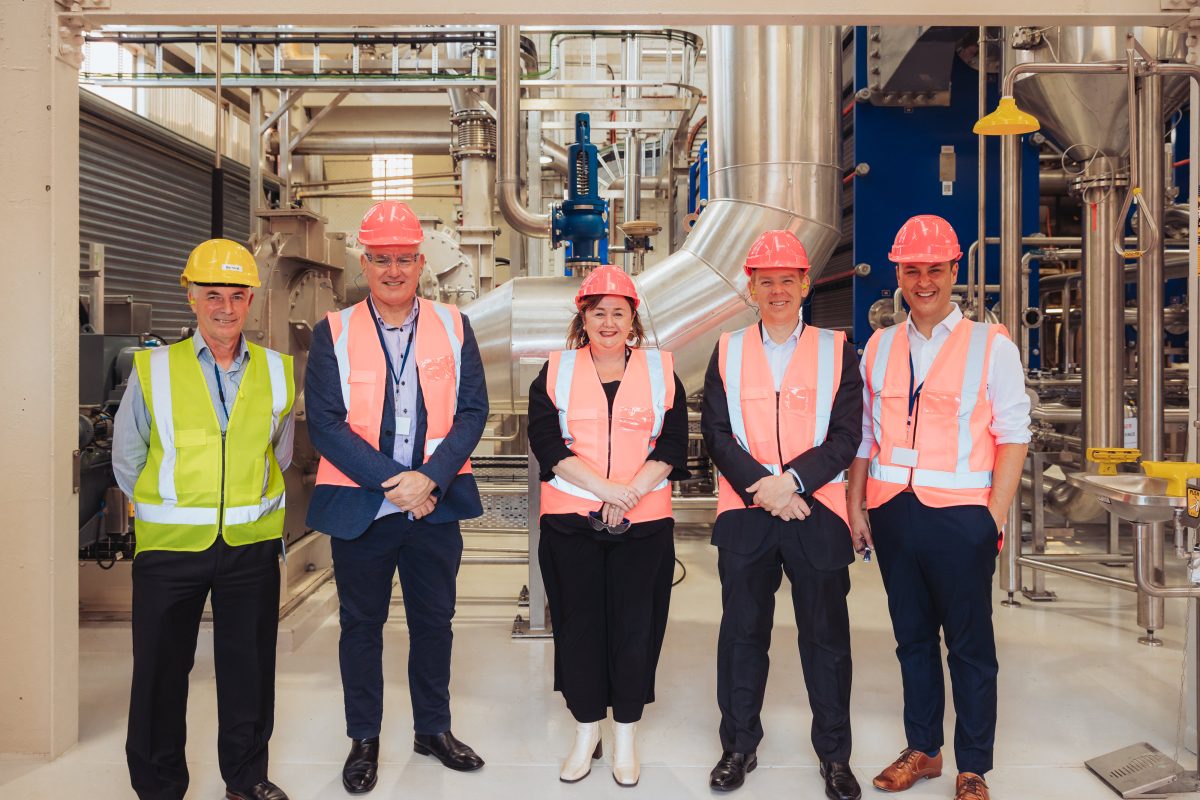
The company behind the Chelsea Sugar brand, New Zealand Sugar, has completed its emissions-reducing Mechanical Vapour Recompression Evaporator Project.

The Mānawa Bay premium shopping destination near Auckland Airport will be home to the country’s first fully electric foodcourt, with no gas facilities on site.

NewFish was on the bill for the launch in San Francisco of the next round of NZTE’s ‘Do Good, Do Well’ global investment drive.
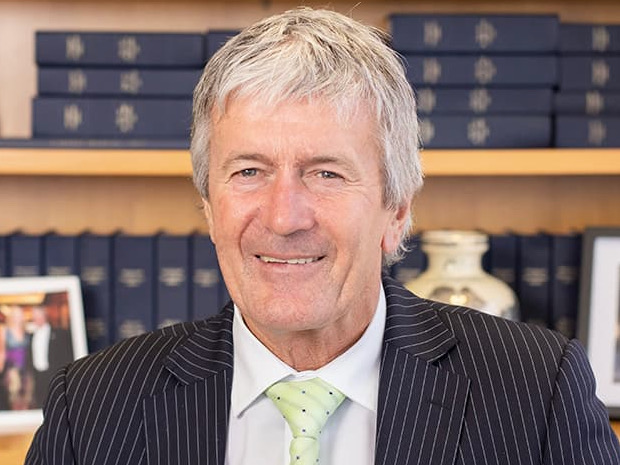
Agriculture Minister Damien O’Connor is travelling to Washington DC to speak at the Agriculture Innovation Mission for Climate Summit being held from 8 – 10 May 2023.
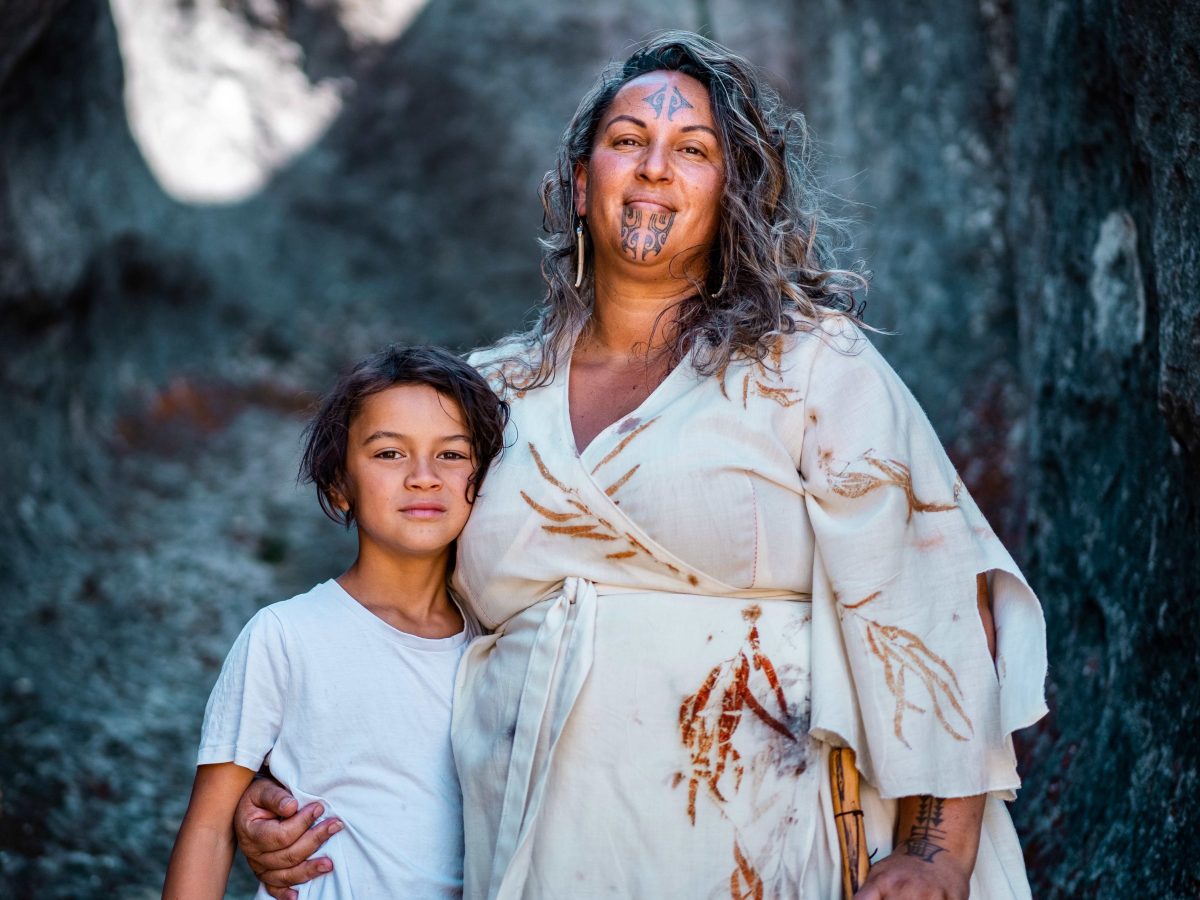
Raglan Food Co has named the winner of its first Vibe Lifter Award – a community programme the plant-based manufacturer introduced as part of its move to become a climate-positive business.
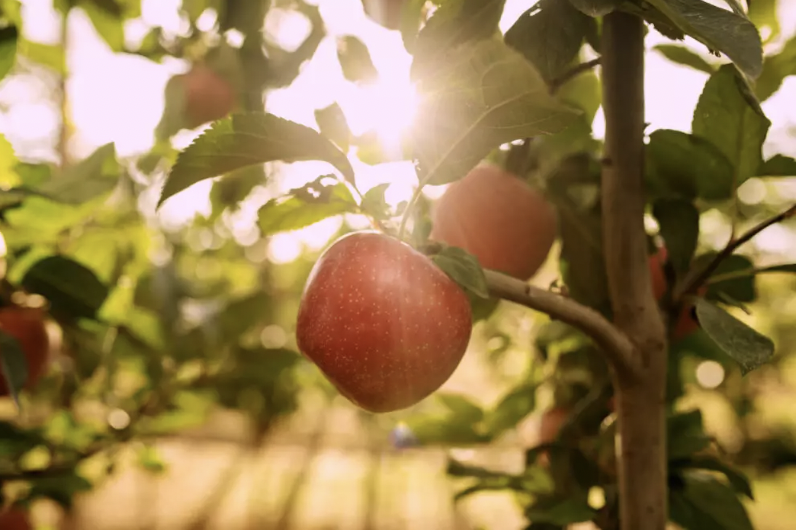
VentureFruit has appointed Andes New Varieties Administration Chile (ANA Chile) as the ‘master licensee’ to develop hot climate apple and pear varieties with growers in South America, starting with Chile.
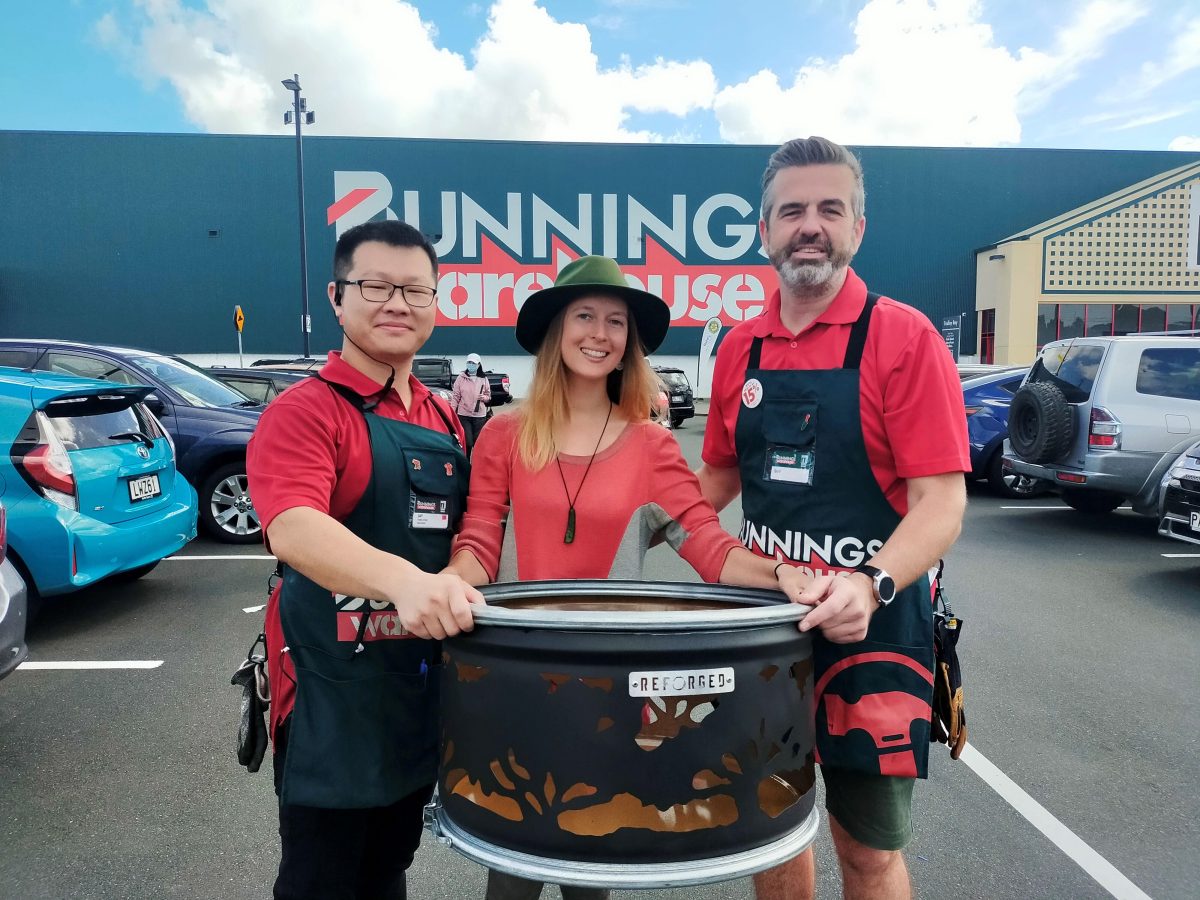
Plant-based food manufacturer Raglan Food Co has secured a listing with nationwide retailer Bunnings to sell its upcycled braziers.

Greenpeace Aotearoa is accusing Coca-Cola of “blatant greenwashing” after what it says is the world’s biggest plastic polluter announced it will replace its green Sprite bottles with clear plastic.
Coca-Cola in New Zealand is joining its global counterparts by transitioning its Sprite beverage brand to clear plastic bottles from its trademark green.
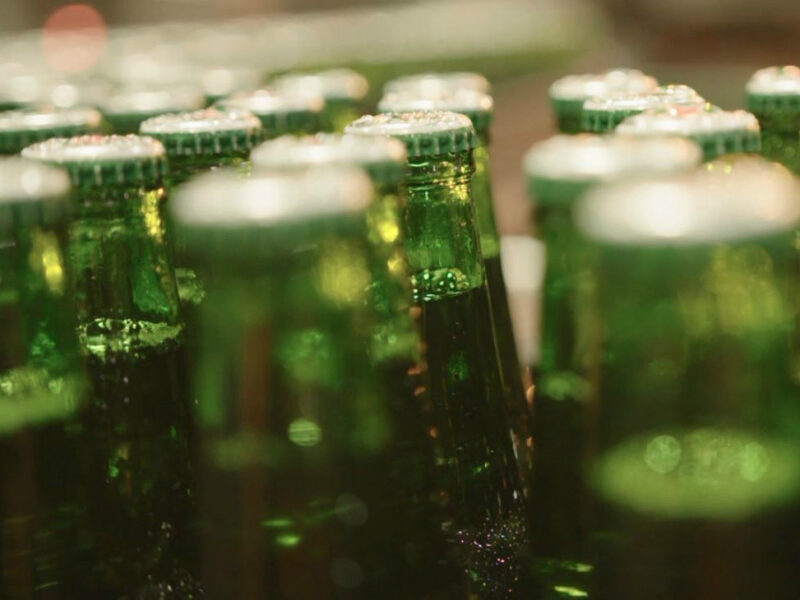
DB Breweries achieved a 49% reduction in scope 1 and 2 carbon emissions in 2022, according to its latest sustainability report.

“We are ready for the next level up,” co-founder Tesh Randall says of the B-Corp, which is aiming to join an exclusive group of Kiwi businesses.
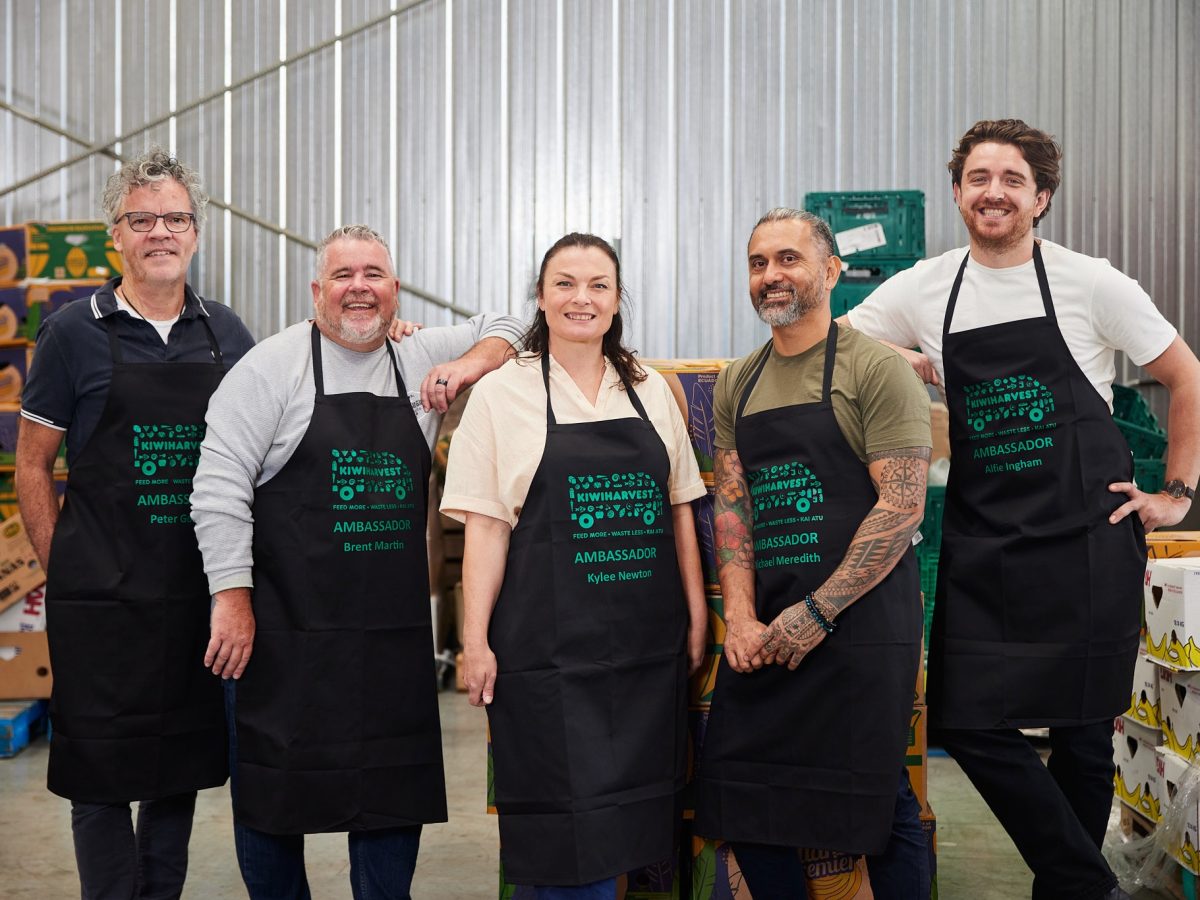
A five-strong group of top New Zealand chefs are getting behind food rescue organisation KiwiHarvest, launching the KiwiHarvest Collective.

The Soulfresh founder is evolving his ‘better-for-you’ business to become ‘better-for-us’.
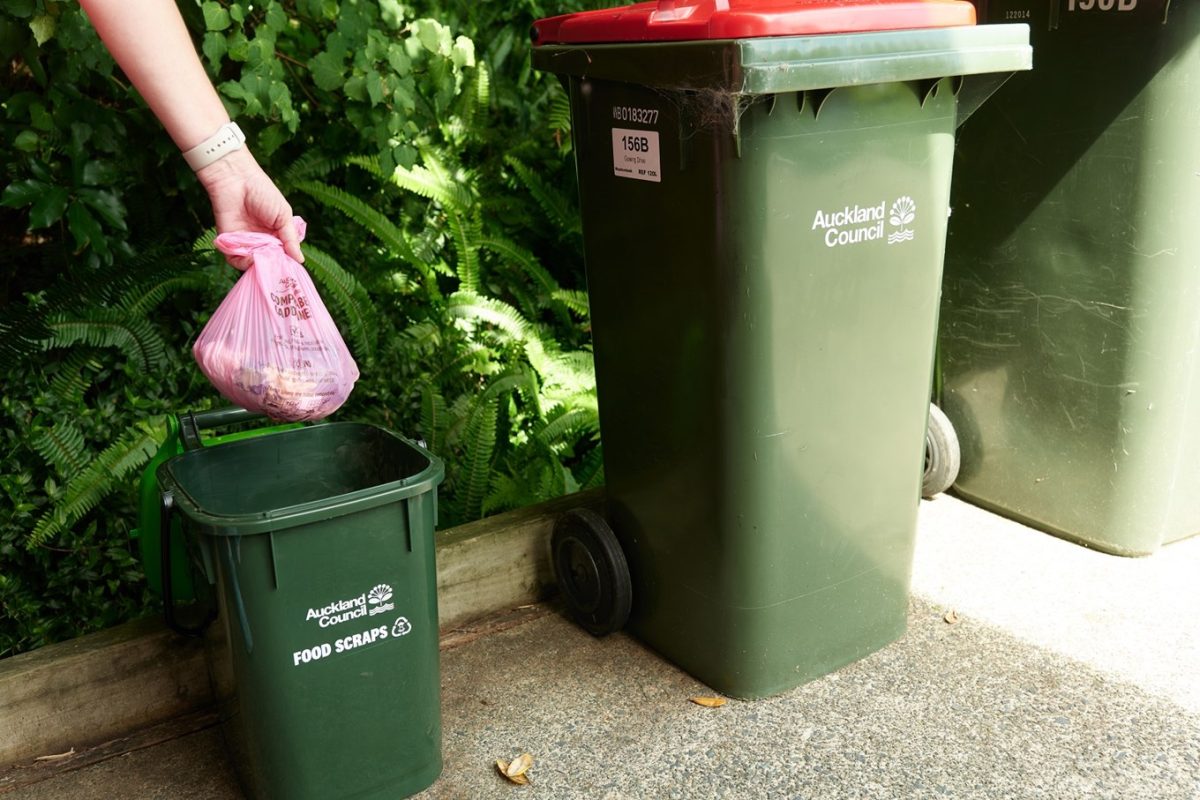
Auckland Council’s food waste collection service, one of the largest of its kind in Australasia, will roll out to about 500,000 households over the coming months.

Kerbside recycling changes are set to take place before the Plastic Packaging Product Stewardship Scheme work concludes, raising concerns at the NZFCG.

The government has launched The New Zealand Waste Strategy, based on circular economy principles that support both emissions and solid waste reduction goals.
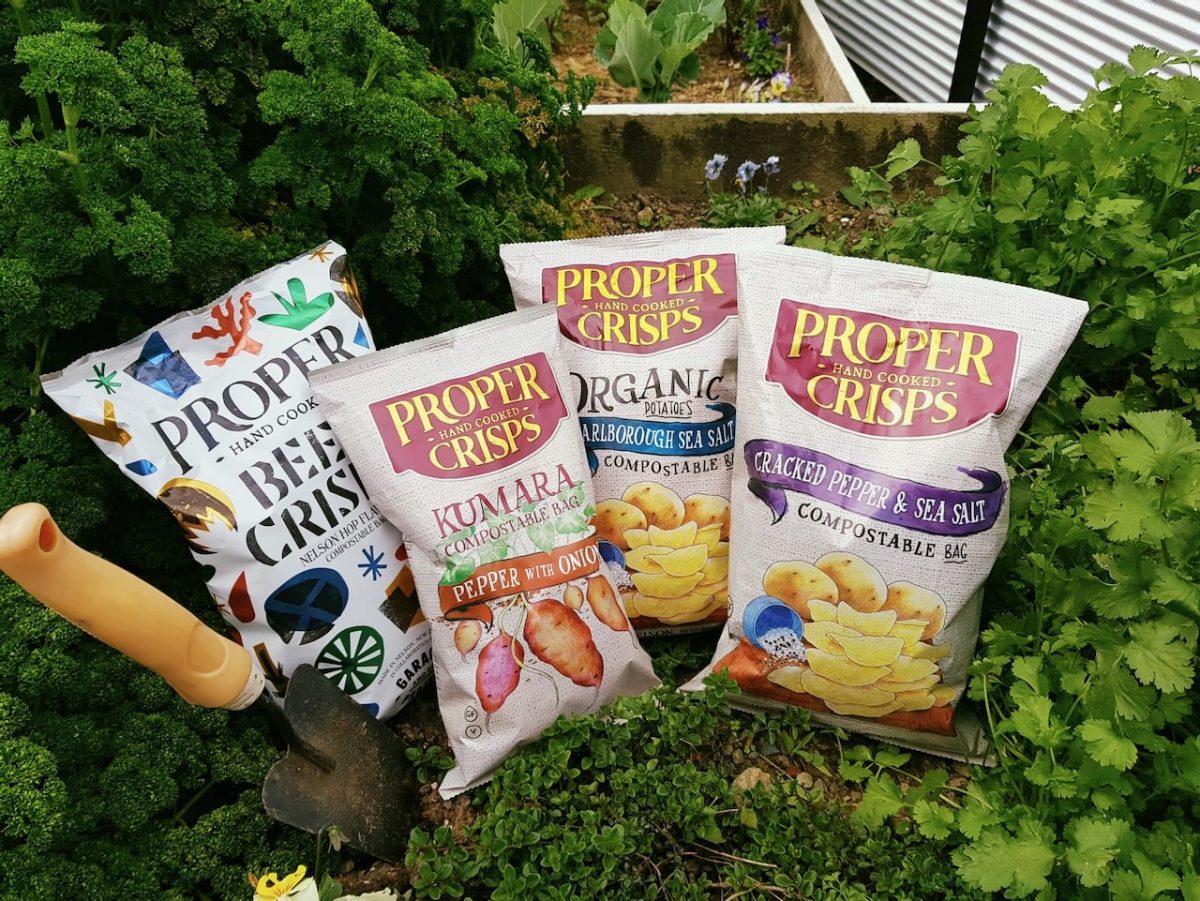
The consumer advocate says greenwashing is rife in grocery, taking aim at products like Proper Crisps, Dilmah tea and Goodness Me fruit nuggets.

New Zealand dairy giant Fonterra has not escaping scrutiny in a new international report which outlined more than 50 examples of “greenwashing” after analysing misleading claims in the food sector.
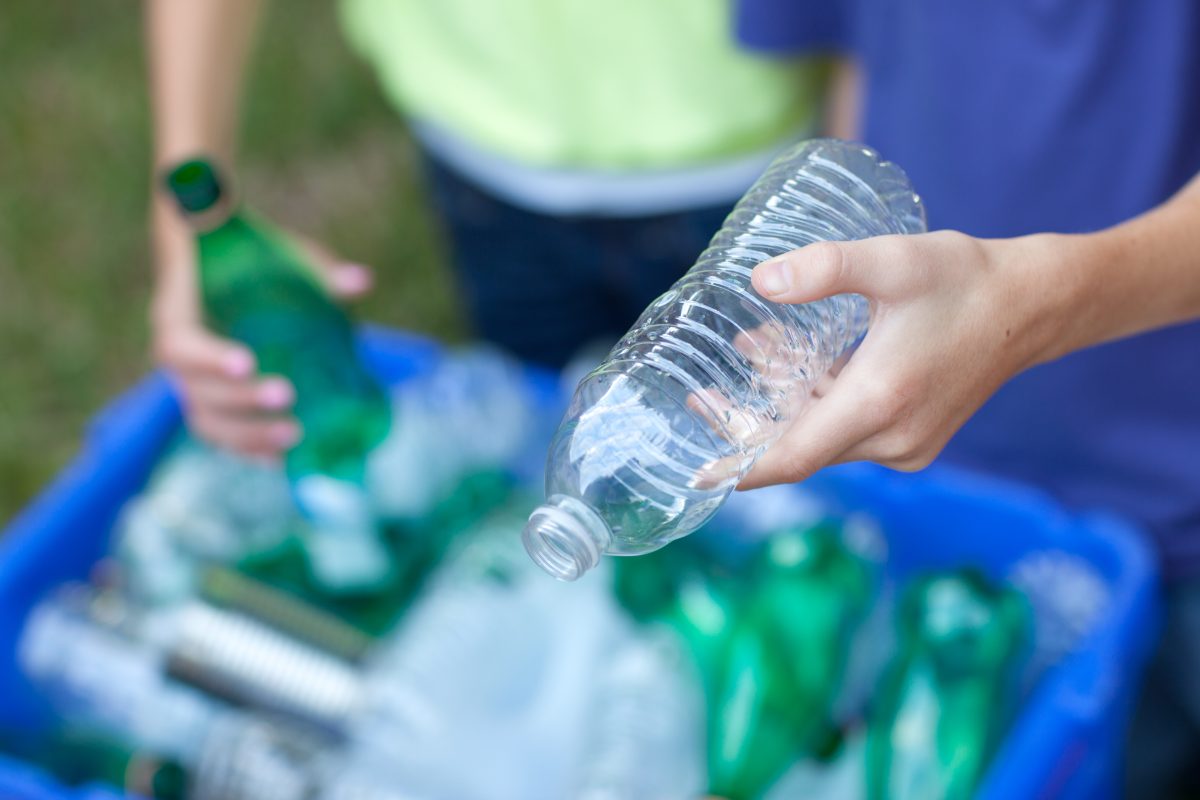
Zero Waste Network Aotearoa and community organisation Kiwi Bottle Drive have both criticised the government’s decision to push back work on a container return scheme.

New Zealand food rescue app, Foodprint, is live in Nelson Tasman from today, 21 March.
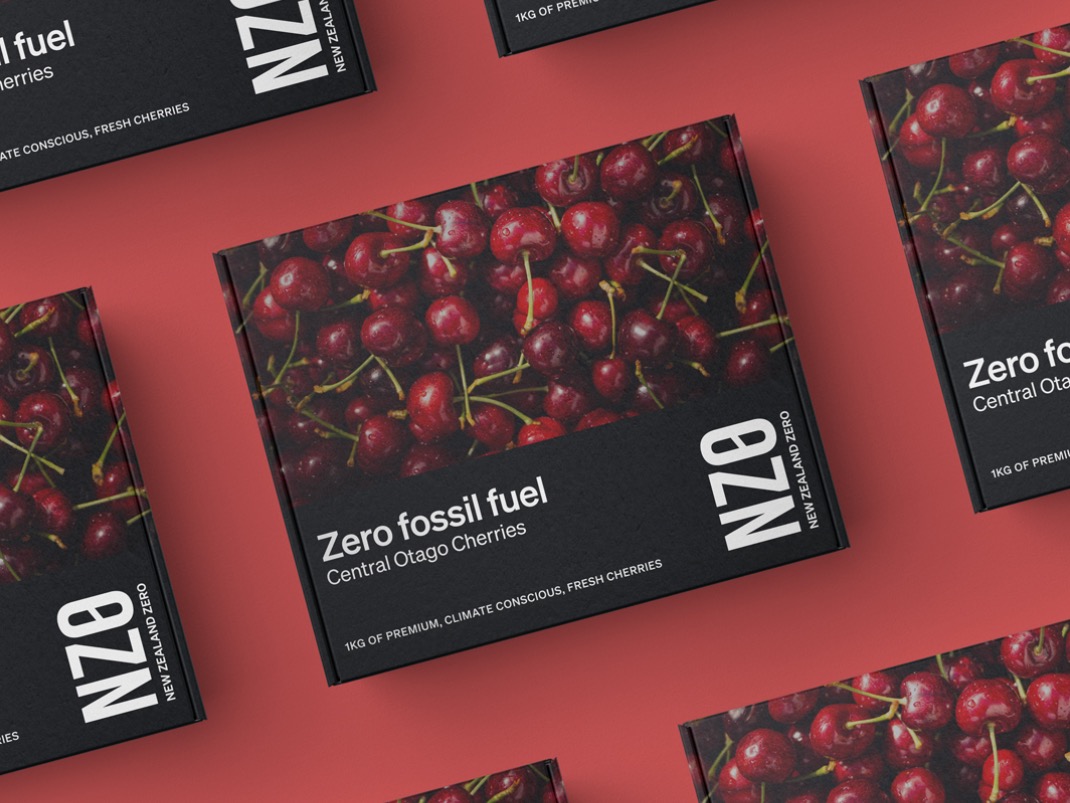
Tech entrepreneur Mike Casey has a vision for a fossil fuel-free food production system in NZ and has established a Central Otago cherry orchard as his proving ground.
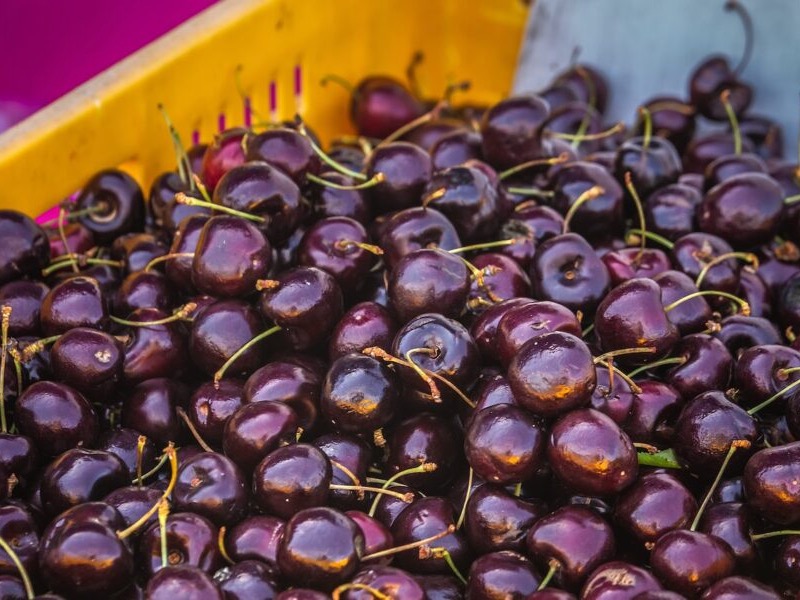
SeekaFresh worked with Perfectly Imperfect founder Wendy Zhou to save over half a tonne of cherries deemed both export and local market rejects.
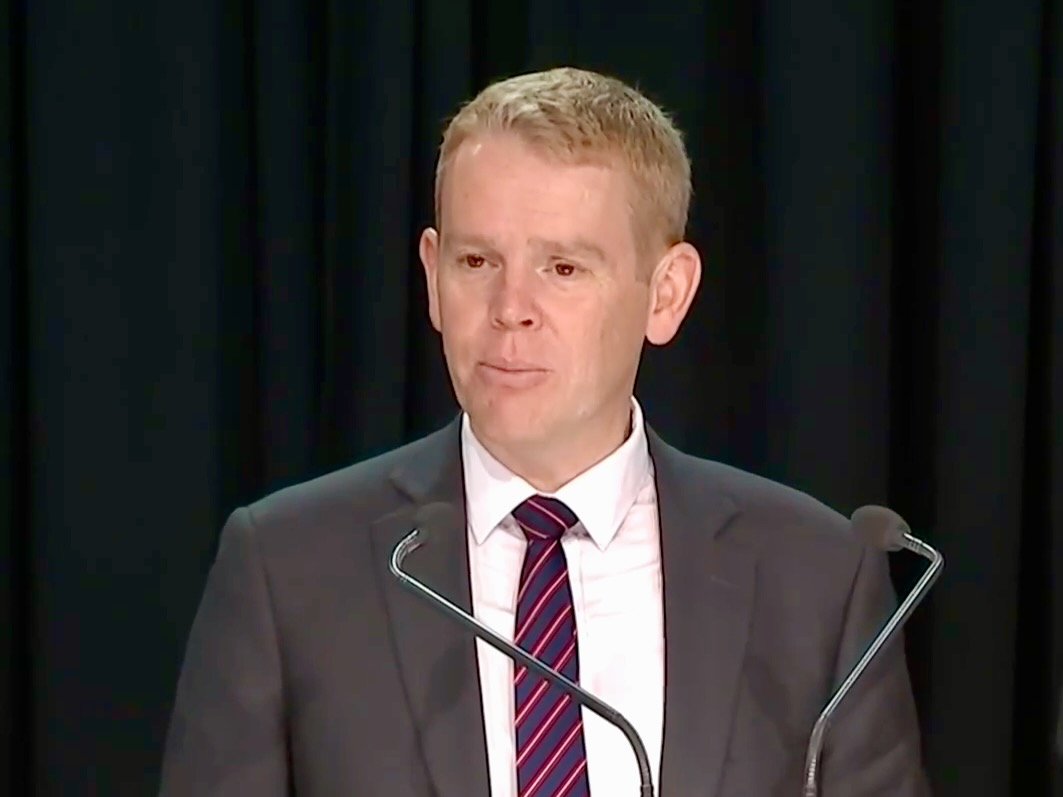
The government has deferred any further work on the controversial container return scheme (CRS) as part of its latest policy “re-prioritisation”.
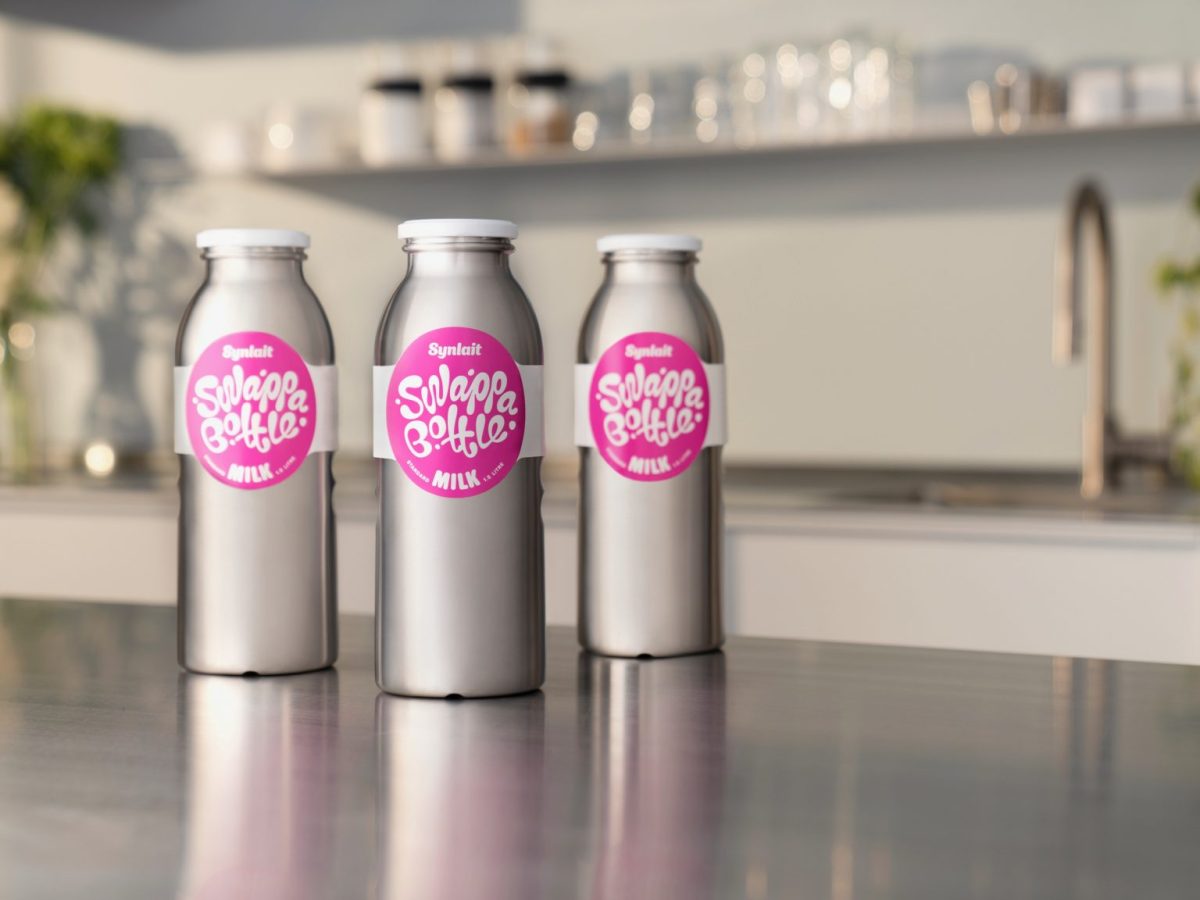
“A significant investment was needed to take Swappa Bottle from a pilot product to a nationwide proposition, and the economics to do this did not stack up,” Synlait says.
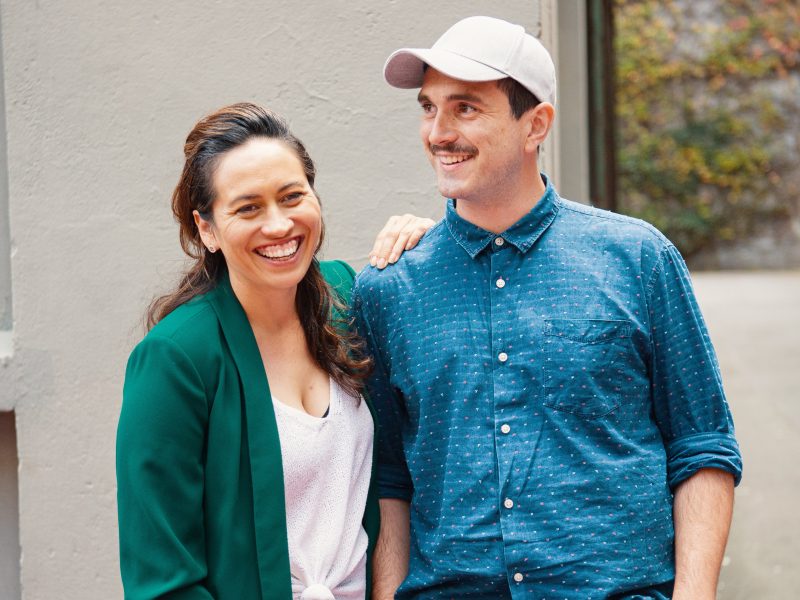
Ten agrifoodtech innovators including food waste venture Circlr have been selected for Sprout’s 12-week accelerator.
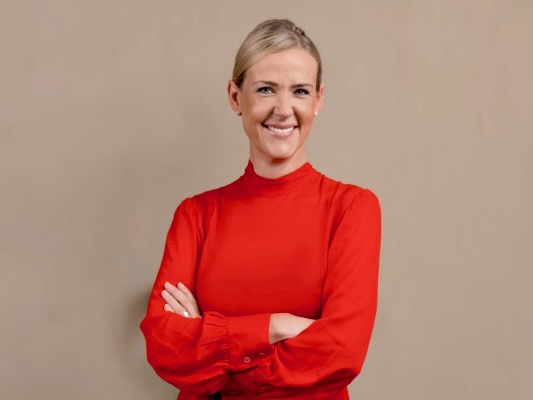
New boss Aimee McCammon says a review of Pic’s export portfolio through a sustainability lens could see it consider localising manufacturing or making supply chain improvements.

The government is investing more than $9m over six years to develop a national agricultural greenhouse gas capability plan, and bring more researchers into the field.
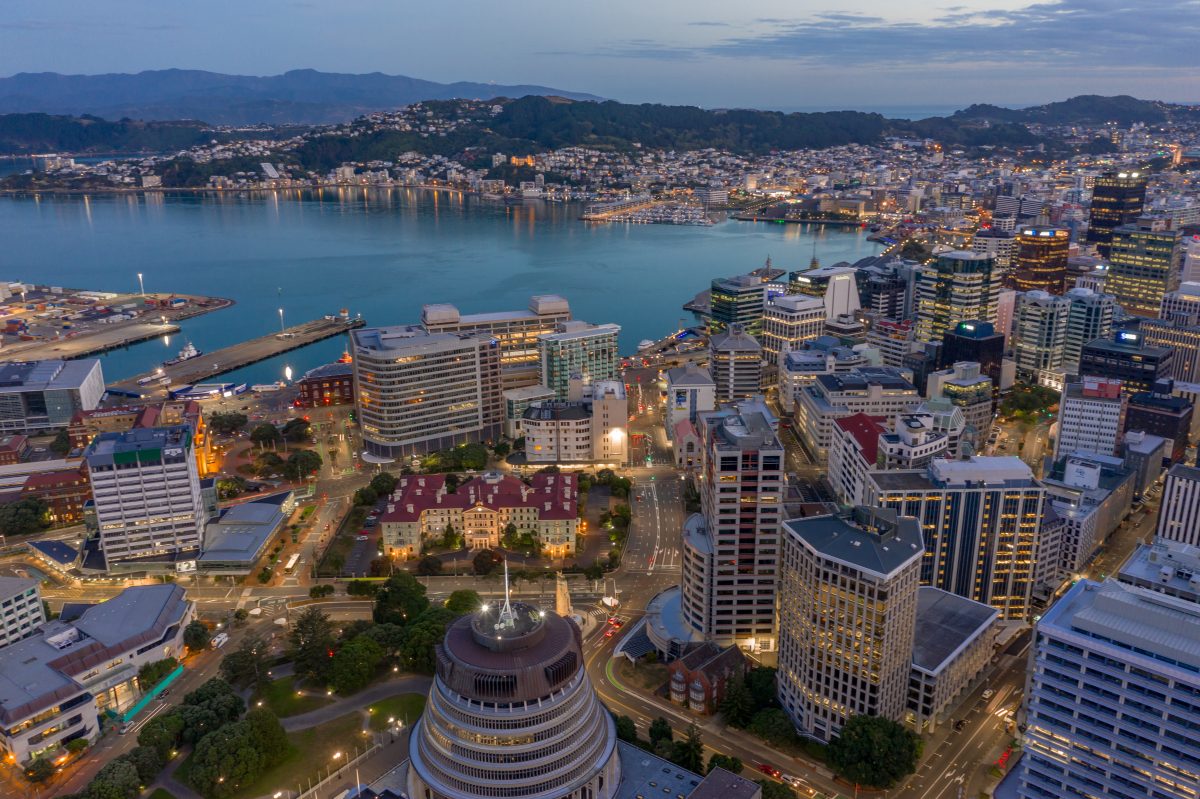
Wellington City Council has formalised Te Anamata ā-Kai o Tō Tātou Tāone, Our City’s Food Future, an action plan for a sustainable, equitable, healthy, and resilient food system in Pōneke.
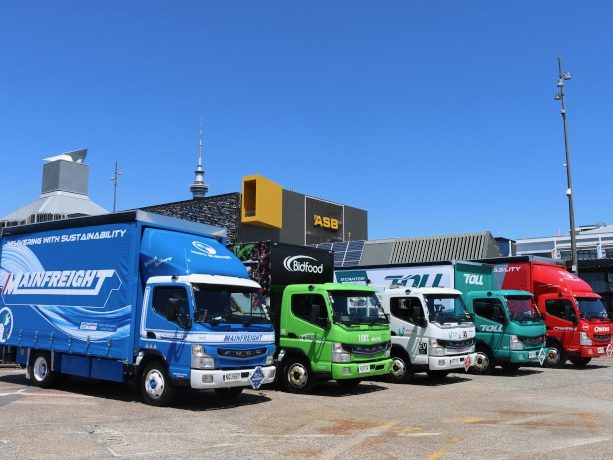
The Sustainable Business Network has launched a free online toolbox that it says makes it easy for businesses to assess the sustainability of their organisation and their supply chain.
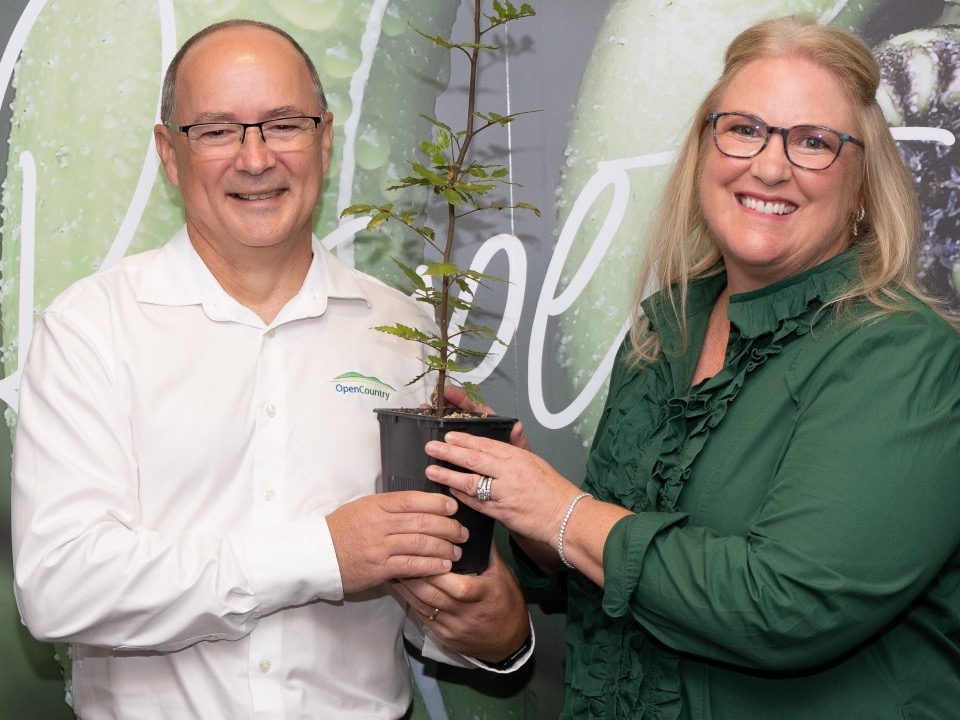
Independent dairy processor Open Country and food manufacturer Nestlé are partnering in a new project to help farmers offset greenhouse gas emissions by planting native trees on dairy farms.

Pāmu has signed a signed a second sustainability-linked loan, this time for a $20m facility with ANZ.

Net zero strategist Dr Victoria Hatton takes over from Abby Thompson as CEO of the NZ food science and innovation hub.
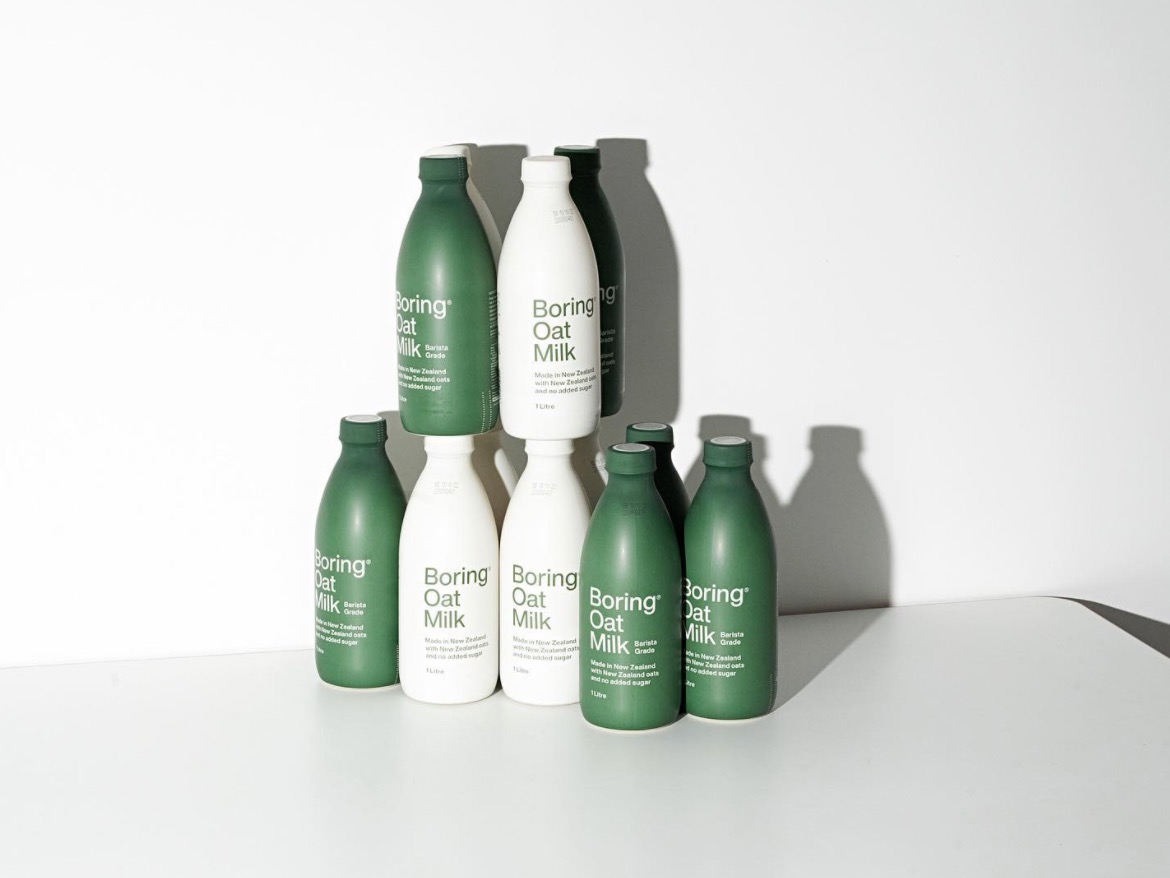
Growing oats for milk in NZ uses less land and produces fewer greenhouse emissions than a traditional dairy system, but is also less profitable, according to a new study.

A new venture capital fund set up to invest in New Zealand’s food sector as part of a focus on the “new” sustainable economy already has two deals underway.

Due to reduced milk production, Synlait’s on-farm emissions intensity, per kg of milk solids, increased 1% over the past year, according to its newly published 2022 Sustainability Report.
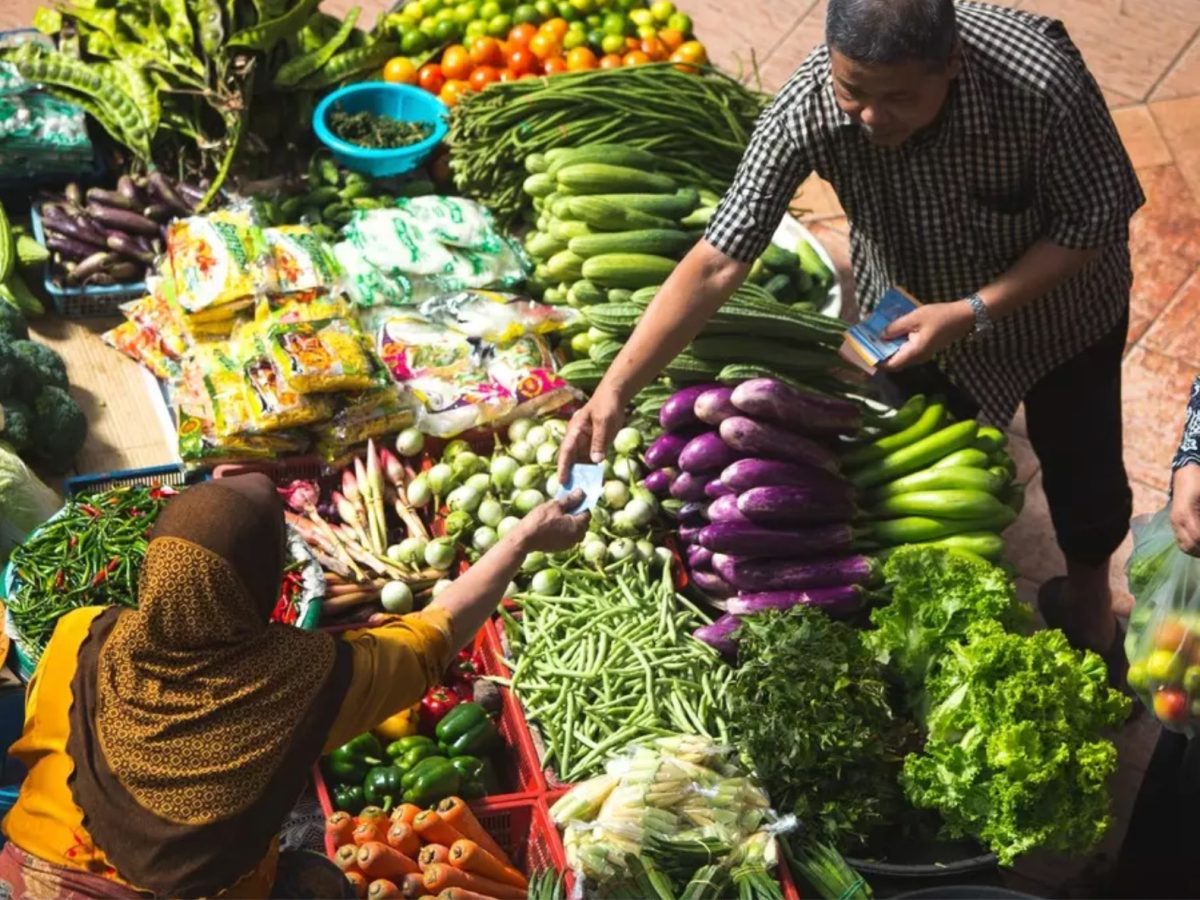
This year will include some stocktake moments that must be seized upon to protect against the inter-related crises of conflict, climate change, and inflation which are threatening the food system, says the WEF.
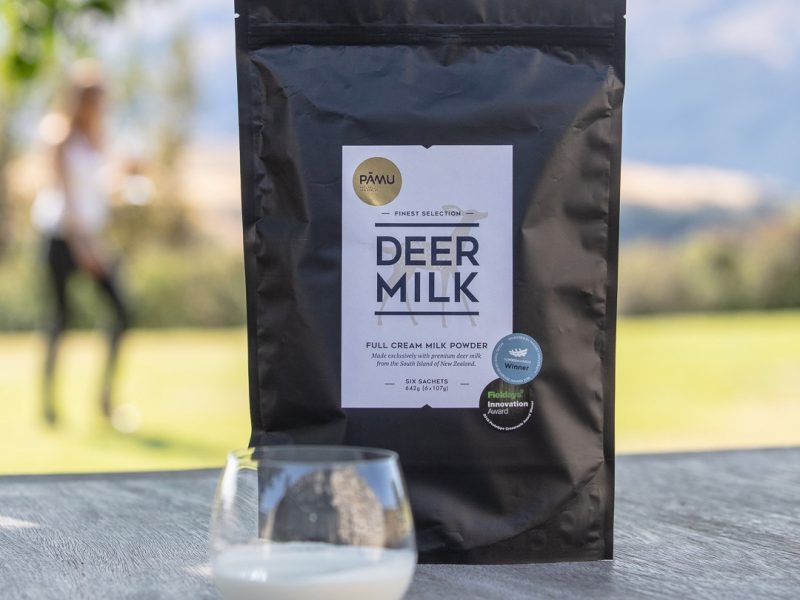
Pāmu has established an independent sustainability panel.

Foodstuffs North Island is partnering with with textile and garment waste recycler Upparel to repurpose waste that comes from distribution centre uniforms and end-of-life personal protective equipment.
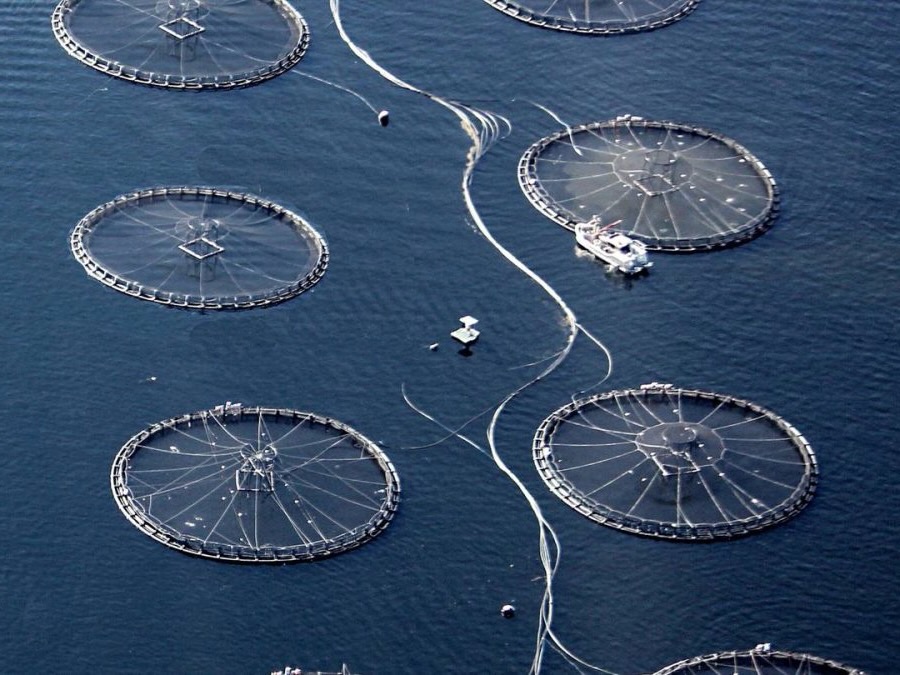
Sustainability think tank McGuinness Institute has filed an appeal against New Zealand King Salmon’s Blue Endeavour consent.

“We know that beyond the physical, we’ll also see changes at a regulatory level, along with a heightened expectation from our customers and consumers that we are adapting our approach,” Zespri’s sustainability boss says.

“Food and fibre business will have to adapt quickly to the likely changes any sustained recession will bring,” says KPMG’s global head of agribusiness Ian Proudfoot.

The association representing the red meat processing and exporting sector has called for changes to the government’s agricultural emissions pricing proposal.
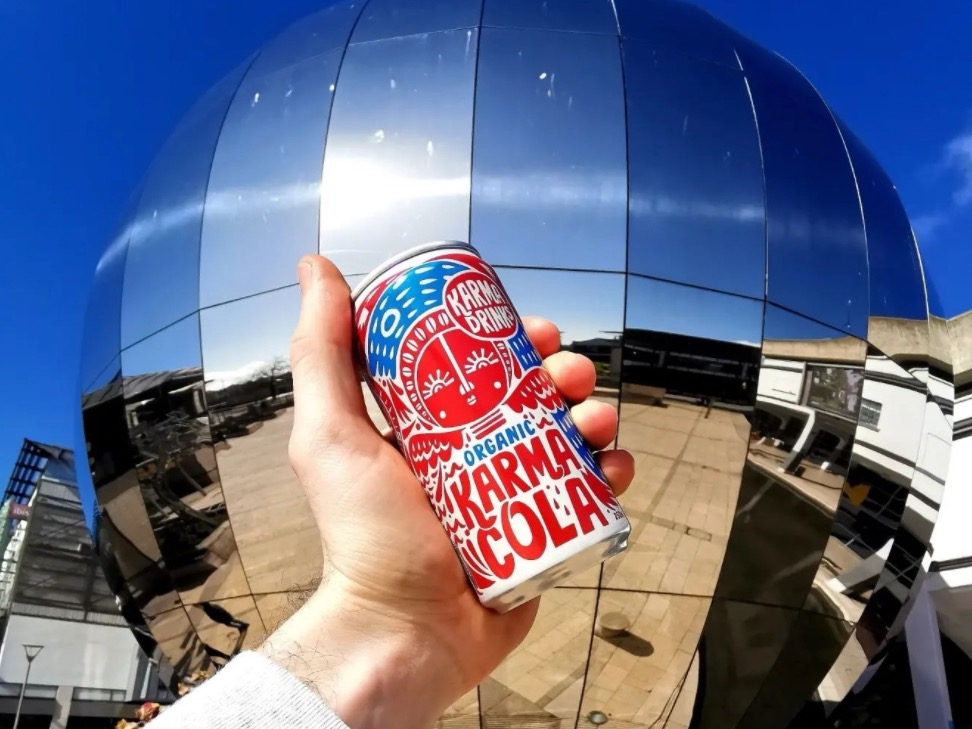
Food and beverage brands put in a strong showing at the twentieth annual Sustainable Business Network Awards.
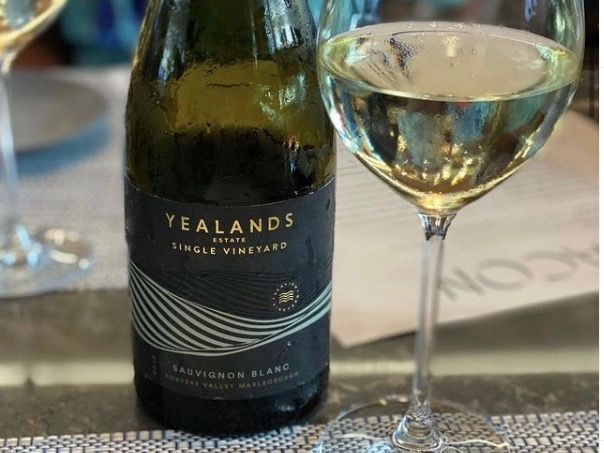
Yealands Wine Group has won two golds at the 2022 International Green Apple Awards for its Biodiversity Plan.

The Warehouse has launched a new recycle hub at its Royal Oak store in Auckland.

Launched at the Forests and Climate Leaders’ Partnership, the roadmap lays out how the companies will reduce emissions from land use changes in the cattle, palm oil and soy sectors.
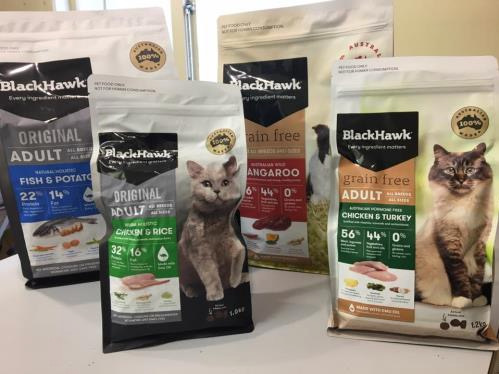
Dual-listed animal and healthcare company Ebos has set a deadline to start its sustainable packaging journey by 2025 at the latest.
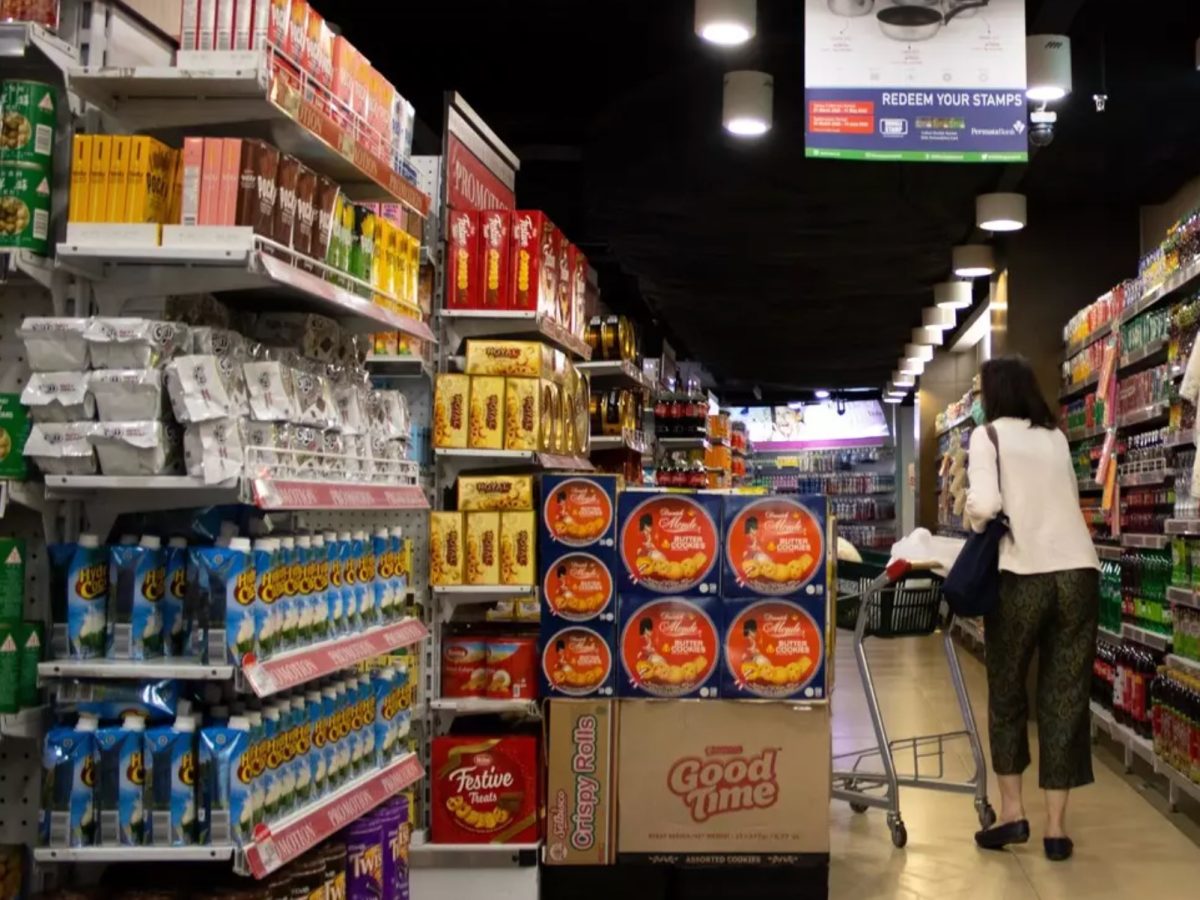
The World Economic Forum says decarbonising supply chains in food – where more than 70% of emissions are from land use – and consumer goods is essential for achieving net zero.

The Sustainable Trade Index, launched in Singapore overnight by the Hinrich Foundation and the International Institute for Management Development, ranks New Zealand first of 30 economies that undertake international trade in a manner that supports long-term global sustainable development.

Subscribe now to enjoy unlimited access to Food Ticker, New Zealand’s new food and beverage industry trade daily. Thank you for visiting Food Ticker. Click here for our subscription packages. We MORE »
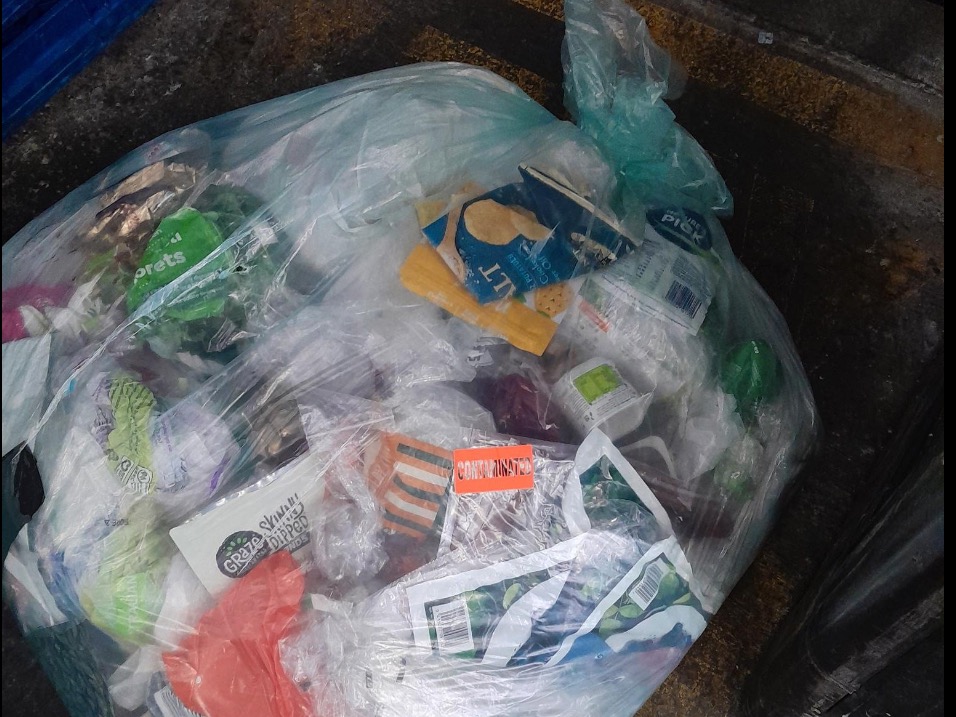
The Ministry for the Environment has opened applications for round two of the Plastics Innovation Fund – Te Tahua Pūtea mō te Kirihou Auaha.

Te Pae Christchurch Convention Centre is launching a partnership with the local Canterbury Community Garden Association to supply the waste converted by its food dehydrator to the organisation.
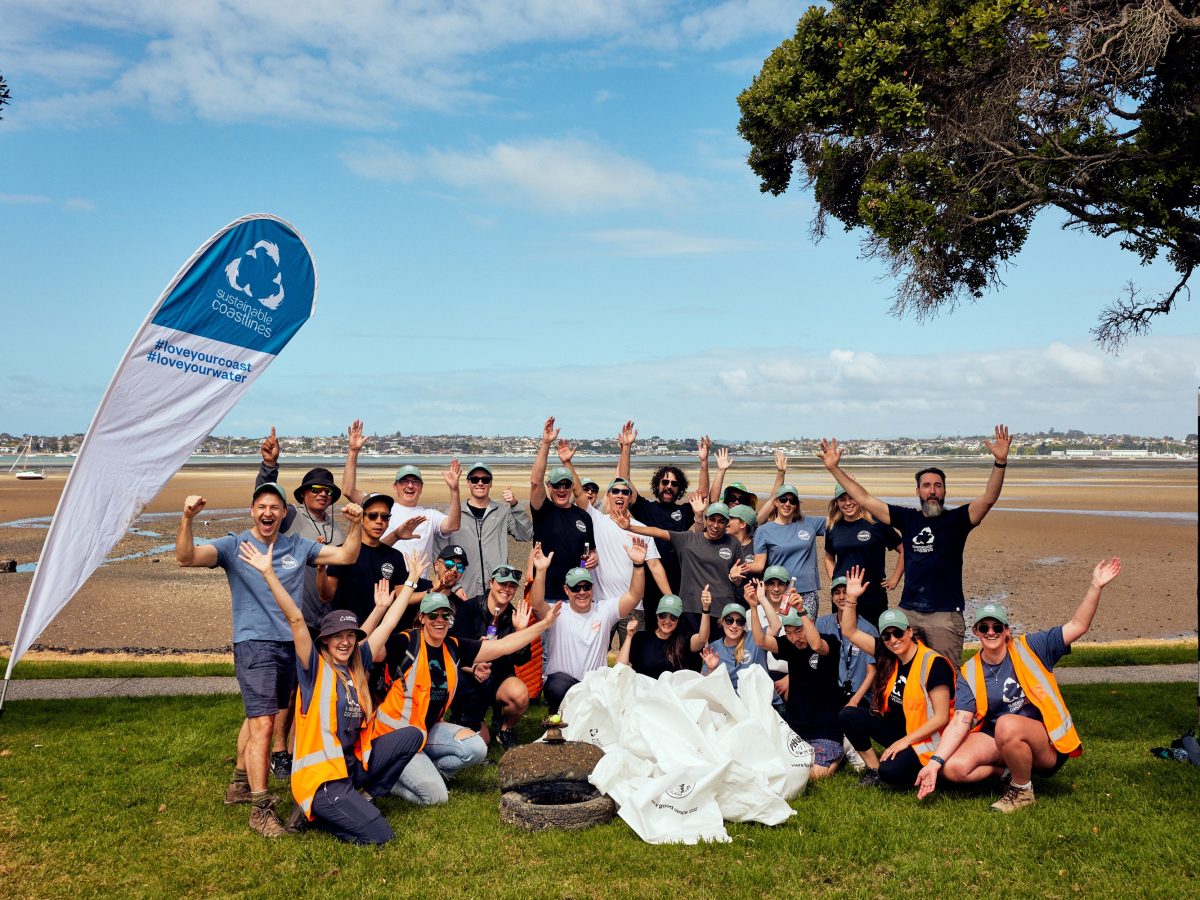
Phoenix Organics, which is part of The Better Drinks Company and Asahi Beverages, has signed an additional three-year gold sponsor partnership with charity Sustainable Coastlines.

The proposed new Centre for Climate Action on Agricultural Emissions unveiled in Budget 2022 is on track to be up and running by the end of the year, according to MPI.
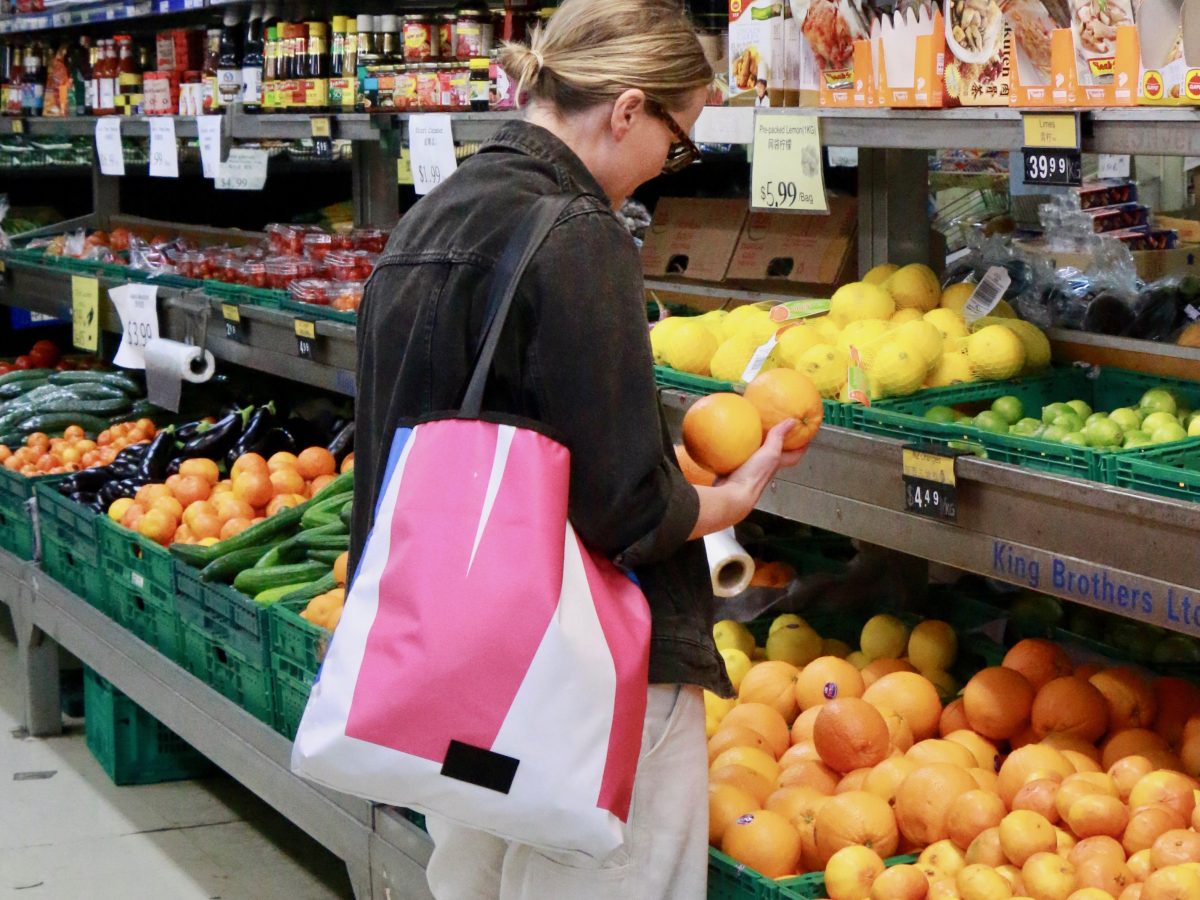
Kōkako’s supermarket coffee brand Everybird has teamed up with local reclaimed product producer Goatloft to transform its Auckland billboard into 50 one-of-a-kind reusable tote bags.
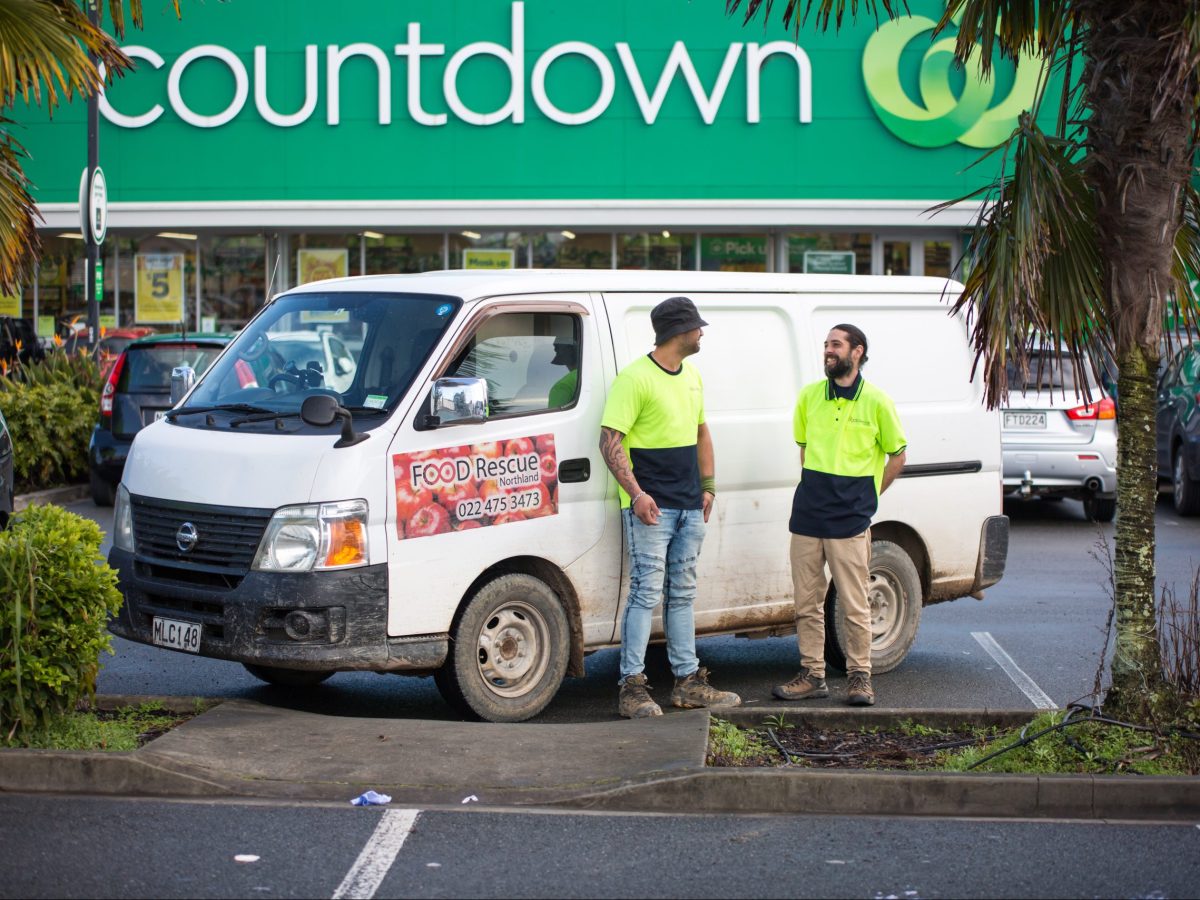
Dame Juliet Gerrard, the Prime Minister’s Chief Science Advisor, has published her second report as part of a wider food waste series.
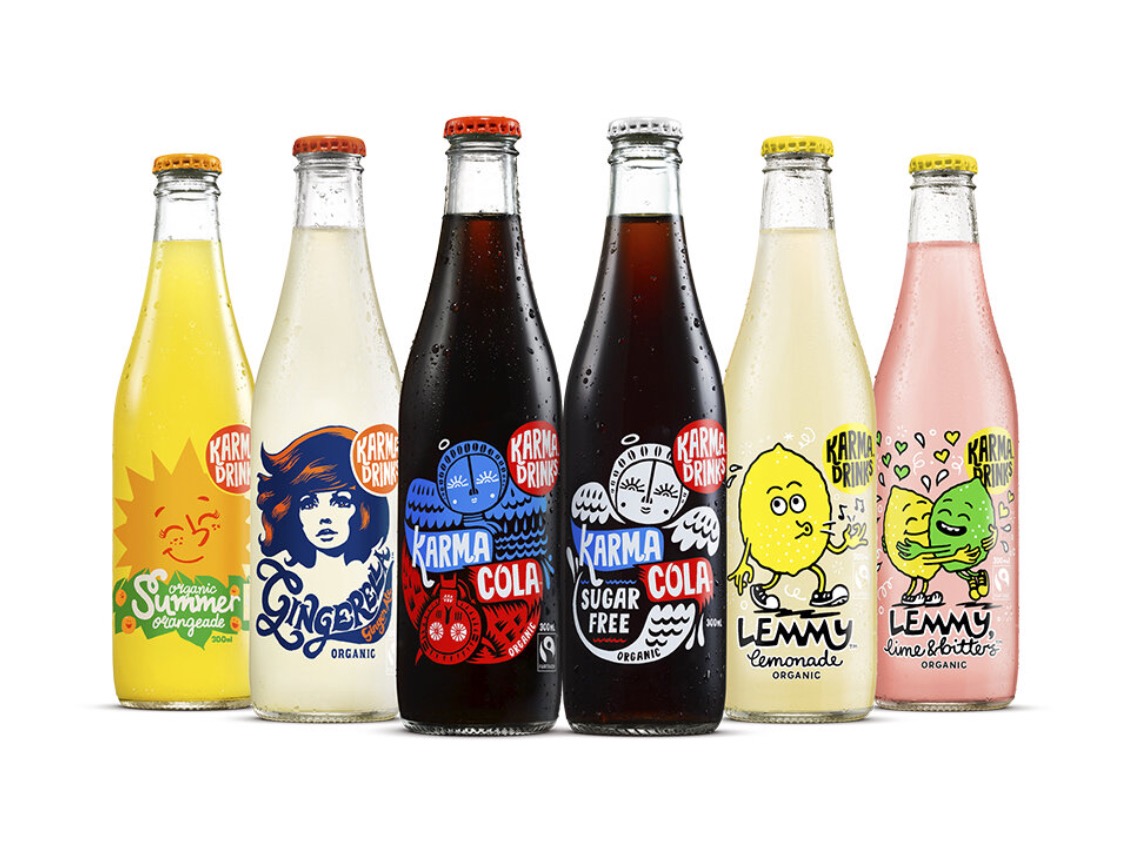
Karma Drinks has achieved B Corp certification coming in with 127.4 points, which it says is the highest score in New Zealand.
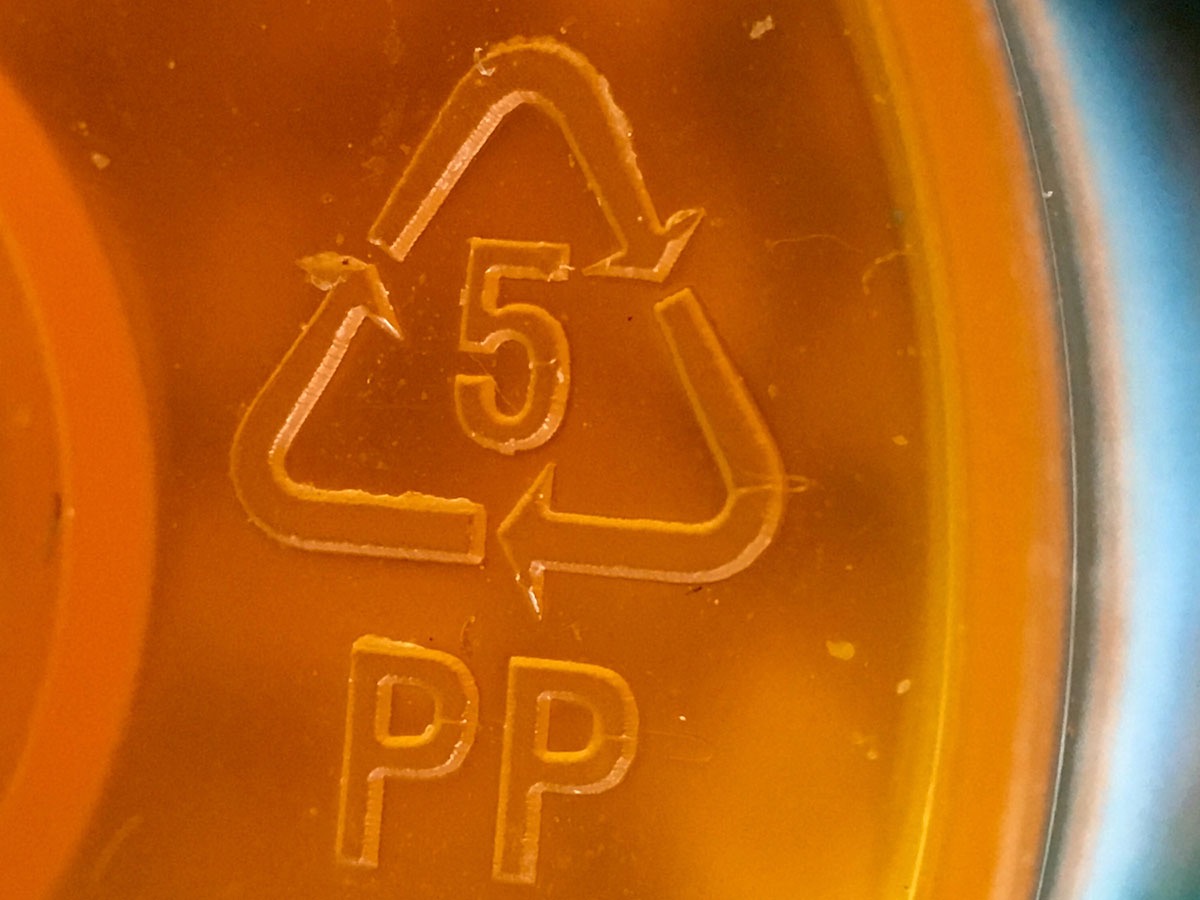
An additional 14 councils have started collecting and recycling more types of plastics in the last 12 months, according to Plastics New Zealand.

Fonterra has released a Sustainable Finance Framework.
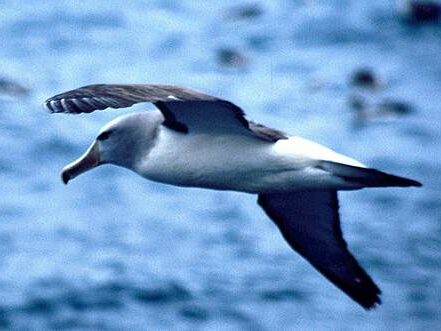
Climate change is continuing to drive ocean acidification, raise sea levels, and increase sea surface temperatures, according to the third report in the government’s ‘Our marine environment’ series published this week.
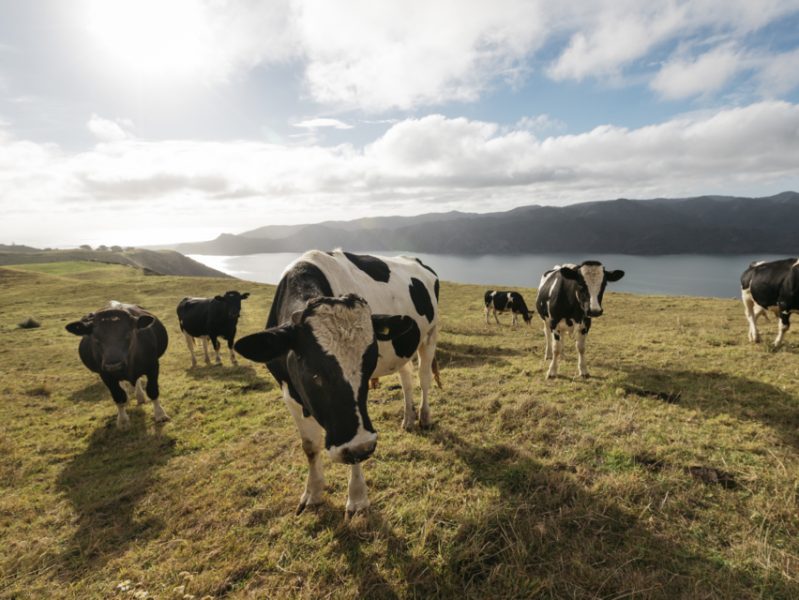
Converting partly digested grass from the stomachs of slaughtered cattle into biogas that could be used to sustainably heat commercial greenhouses is the focus of a new 14-month study at Scion.
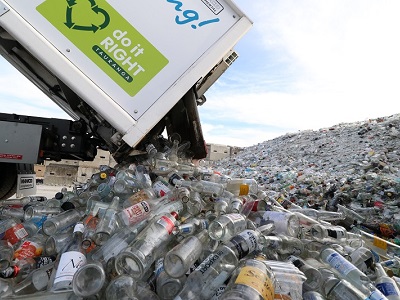
A new report suggests an alternative that is cheaper and more convenient for consumers and better for businesses and the environment, says the Glass Packaging Forum.

Food companies including Countdown, Goodman Fielder, Silver Fern Farms and Fonterra are founding signatories of a new sustainable food system initiative, Kai Commitment.
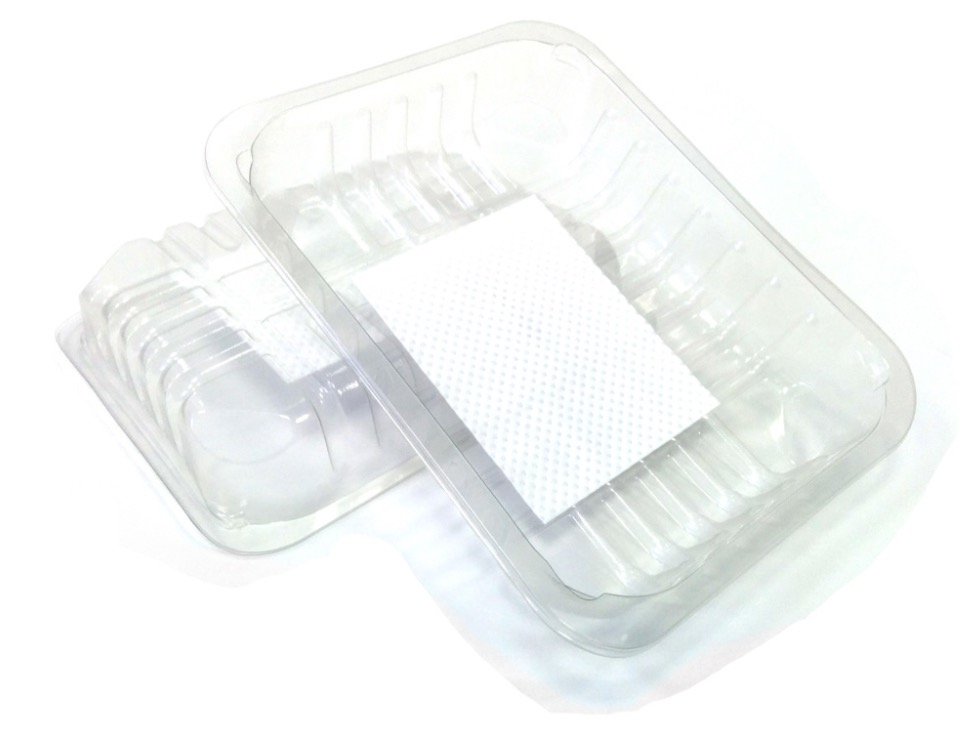
Single-use plastic cotton buds, drink stirrers and most plastic meat trays are among the products that have been banned from sale or manufacture from 1 October.
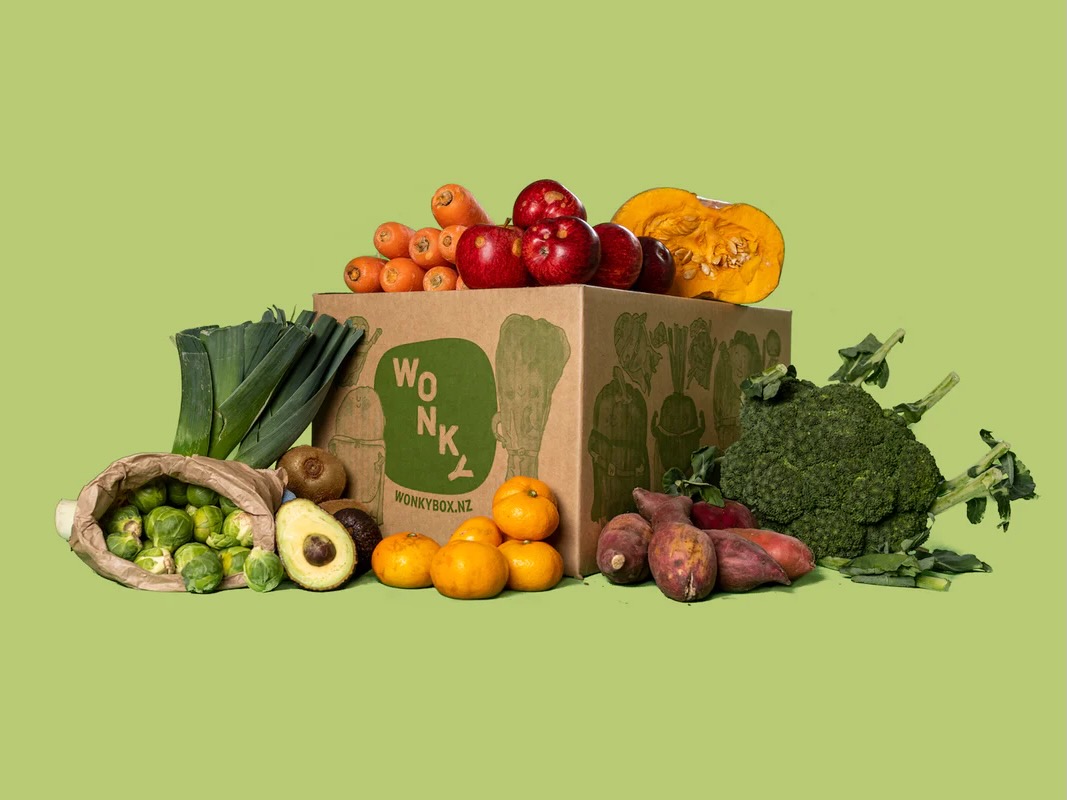
“If we have provided a solution for growers here in Wellington, then there is an opportunity to provide a bigger solution for growers from around the Auckland region,” co-founder Angus Simms says.

Fonterra is trialing an organic polymer battery at its Waitoa UHT plant.
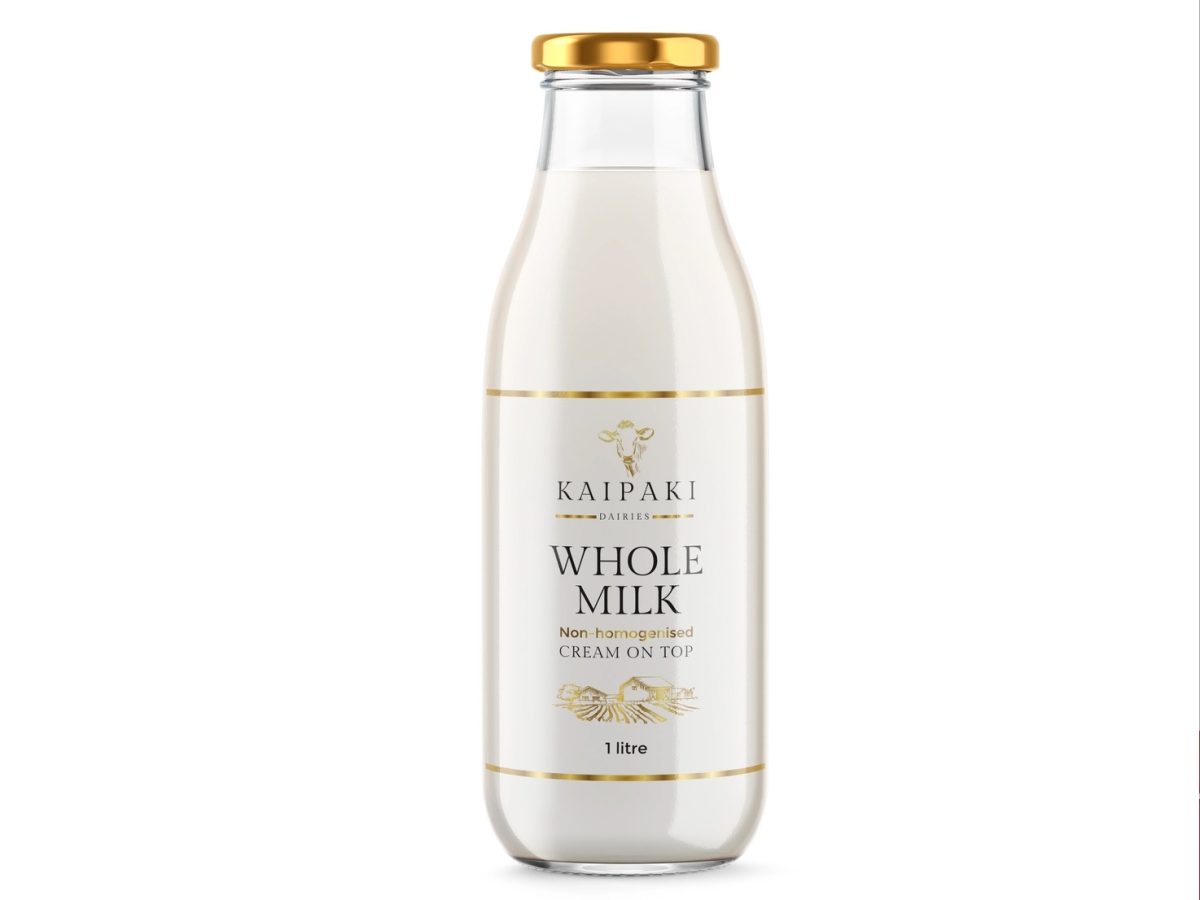
A Kaipaki Dairies initiative is among the first recipients of the government’s $50m Plastics Innovation Fund.

“Our goal is to create a zero-waste circular system that is convenient and simple for Kiwis to get behind,” Havana’s Sam Keall says.
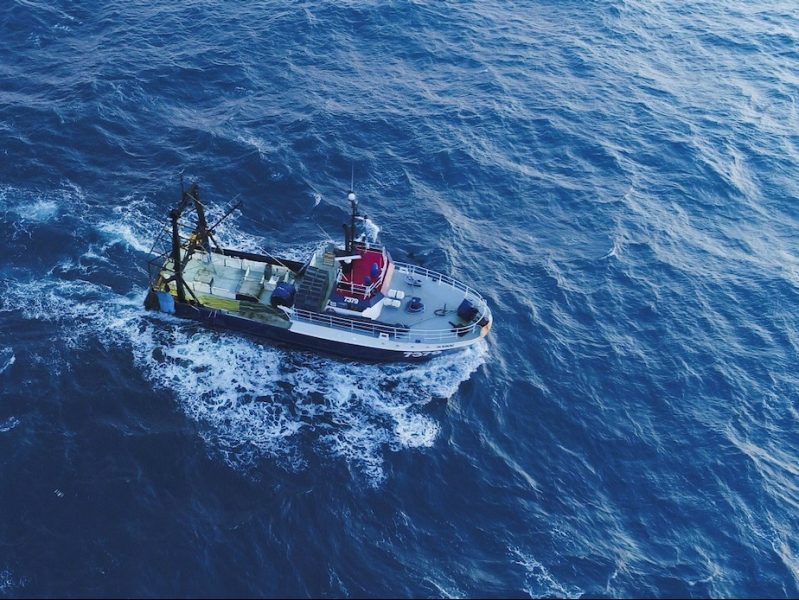
New Zealand seafood company Sanford has adopted the ESG World Platform.

Synlait Milk has completed two key projects, which sees the first phase of its decarbonisation roadmap completed.
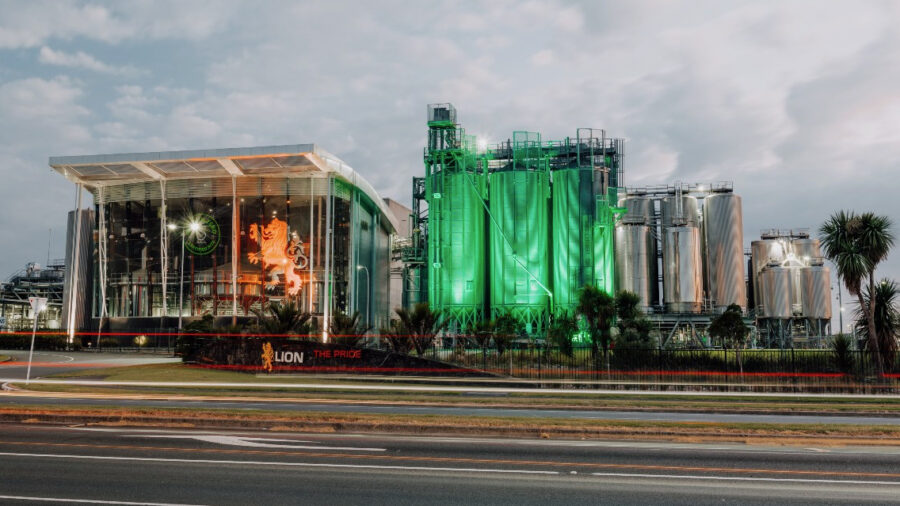
Lion New Zealand has reduced its carbon emissions by 10% from its baseline measurement taken in 2019.

Food rescue organisations are “an excellent social investment” returning $4.50 in value for every dollar invested, according to a new study co-funded by the Aotearoa Food Rescue Alliance (AFRA).
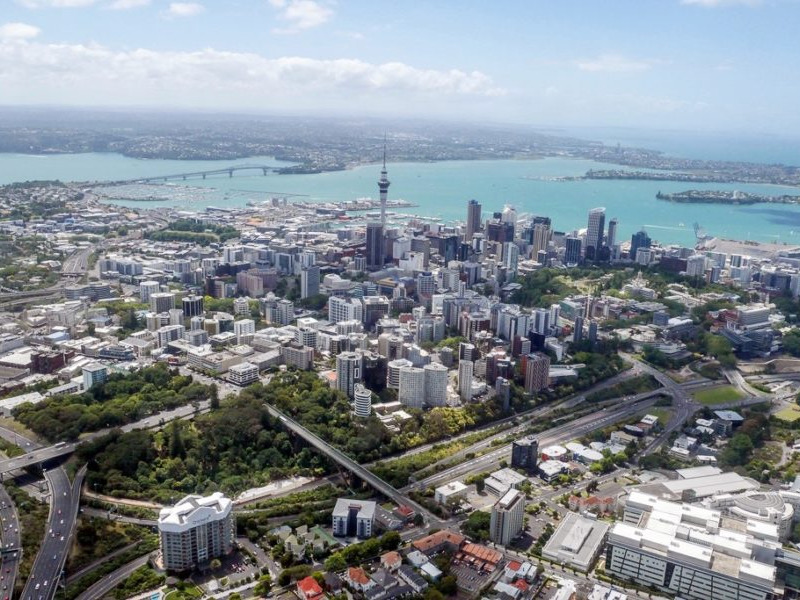
How much food is generated and consumed in Auckland?

The second New Zealand Food Waste Summit is heading to Wellington on 29 September, bringing together players from across the food chain to brainstorm how innovation can reduce food waste while also addressing food security.

Taupō low carbon dairy processing business Miraka will host the United Kingdom Secretary of State for International Trade, Anne-Marie Trevelyan, during the minister’s first visit to Aotearoa New Zealand.
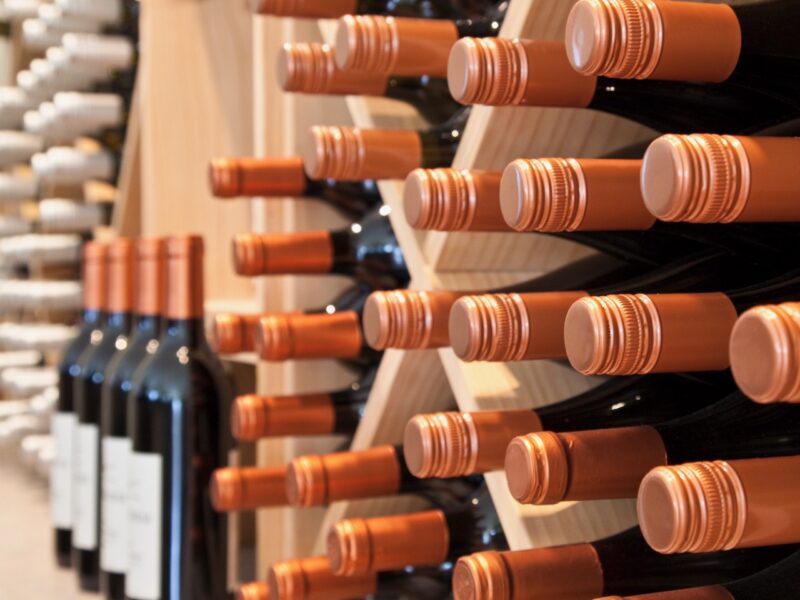
New World has partnered with Plastics New Zealand on a new initiative to help educate children on the importance of recycling and reducing waste to landfill.
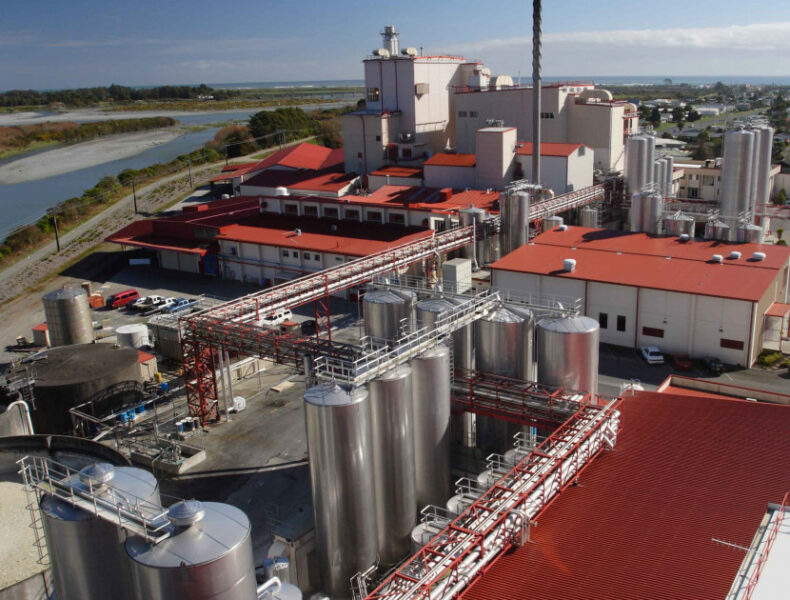
Westland Milk Products has reduced coal consumption at its Hokitika plant by 20% in the 2021-2022 season compared to the previous year.
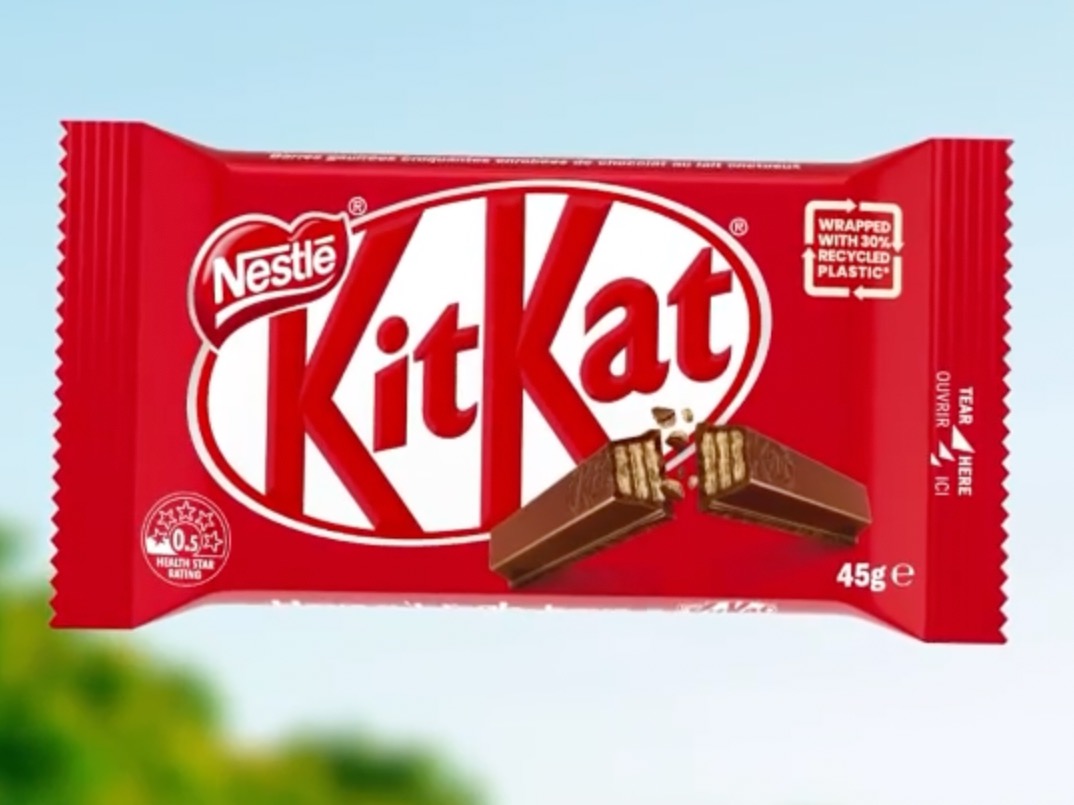
The KitKat chocolate bar is getting a new wrapper using 30% less virgin plastic – pipping rival Mondelēz to the post with what it claims is a New Zealand first.

The Aotearoa Circle’s Seafood Adaptation Strategy has announced an multi-stakeholder Implementation Group for the implementation phase of the Seafood Sector Adaptation Strategy
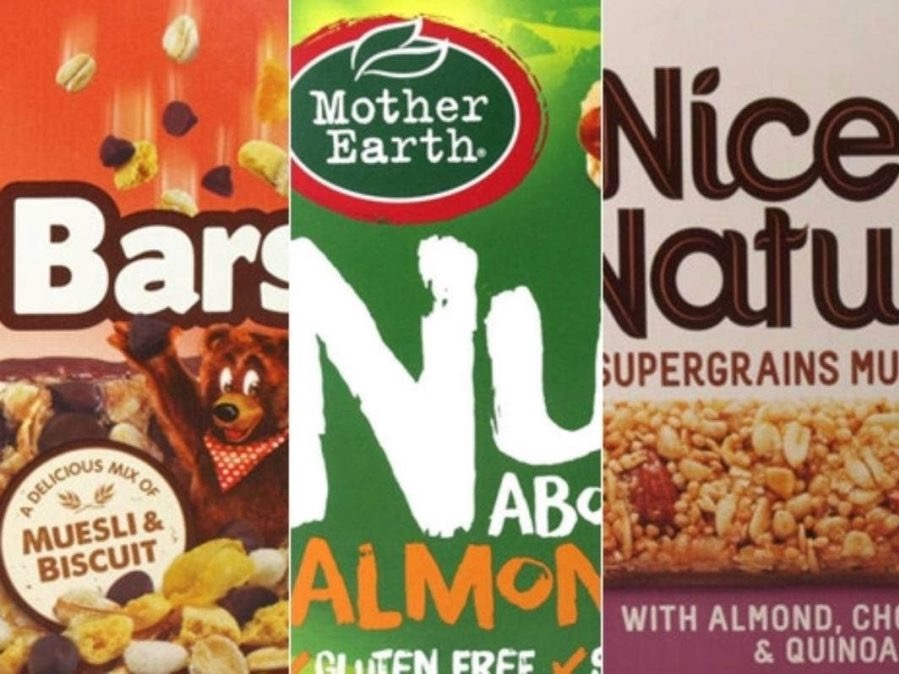
A Dunedin startup and researchers from Oxford University are separately devising eco-labelling algorithms – with the NZ venture starting with the muesli bar category.
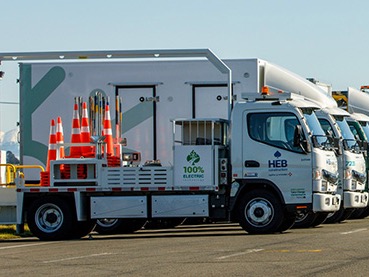
Bidfood, Halls, PBT Transport and Toll New Zealand are among a group of companies taking part in Christchurch City Council emission-reduction projects using FUSO eCanter fully electric trucks.
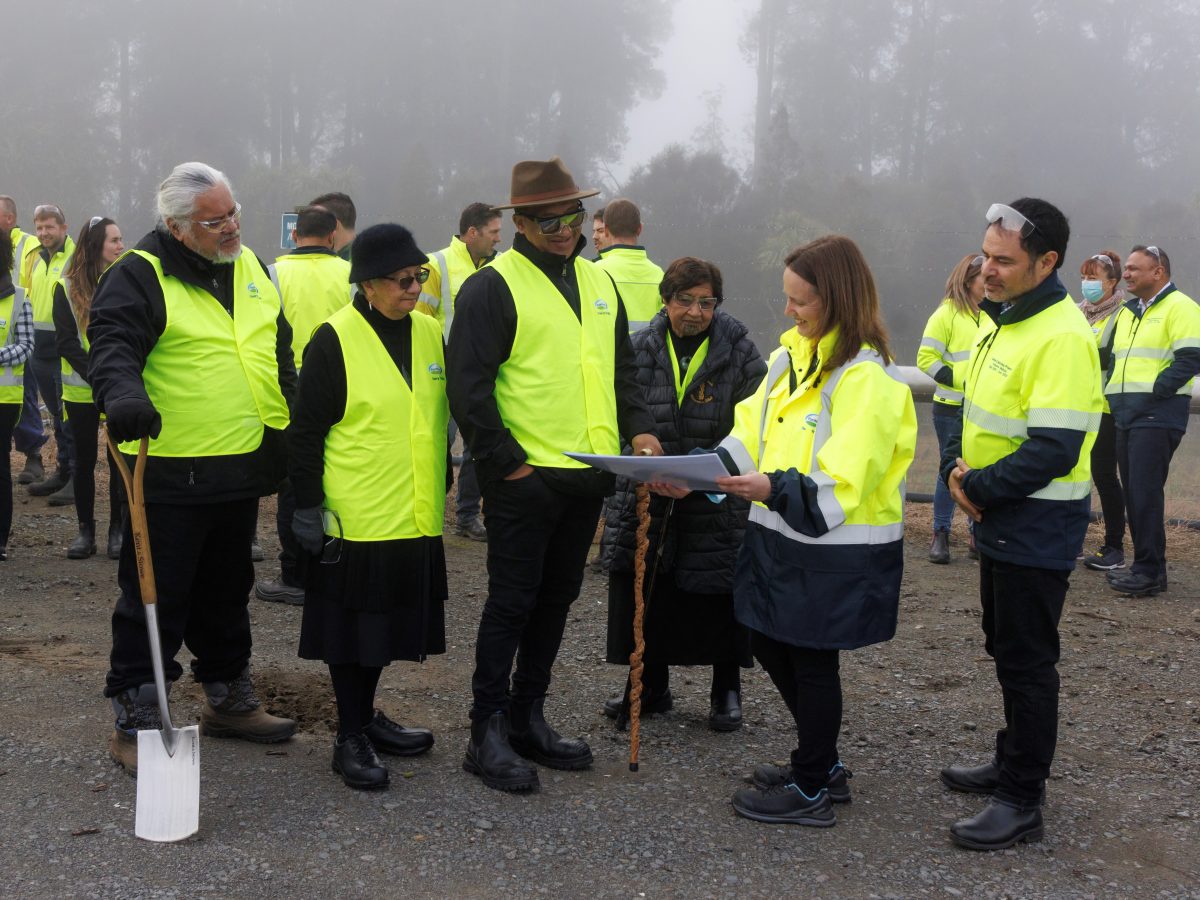
Subscribe now to enjoy unlimited access to Food Ticker, New Zealand’s new food and beverage industry trade daily. Thank you for visiting Food Ticker. Click here for our subscription packages. We MORE »
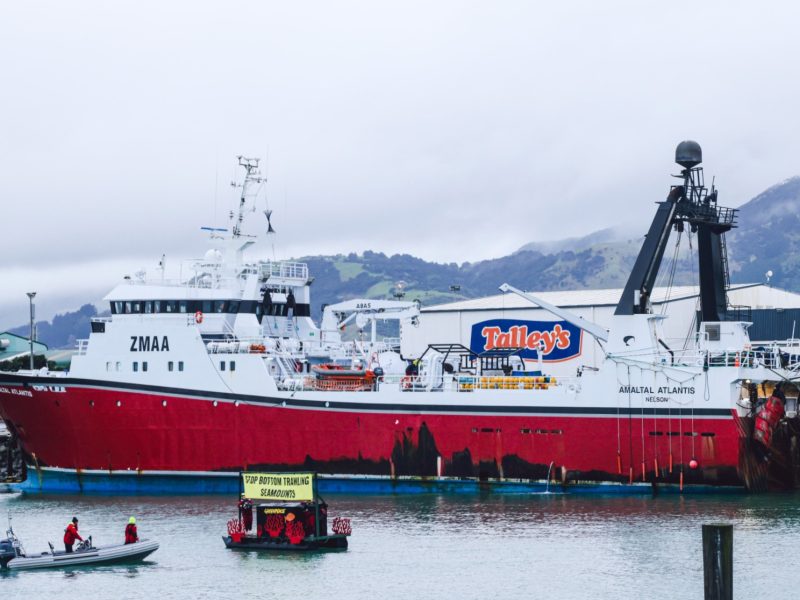
A Talley’s ship was blocked from leaving Port Nelson on Saturday by Greenpeace protesting in opposition to the company’s continued bottom trawling on seamounts.
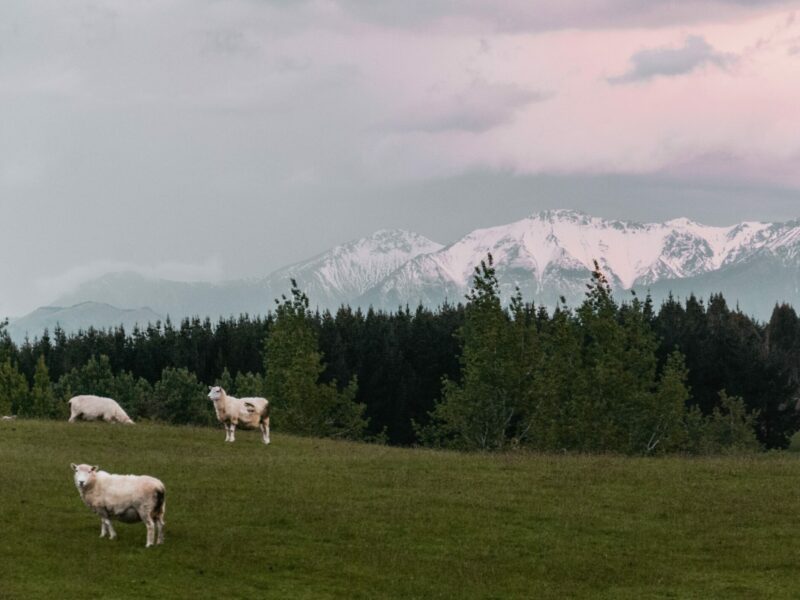
The government is co-investing in a $22m programme aimed at significantly reducing agricultural greenhouse gases and nitrate leaching, Agriculture Minister Damien O’Connor announced.
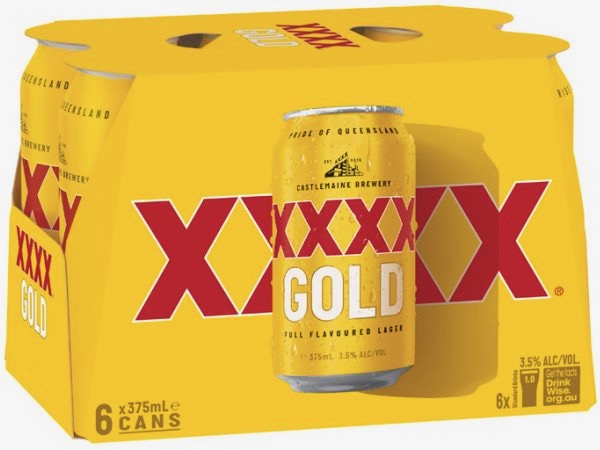
Lion New Zealand is shrink-wrap free, but the Australian business has had to push out its phase-out by two years due to supply chain disruption.

Food rescue app Foodprint has expanded launching in Christchurch on Monday 25 July.

Southern Pastures and its consumer brand Lewis Road Creamery has made the shortlist for the World Sustainability Awards 2022.

Countdown’s pilot project to remove single-use plastic produce bags starts in 19 stores today, adding to the Metro Herne Bay store, which opened without the bags in late June.

The government is moving to limit the allocation of free credits under the Emissions Trading Scheme from 2024.

University of Otago’s Food Waste Research will next week be hosting the Prime Minister’s Chief Science Advisor, Dame Juliet Gerrard, and her team for a two day visit.

The government has become a supporting member of ANZPAC Plastics Pact, a voluntary platform addressing plastic packaging.
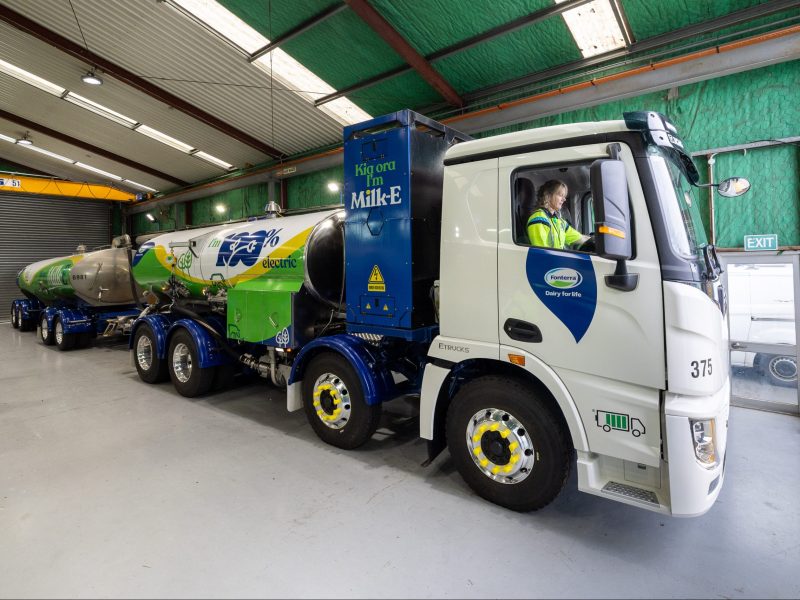
New Zealand’s first electric milk tanker has been officially launched by Minister for Energy and Resources Megan Woods in Morrinsville.
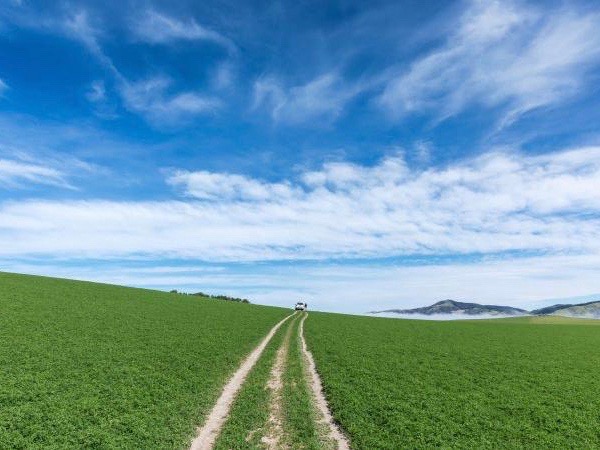
The annual funding round for the Ministry for Primary Industries’ Greenhouse Gas Inventory Research fund opens today, 14 July, with $2.1m on offer.
A new partnership between the New Zealand Food & Grocery Council and the Australian Packaging Covenant Organisation is set to increase the recycling of packaging in Aotearoa.
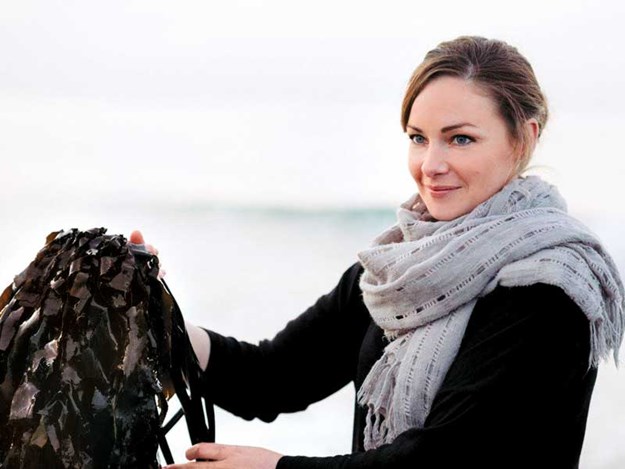
The newly established Aotearoa New Zealand Seaweed Association will hold its first annual general meeting on 7 October.
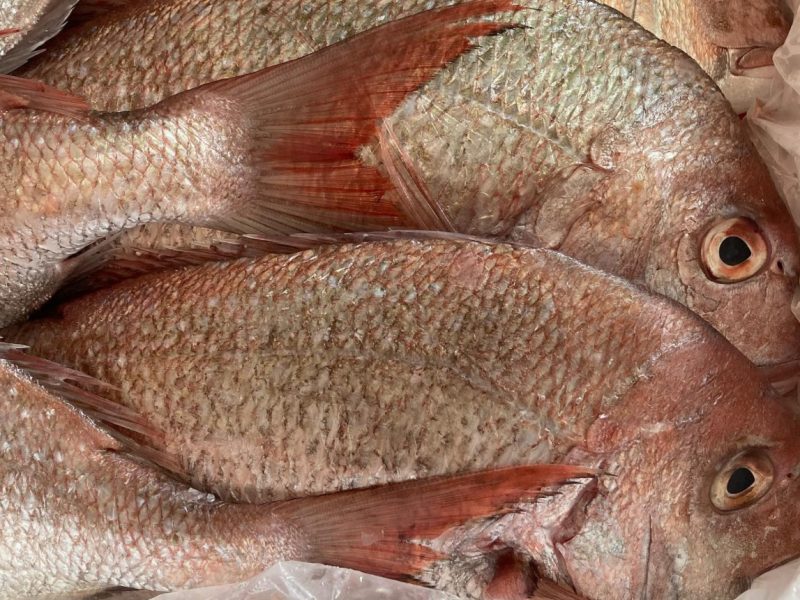
The sustainable seafood distribution business has been bought by its former national sales manager, chef Martin Bosley.

The government, through the Energy Efficiency Conservation Authority, has commenced a pilot scheme lining up a number of banks to provide green loans to co-funding big decarbonisation projects.

The Climate Change Commission said eligible farmers can be ready to effectively participate in a basic farm-level system by the 1 January 2025.

Zespri will run a carbon-neutral trial on SunGold kiwifruit from June 2022 over two full seasons, with the fruit set to hit shop shelves in Europe for a targeted sales trial in 2024.
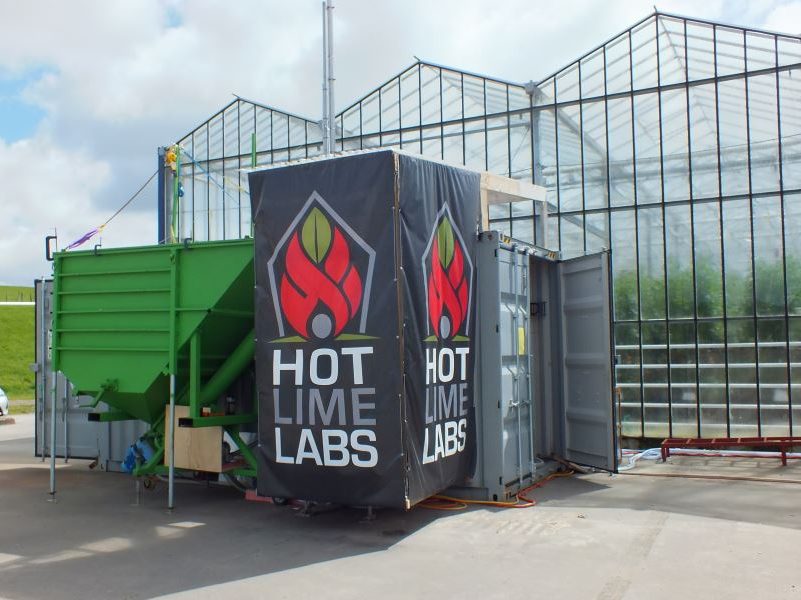
Booster has added a stake in Hot Lime Labs to its innovation fund portfolio with a $361,000 investment into the startup.
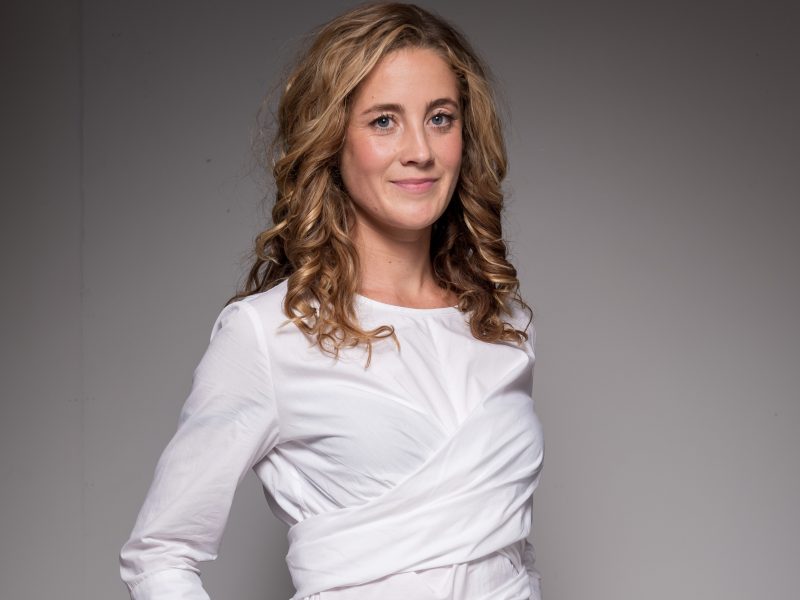
Food and beverage industry appointments and people moves for the week to 1 July.

Countdown is starting a pilot that will remove single-use plastic produce bags from 19 stores from 25 July, taking the total to 20 stores after Metro Herne Bay opened without them last month.
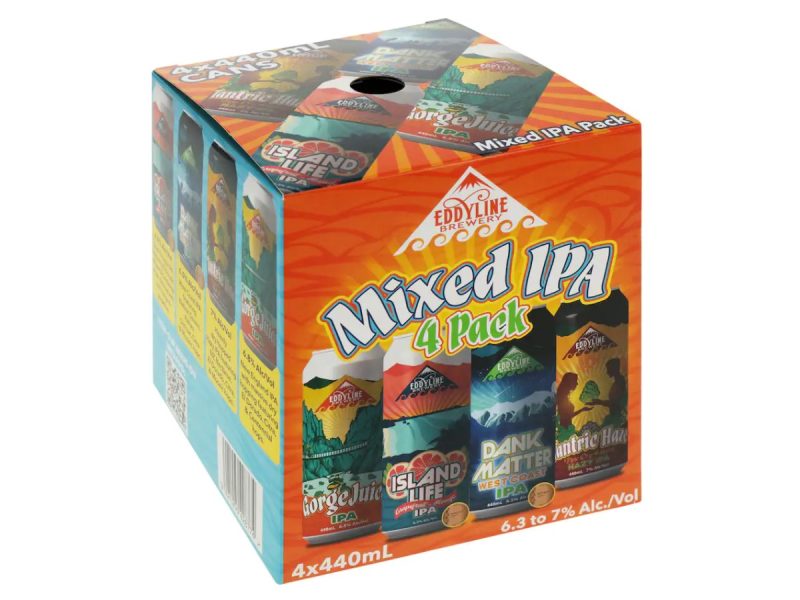
The investment will see the Nelson brewer capture and re-use its CO2 emissions, giving it surety of supply and reducing its carbon footprint.
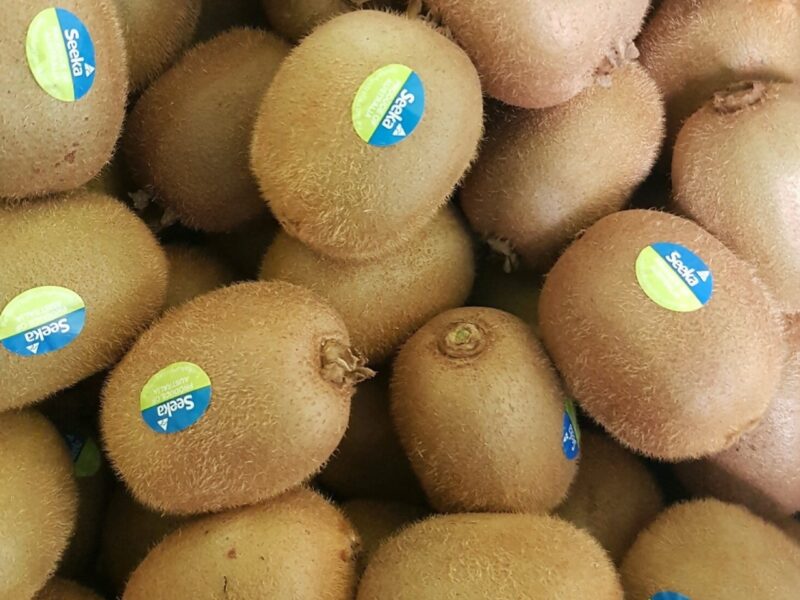
Listed kiwifruit company Seeka says it will reduce its carbon footprint by 30% by 2025, 50% by 2030, and be net zero carbon by 2050.

New Zealand Trade and Enterprise, Te Taurapa Tūhono, has released its first Sustainability Report, detailing its support for export businesses to adopt sustainable approaches as well as its pursuit of sustainability in its own operations.
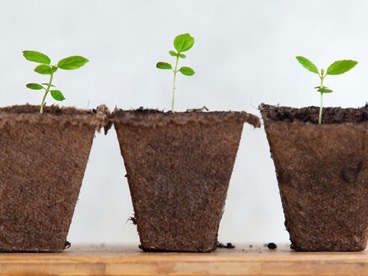
Entries are now open for the 2022 Sustainable Business Awards.
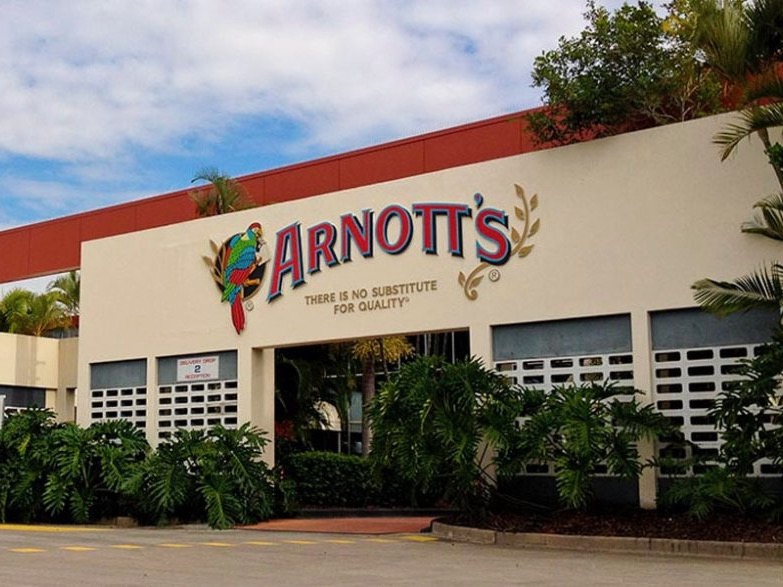
Arnott’s has developed plans to install renewable solar power systems across its biggest sites in Australia, as well as its head office.

The government’s release of the Indigenous Biodiversity National Policy Statement exposure draft legislation is badly timed and ill-considered, according to Beef + Lamb New Zealand.

The partnership says its proposal will help farmers and growers transition to lower-emissions food production while maintaining viable businesses.

A study of nitrate pollution looks at the industry’s impact on fresh water.
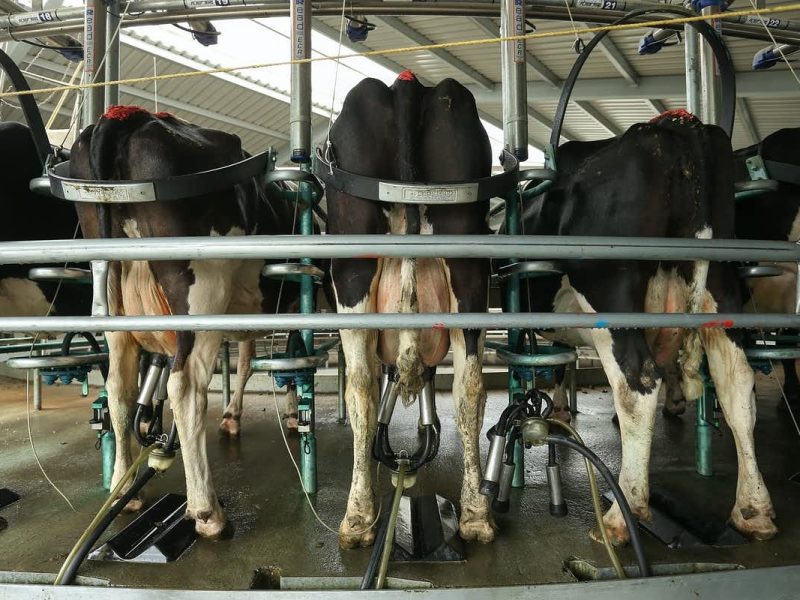
Greenpeace is calling for the phasing out of synthetic nitrogen fertiliser and a reduction in dairy stocking rates following the publication of research into the affect of dairy farming on water in Canterbury.

Seafood New Zealand says it is still seeking answers from the government to “the most important questions” around the technology and costs involved in the roll-out of cameras on commercial inshore fishing vessels.

New Zealand’s primary sector contributed the most to the country’s total emissions in 2020, coming in at 55%, but it added the smallest amount to GDP at 6.5%, according to data from Stats NZ.
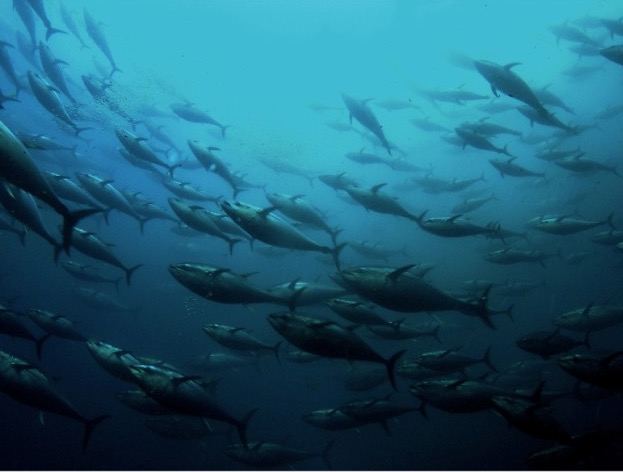
Sealord wants its ‘Seamounts Count’ proposal to protect seamount marine life to become a twin policy of New Zealand’s world-leading 35-year-old Fish Quota Management System.
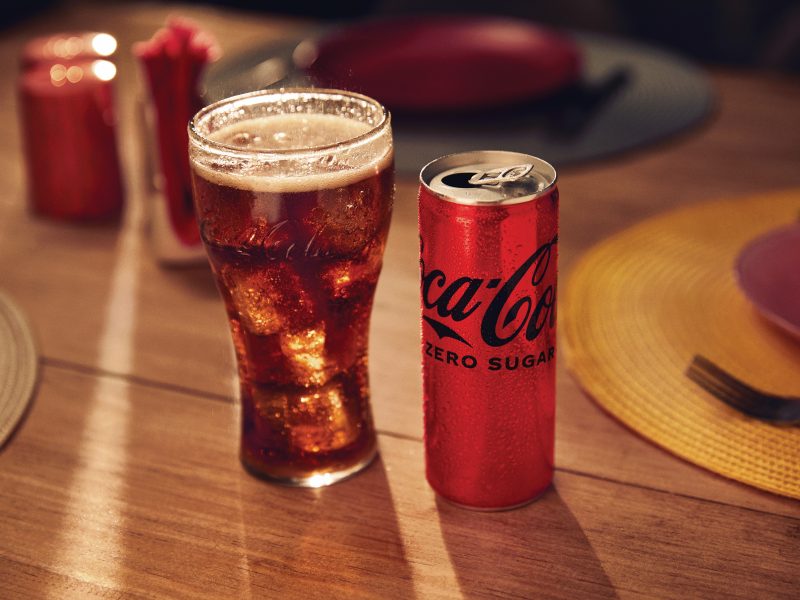
The two F&B giants are changing products and packaging in NZ to deliver on health and sustainability targets.
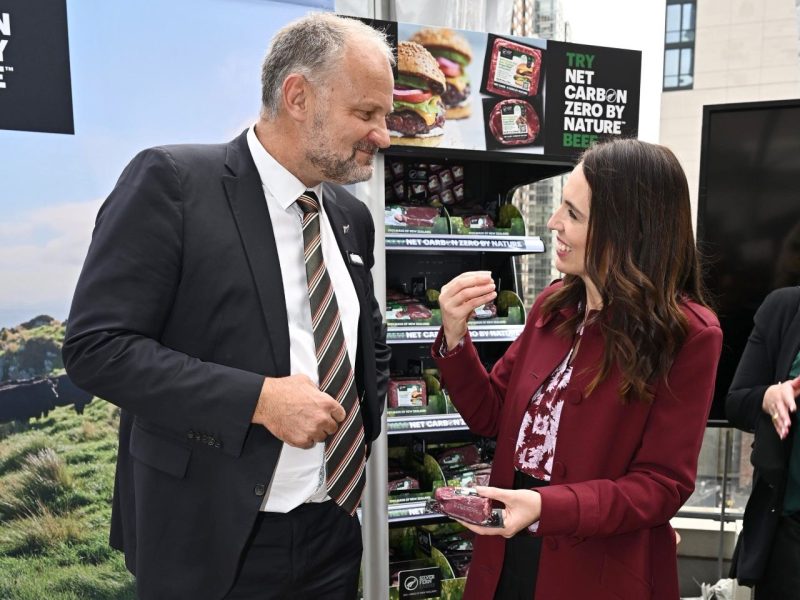
PM Jacinda Ardern attended the New York launch of Silver Fern Farms’ USDA-approved Net Carbon Zero By Nature 100% Grass-Fed Angus Beef.
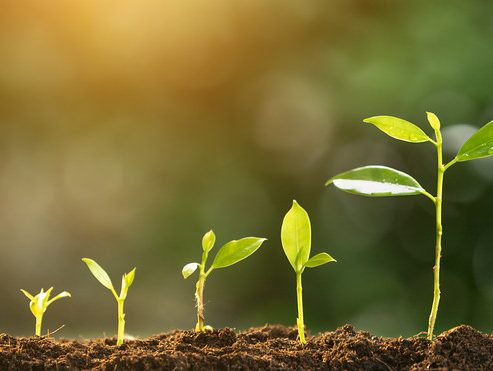
Applications are now open for Countdown’s Growing for Good grants which puts $50,000 of funding up for grabs for students to combat climate change.

The Zero Waste Network and The Kiwi Bottle Drive have welcomed the government’s Container Return Scheme proposal for the breadth of materials included, that is plastic, aluminum, glass and liquid packaging board.
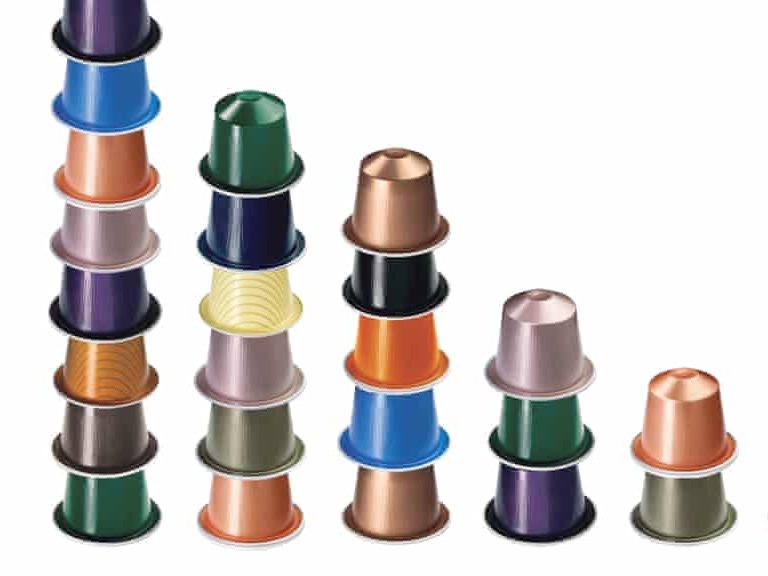
Nestlé’s coffee capsule brand Nespresso has achieved global certification as a B Corp.
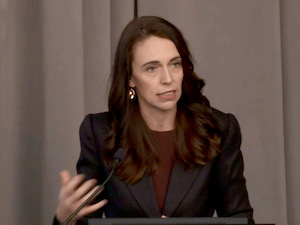
Japan and New Zealand have pledged to better understand respective priorities in agriculture, fisheries, forestry and food systems and build a closer partnership through collaboration on new ideas, technologies and solutions to common challenges.
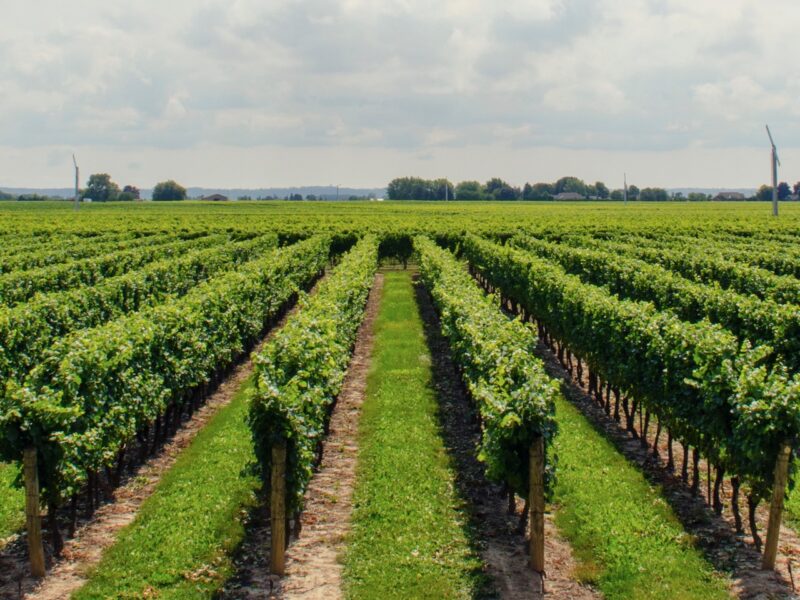
New Zealand Winegrowers says more than 96% of all vineyard area in New Zealand is now certified as sustainable, with 10% of wineries holding organic certification.
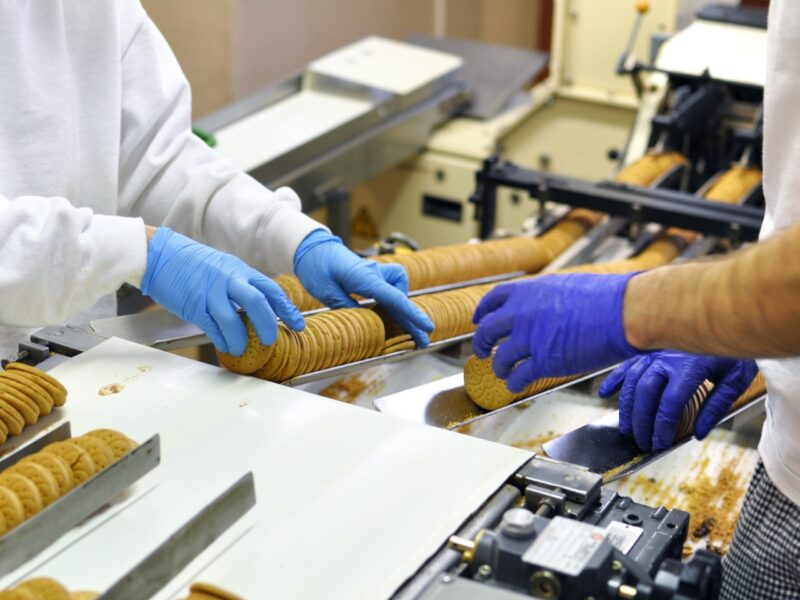
The Ministry for the Environment has issued its 2022 guide for organisations to measure and report on emissions.

Rural Delivery takes a look at Tasman Bay Food Co’s sustainability practices.
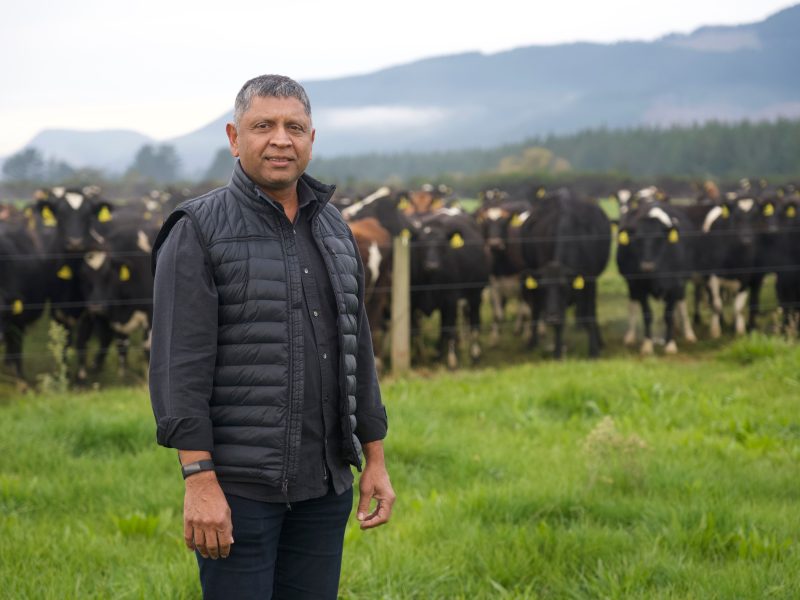
In the face of other challenges, some have put their environmental policies on the backburner but that is dangerous short-term thinking, writes Southern Pastures’ Prem Maan.
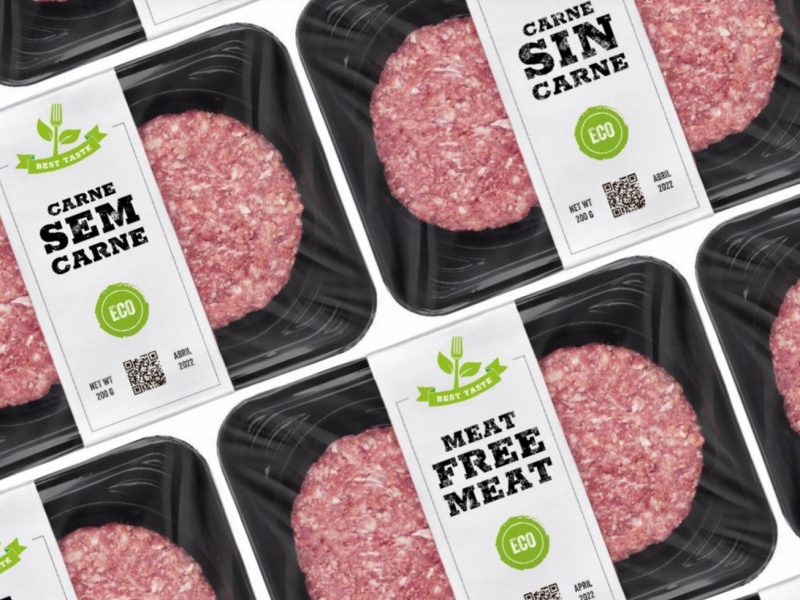
“What’s really needed is to transform our whole food systems, not the product,” according to IPES-Food.
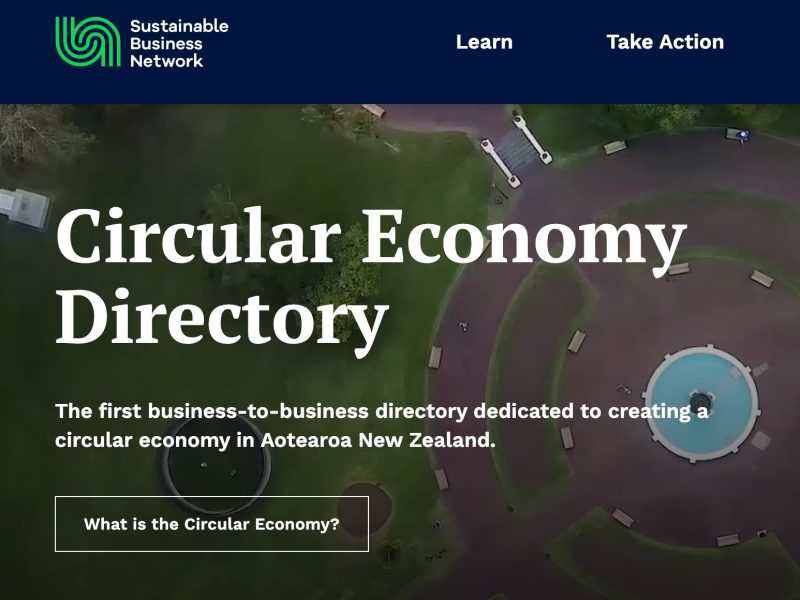
A new online business-to-business Circular Economy Directory has been launched by the Sustainable Business Network.

New Zealand Trade and Enterprise has released new resources on sustainable packaging for exporters, in response to global trends and requirements for businesses to reduce waste and non-renewable material use.
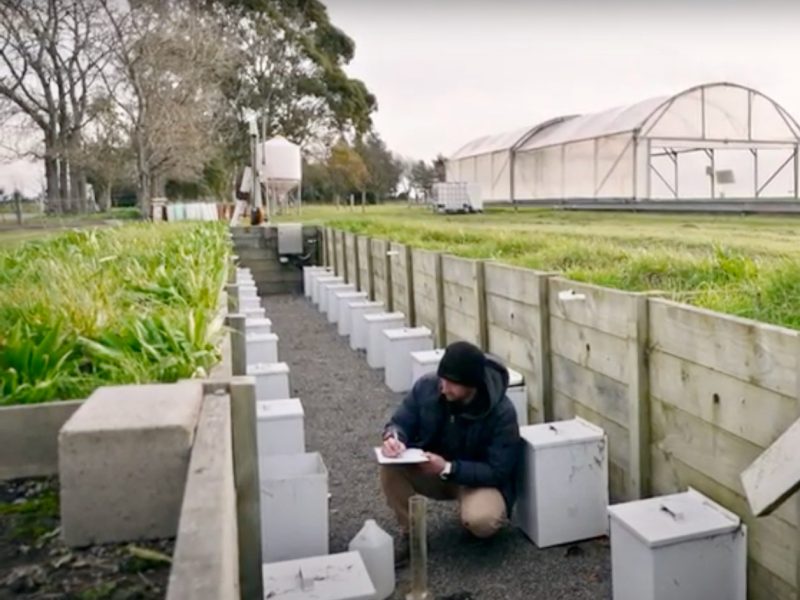
Potatoes NZ takes a look at the Sustainable Vegetable Systems Project, which aims to protect water quality in vegetable growing systems.

Shrimp: a sustainable catch? From Financial Times’ Food Revolution series

Zespri has created a board specifically to focus on its sustainability goals.
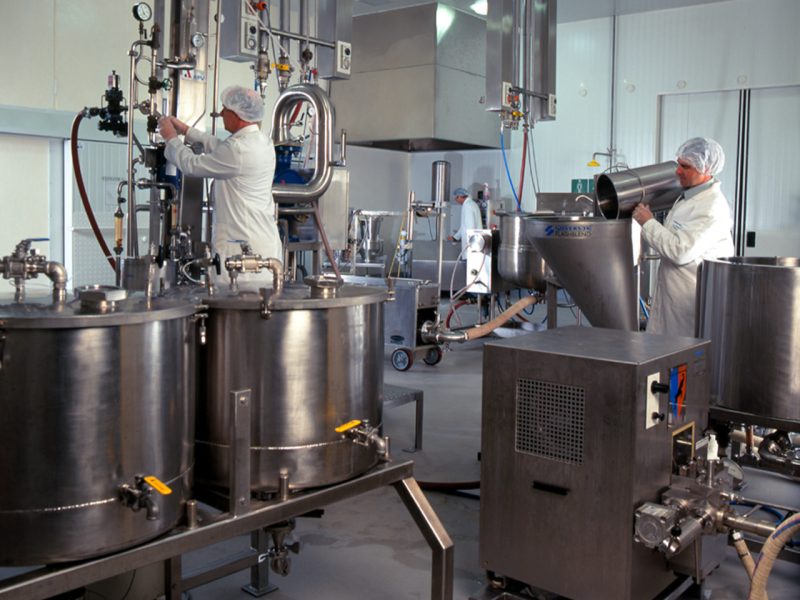
New Zealand’s expertise in sustainable food systems has been highlighted at Expo 2020’s Food, Agriculture and Livelihoods Business Forum in Dubai.
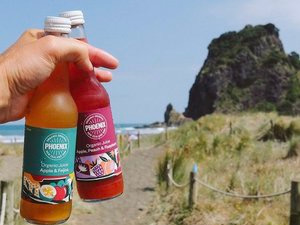
Asahi Beverages has released new sustainability targets for its New Zealand and Australian operations.
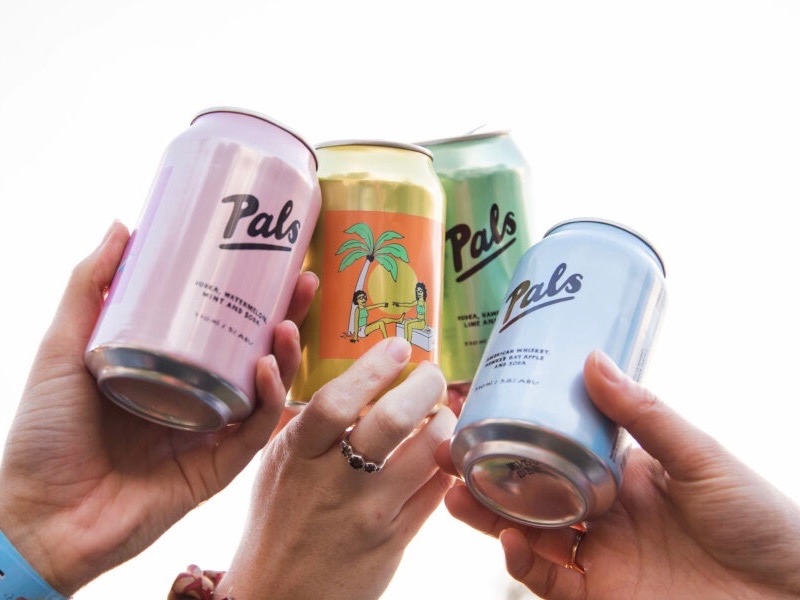
Beverage business Pals says its has offset its unavoidable emissions by 125% through funding New Zealand native forest projects and International Gold Standard clean technology initiatives.

Food producers are increasingly putting sustainability at the core of their business but feeding populations must be a partnership between the private sector and government, says Food Industry Asia executive director Matt Kovac.
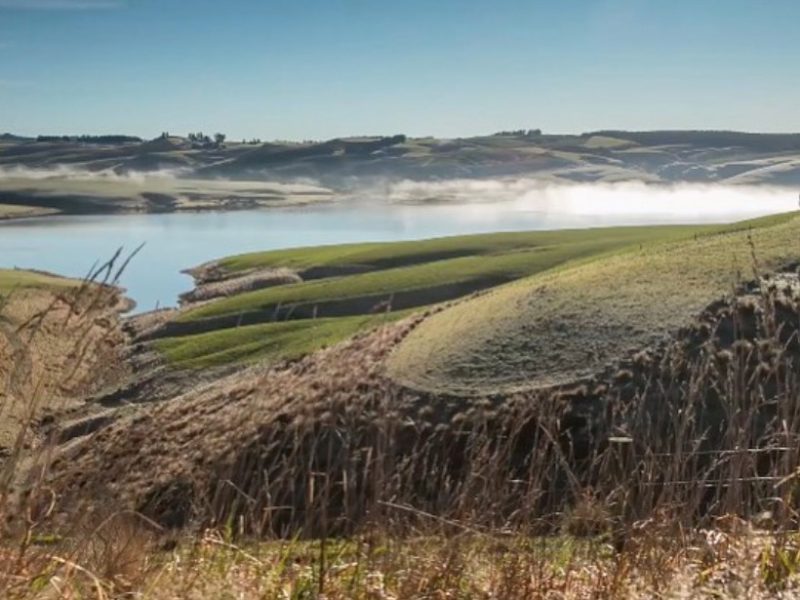
New Zealand’s biggest farming business Pāmu is borrowing $85m from Westpac via a three-year sustainability-linked loan.
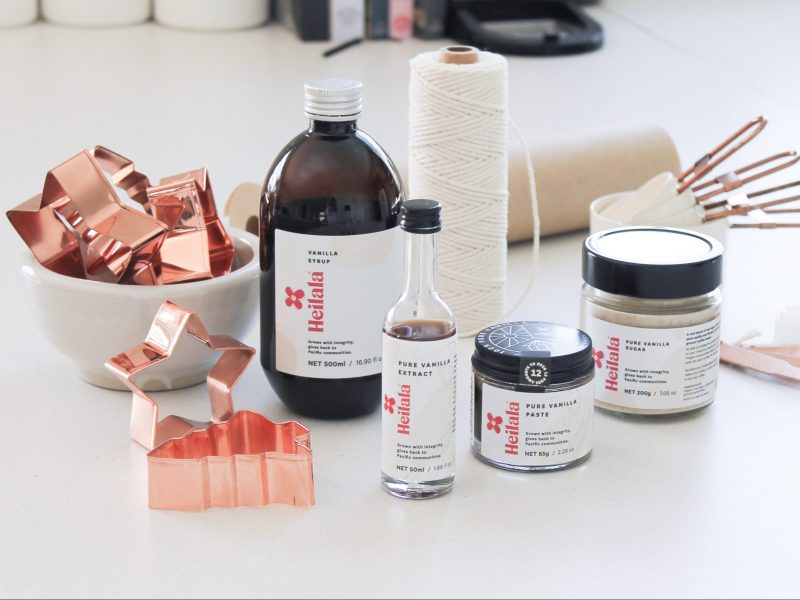
With housebound consumers picking up the pinny, the global vanilla extract exporter has seen its channels change and sales lift.

Silver Fern Farms co-chair Rob Hewett has announced four key sustainability goals at its annual farmer conference in Wellington.

New Zealand’s two major supermarket groups say they are already taking steps to transition away from unnecessary and unwanted plastic use ahead of the government’s new measures to clamp down on single-use and difficult-to-recycle plastic by 2025.

The Sustainable Food and Fibre Futures fund is contributing $8.98m to a $22.23m project to investigate plantain’s potential to help farmers protect waterways and improve freshwater quality.
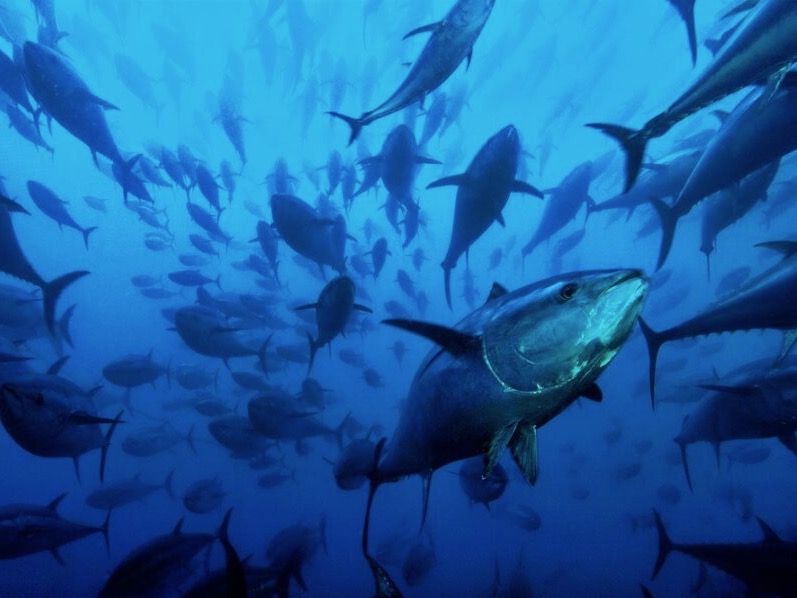
The Riddet Institute is today hosting Feed our Future: A New Zealand Sustainable Food Systems Dialogue.
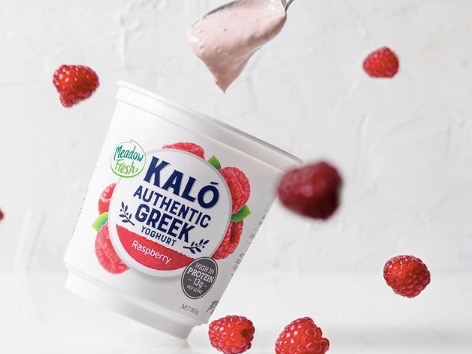
Food giant Goodman Fielder has introduced a new sustainability strategy that will see it use 100% recyclable packaging by 2025 and halve its food waste by 2030.

European consumers are keen to hear about the sustainability of NZ produce, writes NZTE’s regional director of Europe, Alison Adams.

Royal Canin has launched a recycling programme to reduce the environmental impact of pet food bags and pouches.
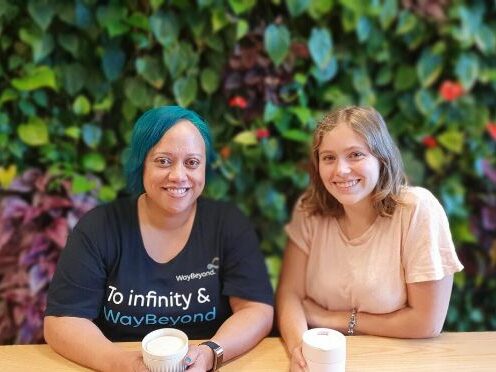
Agtech firm WayBeyond is taking up the sustainability challenge for Earth Day 2021.
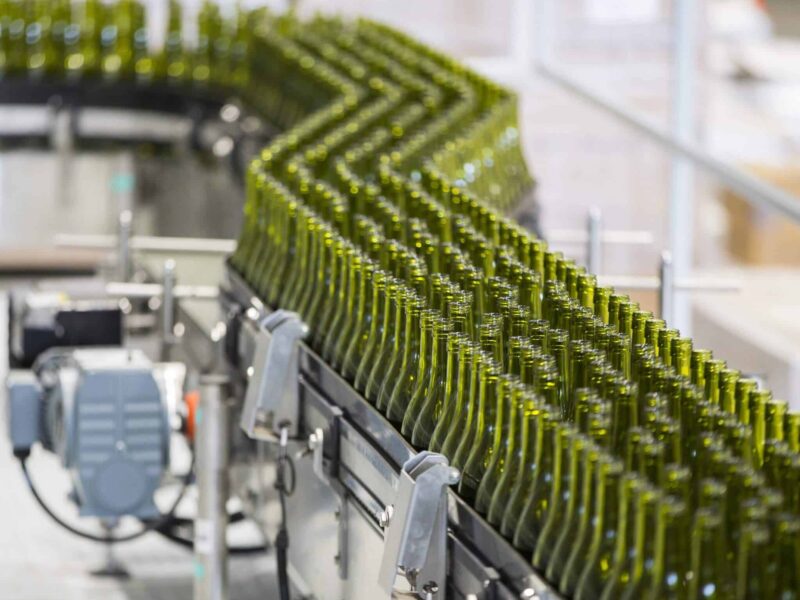
WineWorks is now a certified Toitū carbonzero business.
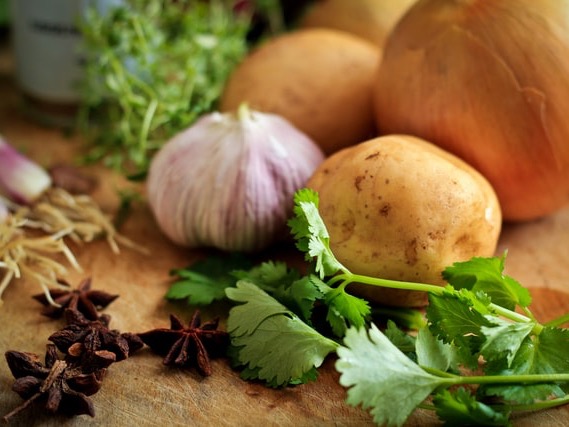
Te Pūtahitanga o Te Waipounamu has launched Kōanga Kai.
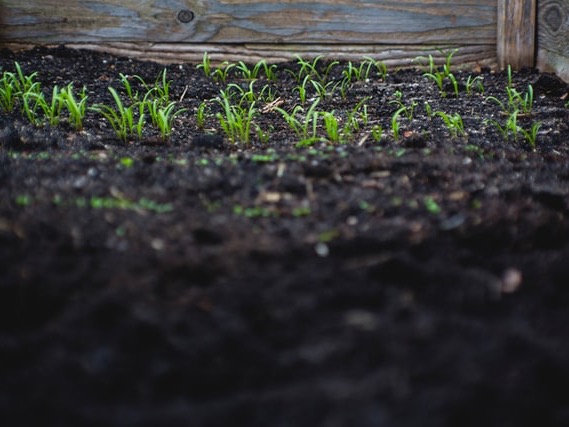
The industry association says horticulture can play a key role in the country’s climate change strategy.
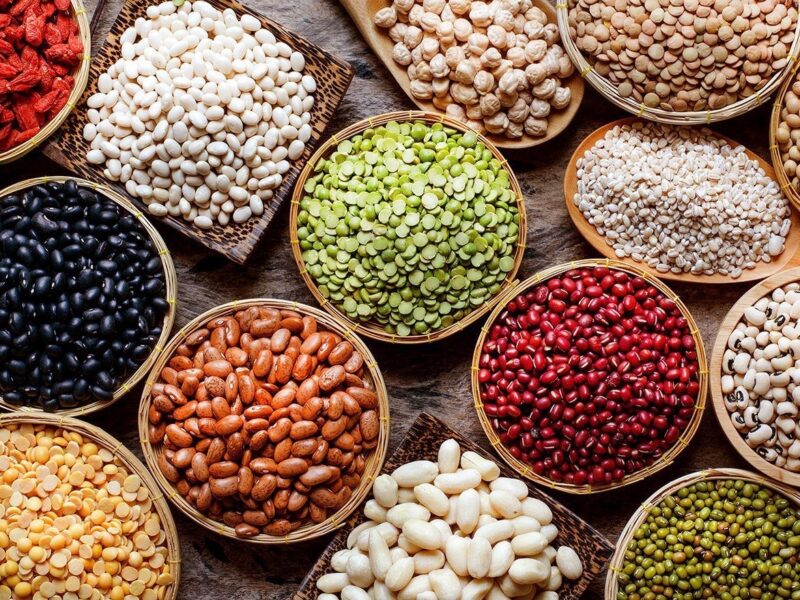
The fast-growing alternative protein market is on track to account for 11% of the global protein market by 2035.

The chief executive of Kiwifruit Vine Health is leaving the biosecurity organisation after three years to take up a top job with the Ministry for Primary Industries.
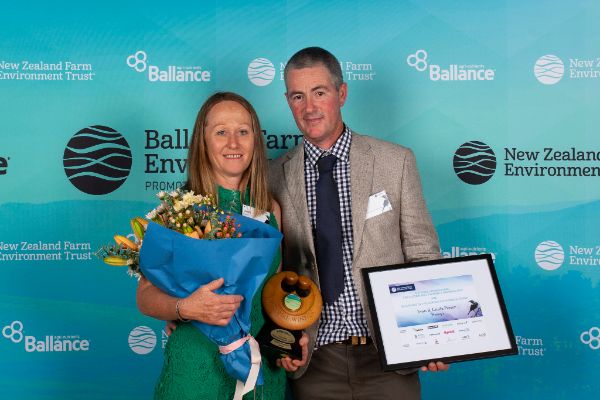
Farmers Linda and Evan Potter have been named new national ambassadors for Sustainable Farming and Growing.
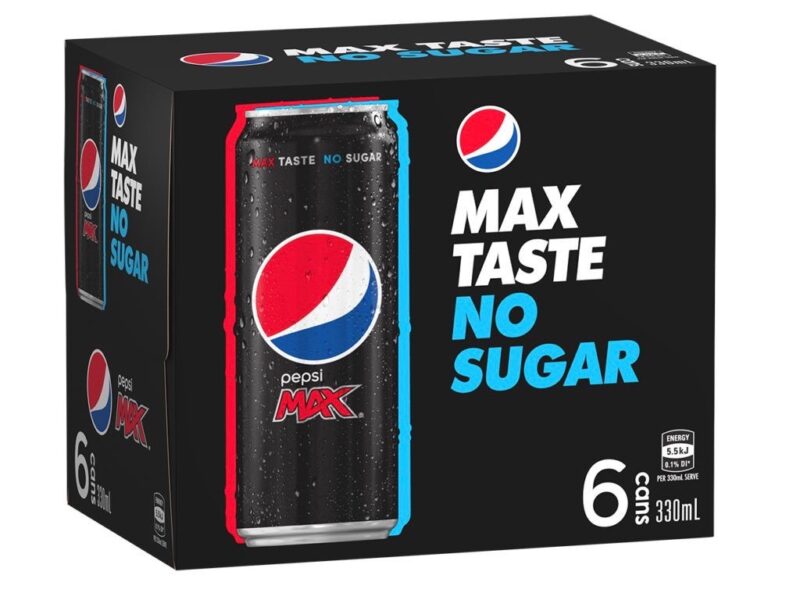
Reducing waste, carbon emissions, water usage, sugar and non-recyclable packaging form the backbone of Frucor Suntory’s ten-year sustainability plans.

Significant investment has set the scene for global demand for insect ingredients, says Rabobank.

Leading NZ food founders launch a new collective to grow the domestic food tech industry with an eye on long-term food stability.
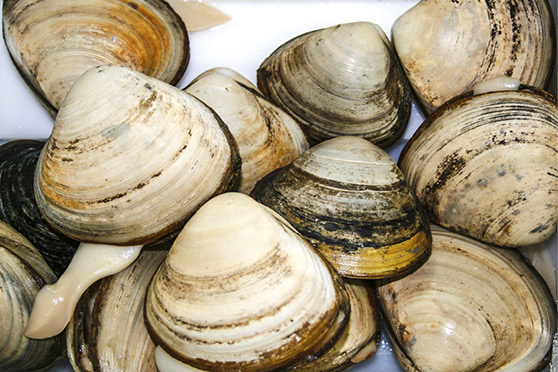
Shellfish supplier Southern Clams has launched a new website to provide information on the seafood products it harvests.
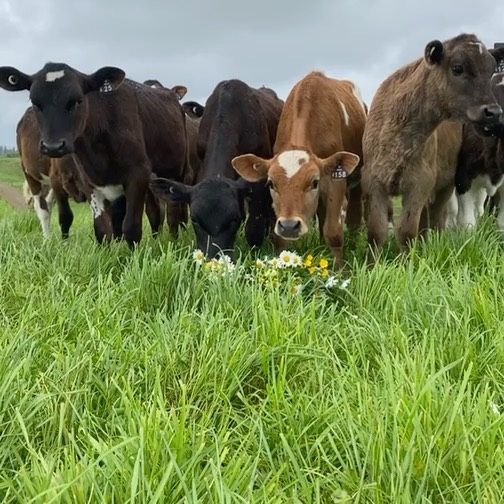
Southern Pastures has entered into a three-year $50m sustainability-linked farm loan with BNZ and its syndicate.
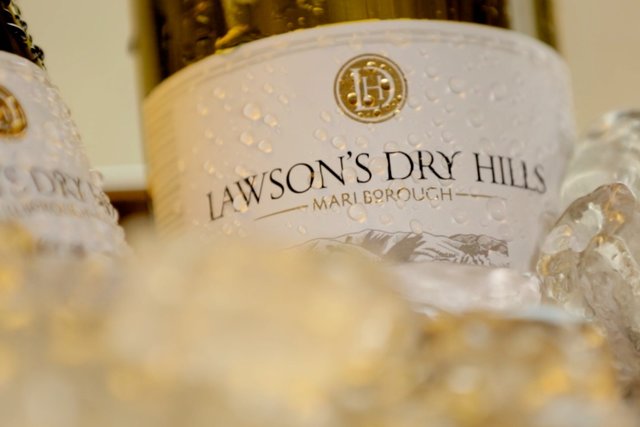
Marlborough wine producer Lawson’s Dry Hill has achieved carbon zero status.

Organisations from around New Zealand are joining calls for a ban on single-use products, as the United Nations Environment Assembly gets set to discuss sustainability.

The new research found leftovers to be the most common food item being thrown out.
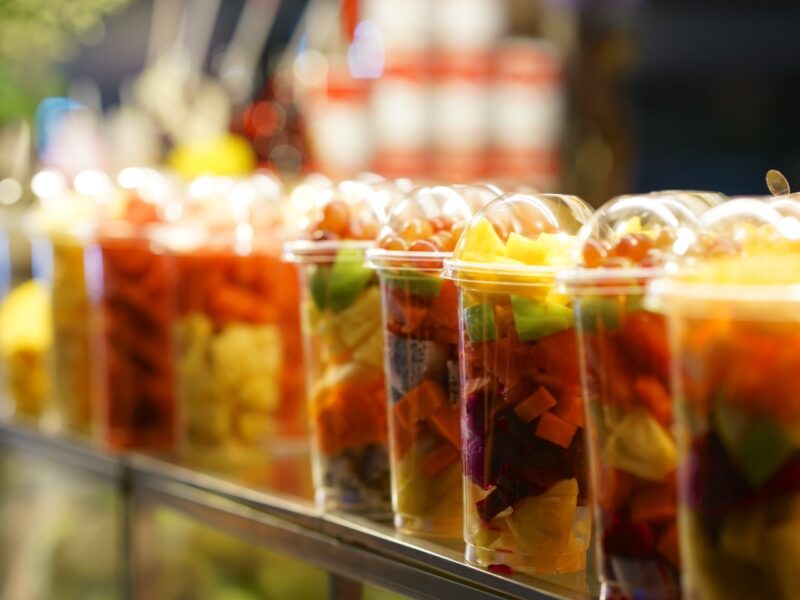
The council urges the Govt to ensure other options are also available.

Zespri has outlined its sustainability strategy to the Sustainable Business Council.

Carol Ward has been appointed chief grower, industry and sustainability officer.
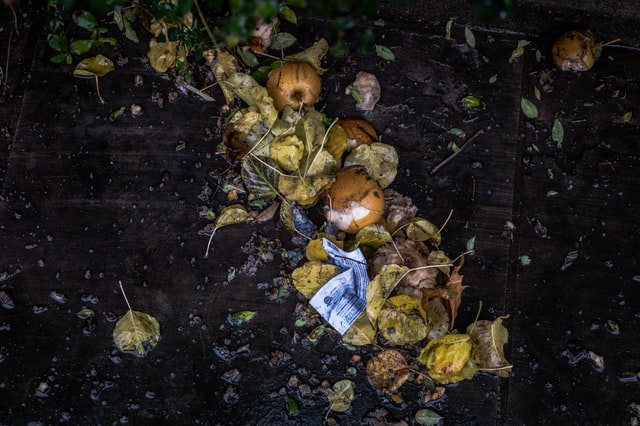
The association says there is “no real solution” for products to be dealt with in homes.
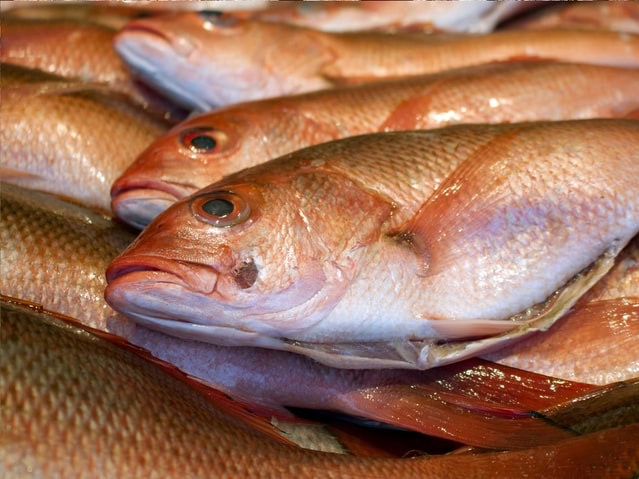
Fisheries New Zealand has opened consultation for its latest sustainability round.

Coca-Cola, Pepsi and Nestlé were named the leading plastic polluters for the third year in a row.

The dairy co-op joins BECA, EECA and Firstgas Group in backing the research.

Just last month the Heart Foundation put out new recommendations, advising Kiwis to eat less red meat.
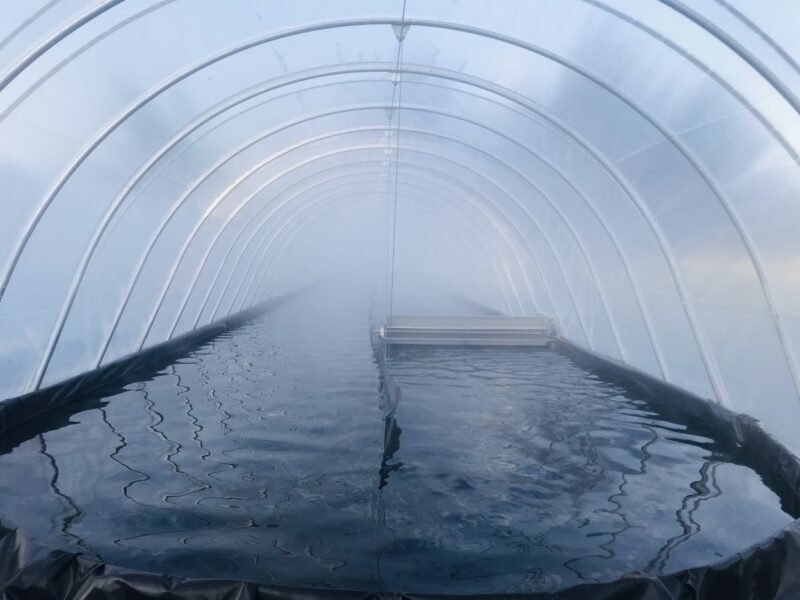
A two-year project will look at the viability of the industry, worth more than $100m to NZ a year.
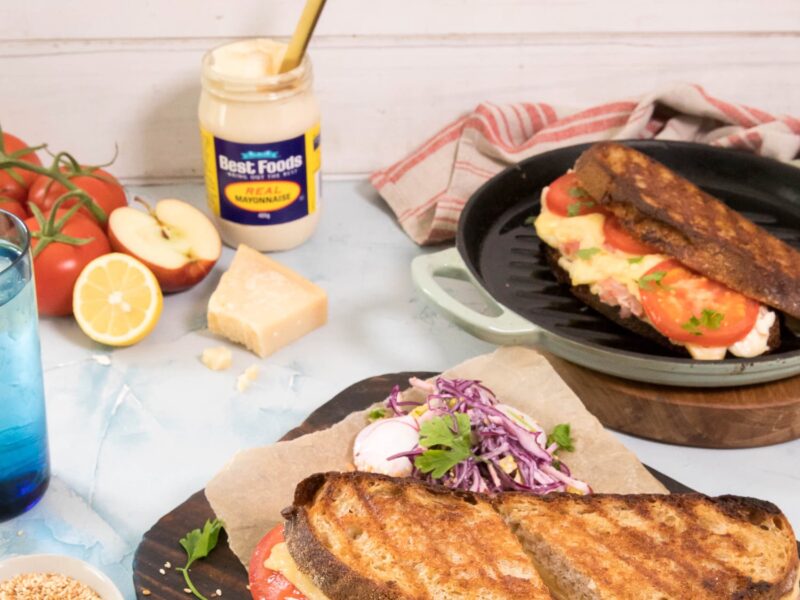
Unilever’s mayonnaise brand aims to shine a light on the $1.17bn worth of food waste in New Zealand every year.

Developing new high-value dairy and nutritional products and two global opportunities identified in the landmark report.
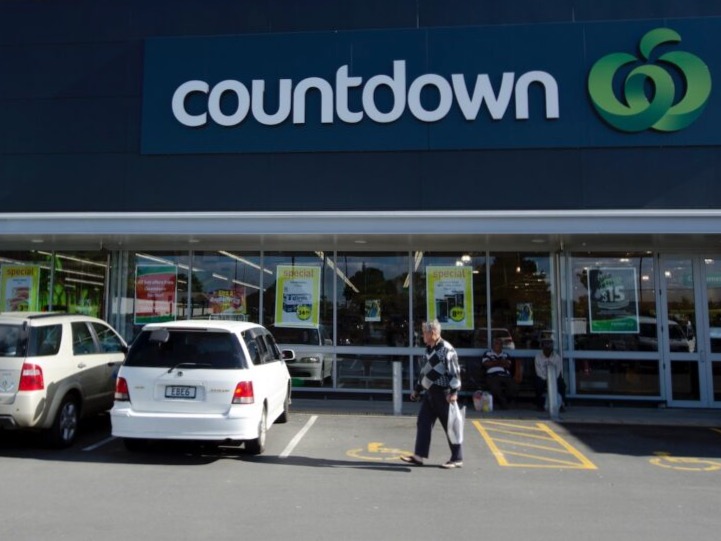
The NZ-owned company has set itself some lofty sustainability and diversity goals.

Canterbury has a new postgraduate school that will focus entirely on food sustainability.
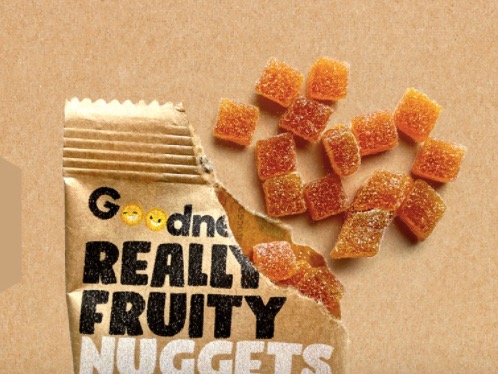
GoodnessMe is replacing some of its plastic packaging with paper.

A reusable cup company has launched its $750,000 crowdfunded equity raise to back an expansion of its cup service, and expand its product range to replace other single-use plastics.

A new policy looks at the issues, including dumping and environmental damage caused by bottom trawling.
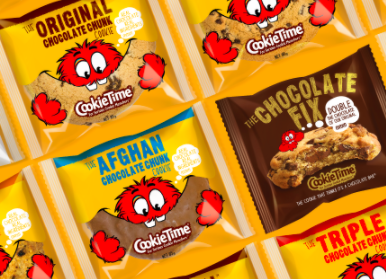
Air New Zealand’s reduced flight schedule meant there was surplus food goods.

The five-day event is being held next month.
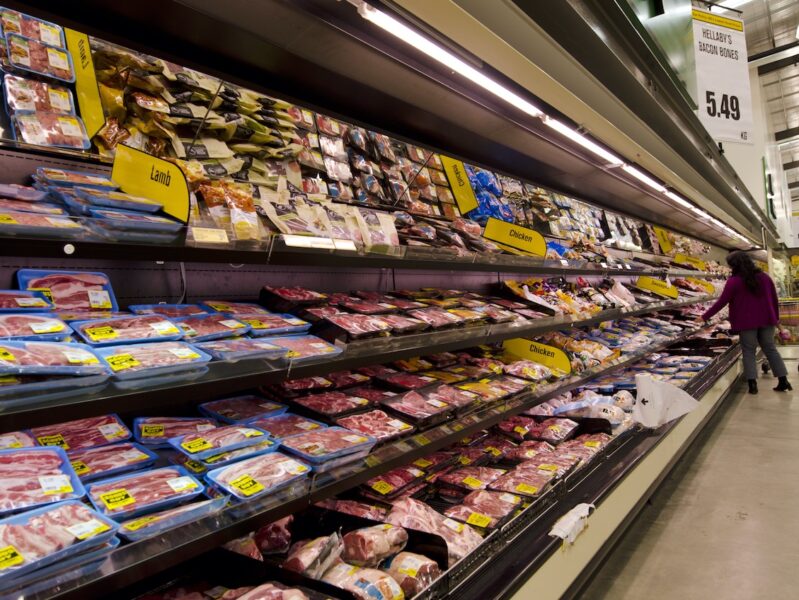
The region must transform its food systems to make them more resilient, according to the Food and Agriculture Organization.

KiwiHarvest is calling on New Zealanders to waste less and donate food to local organisations

The party pledges support for the food sector including help to modernise the fishing industry.
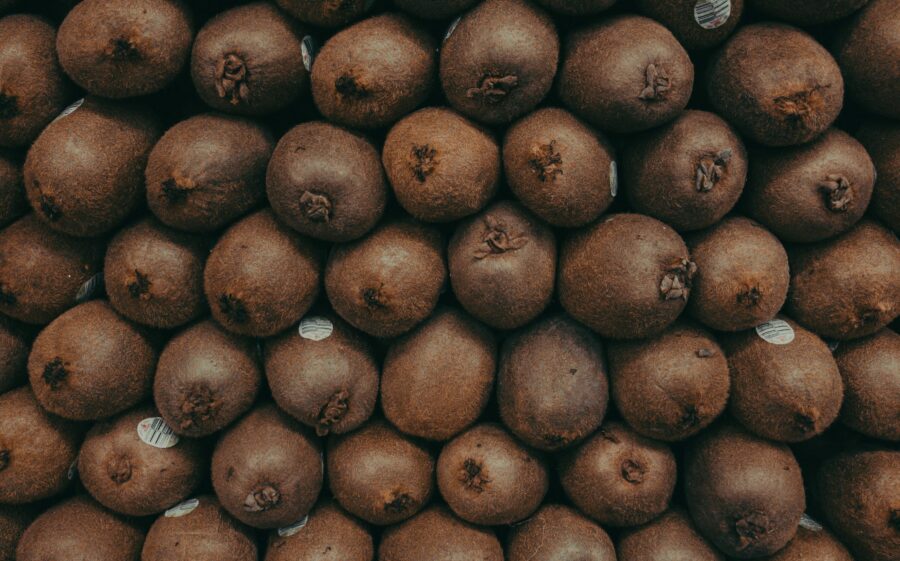
Zespri says it is placing further focus on the “critical” role of innovation and realigning its business towards growth.
© 2024 Business Media Network Ltd
Website by Webstudio